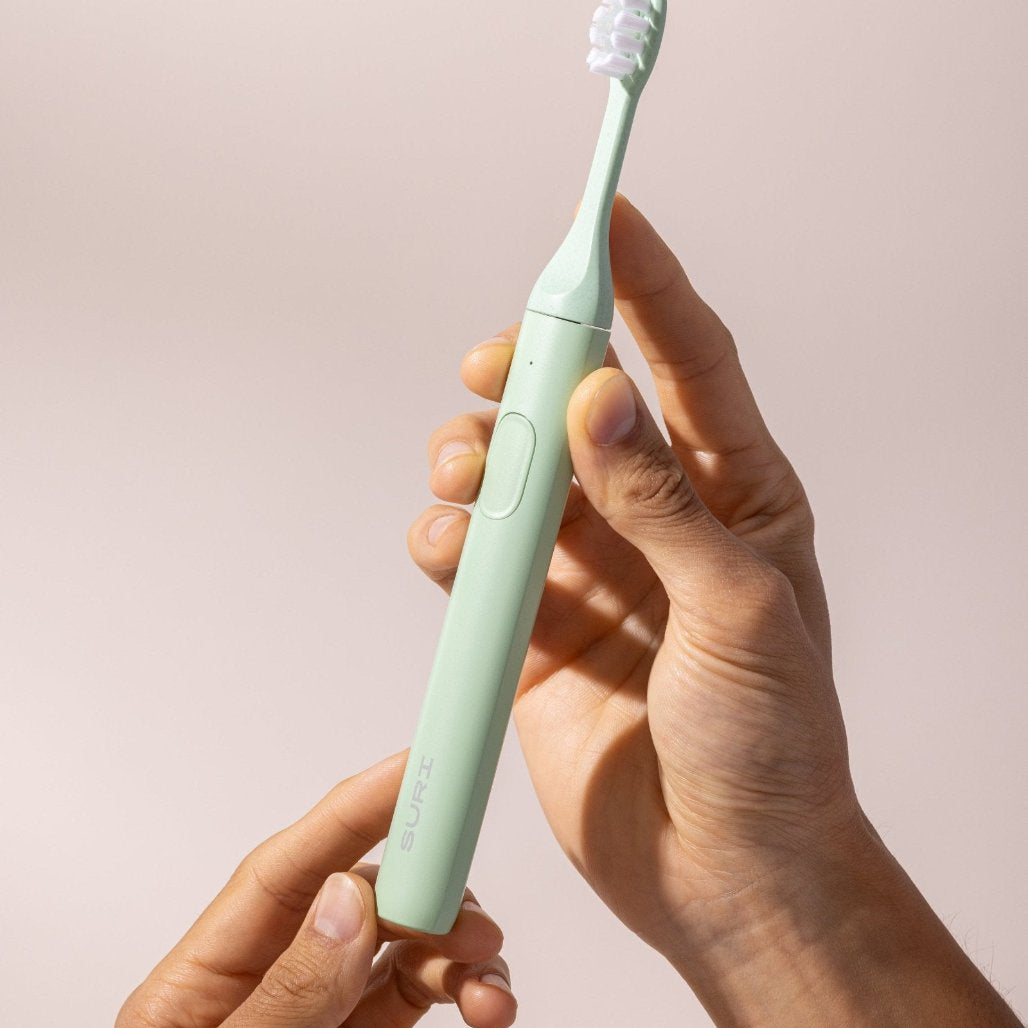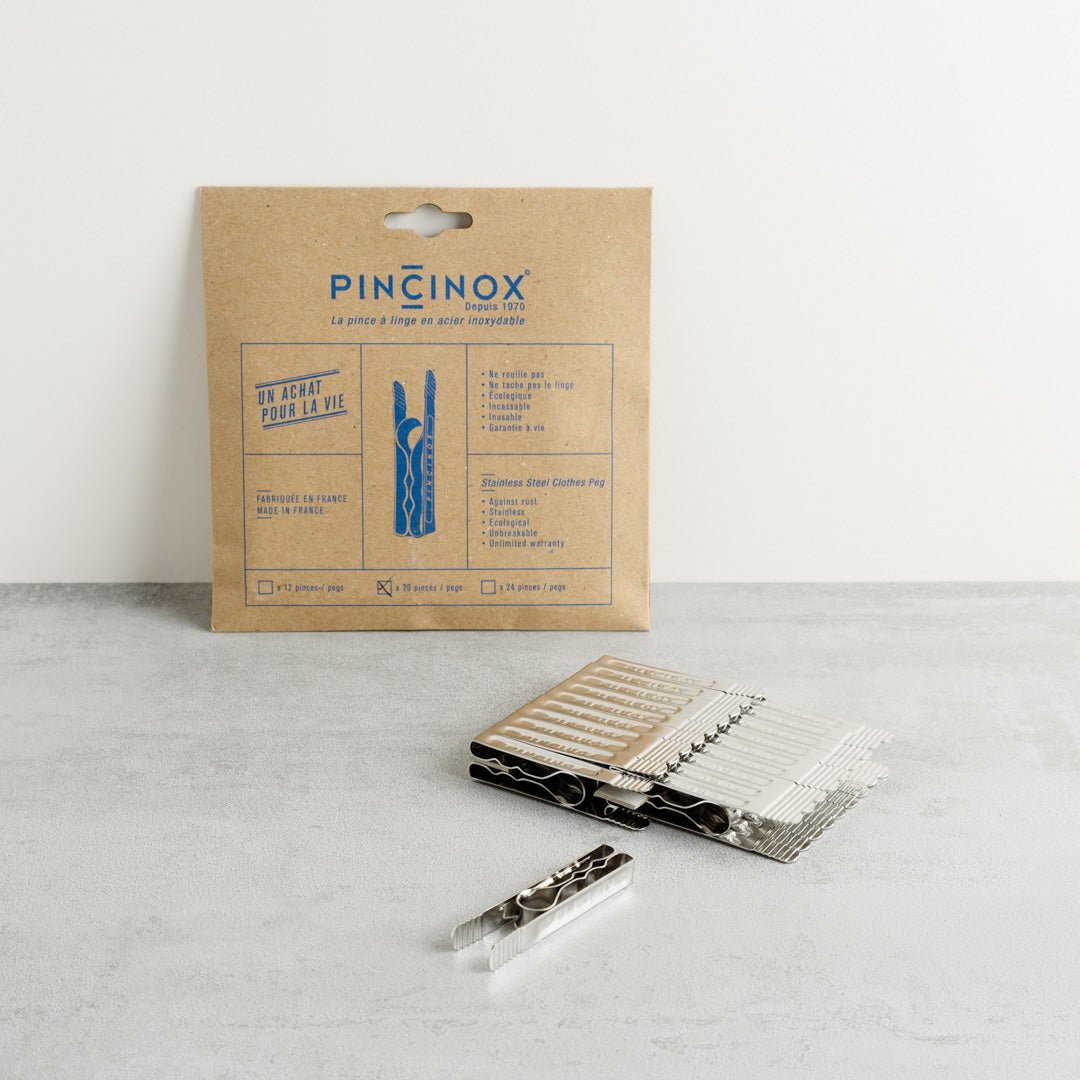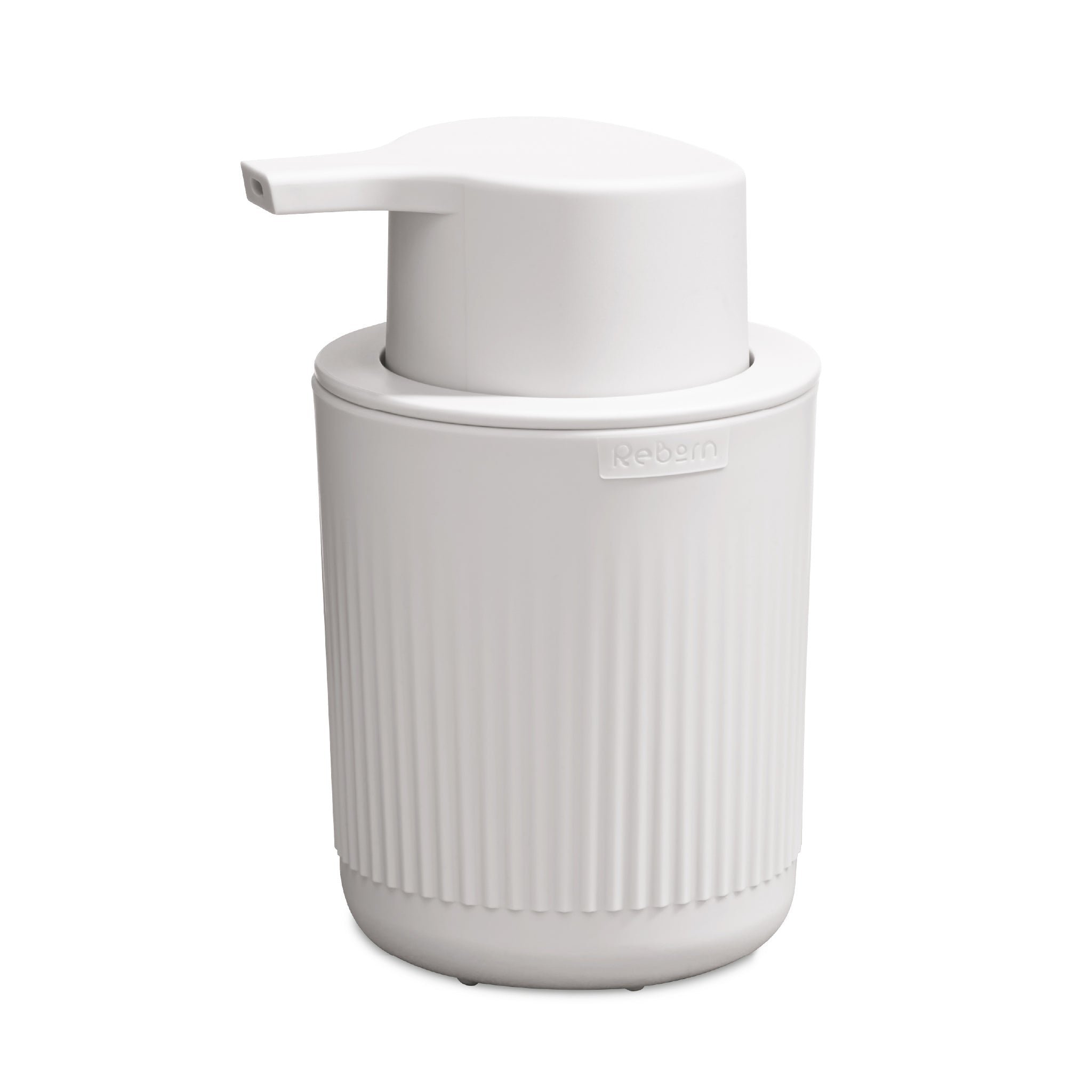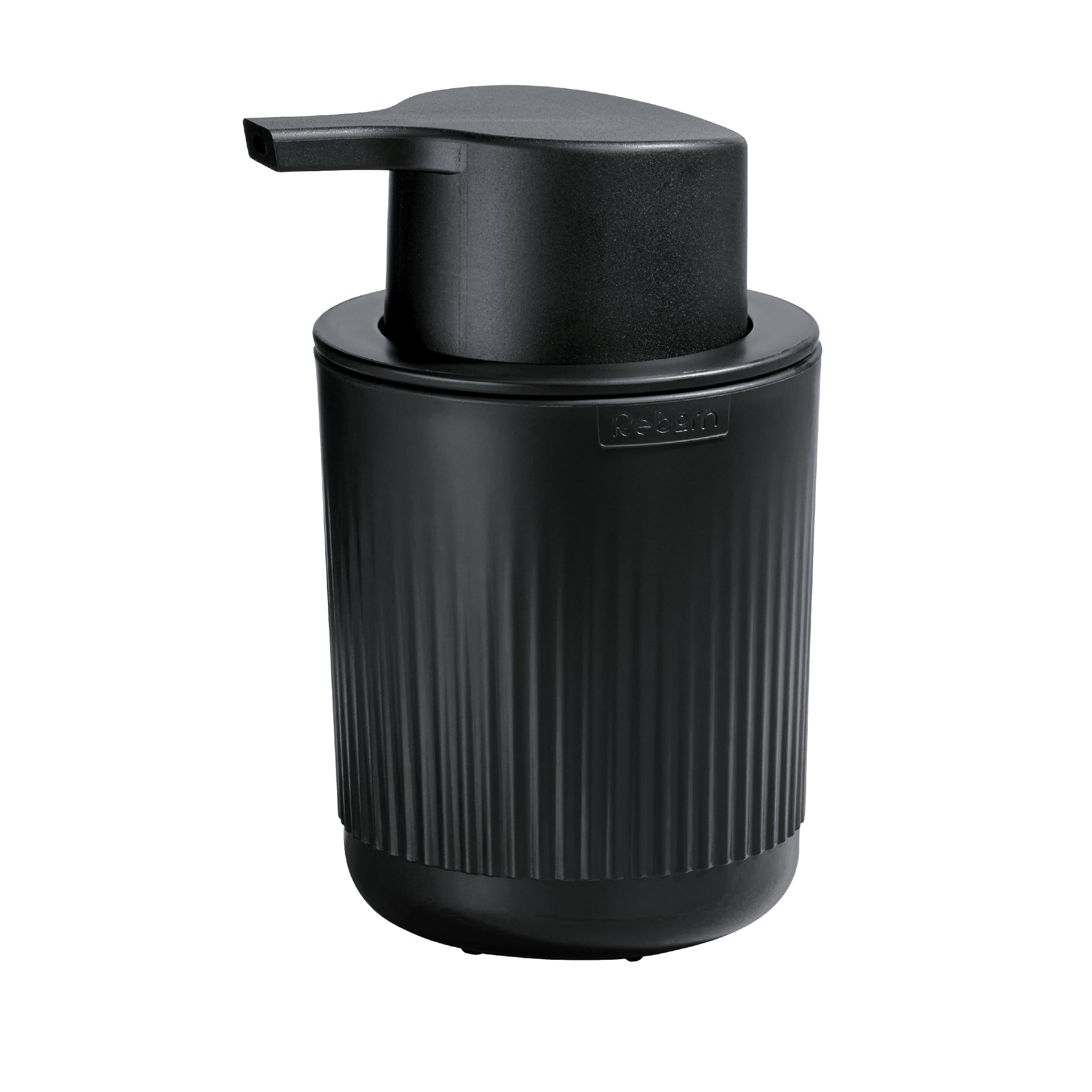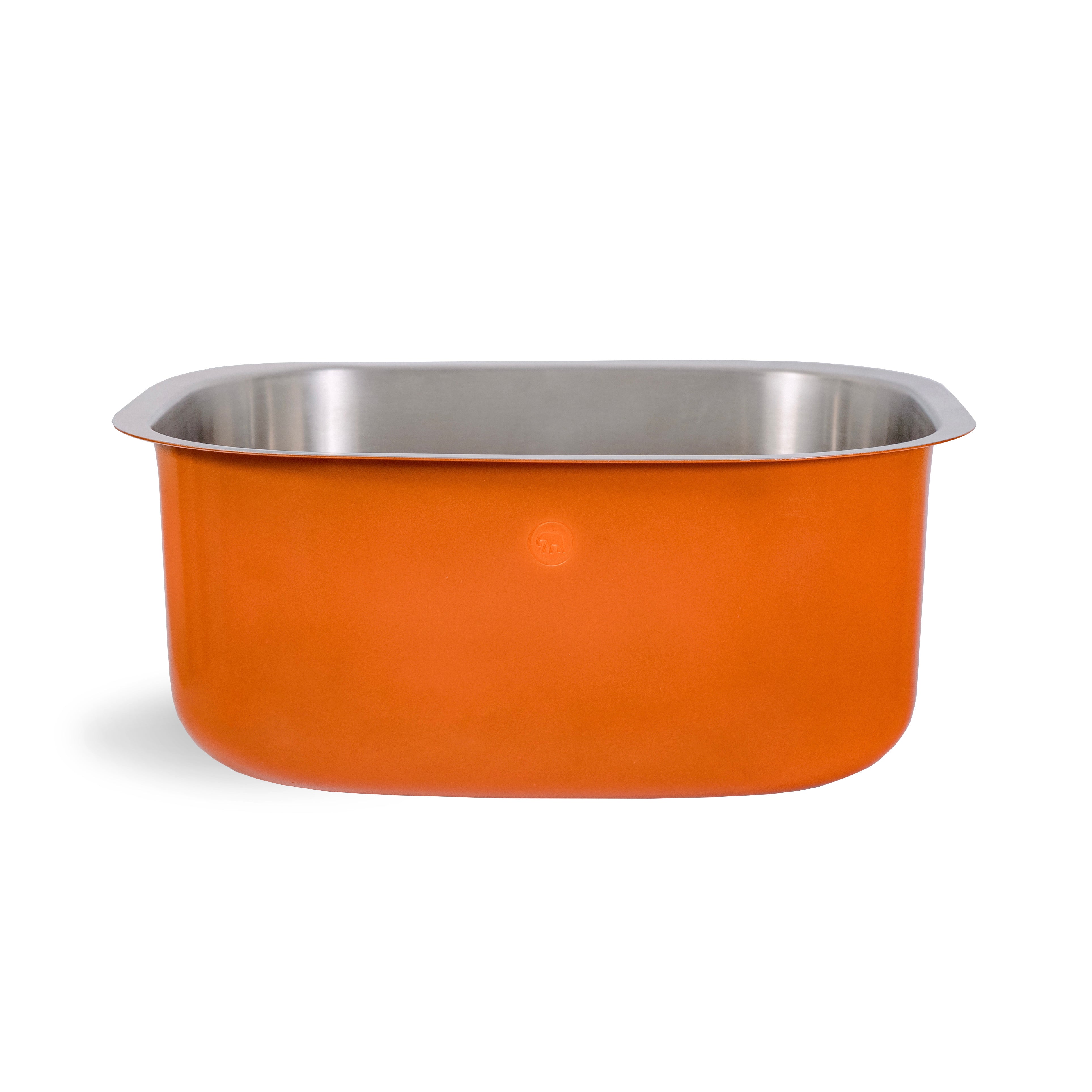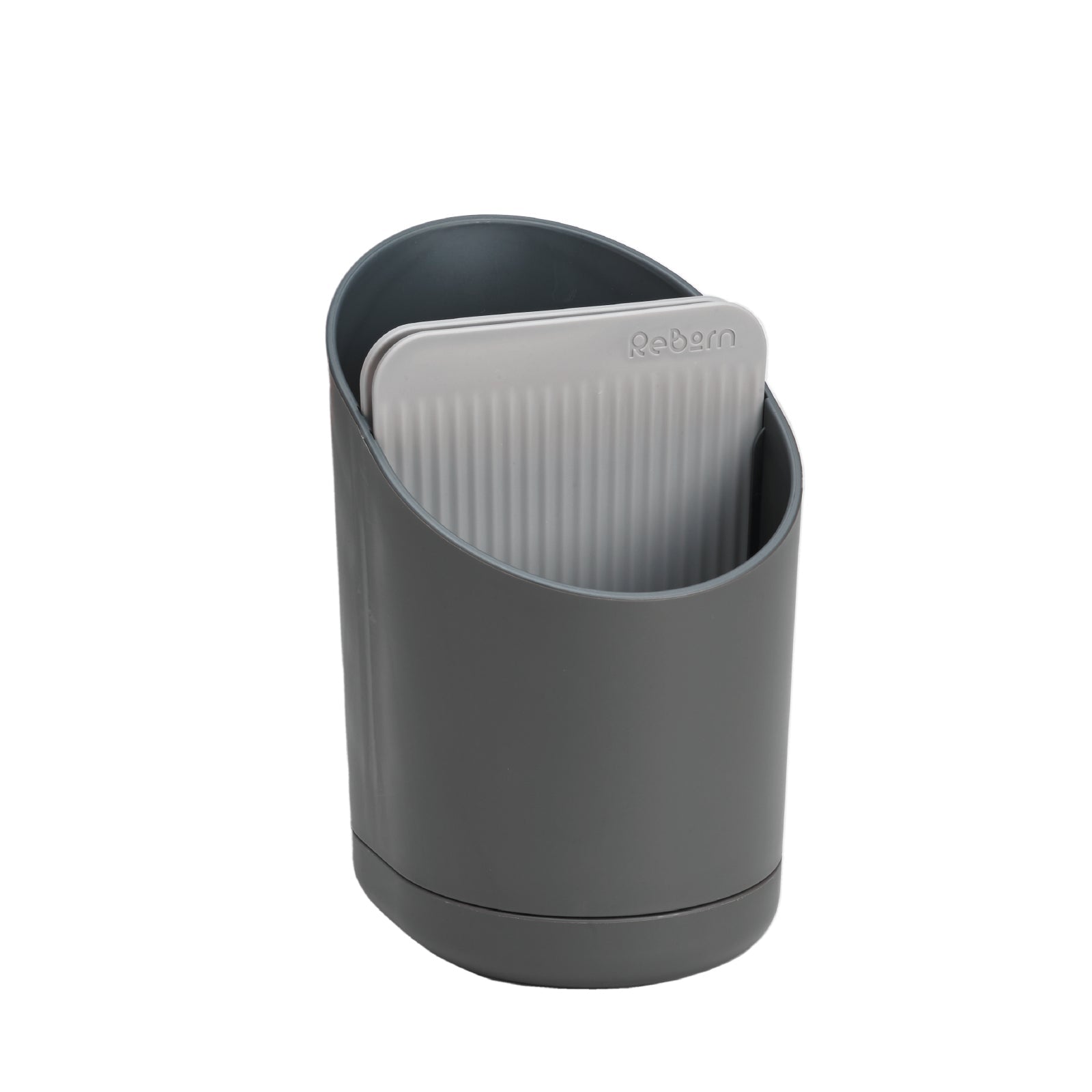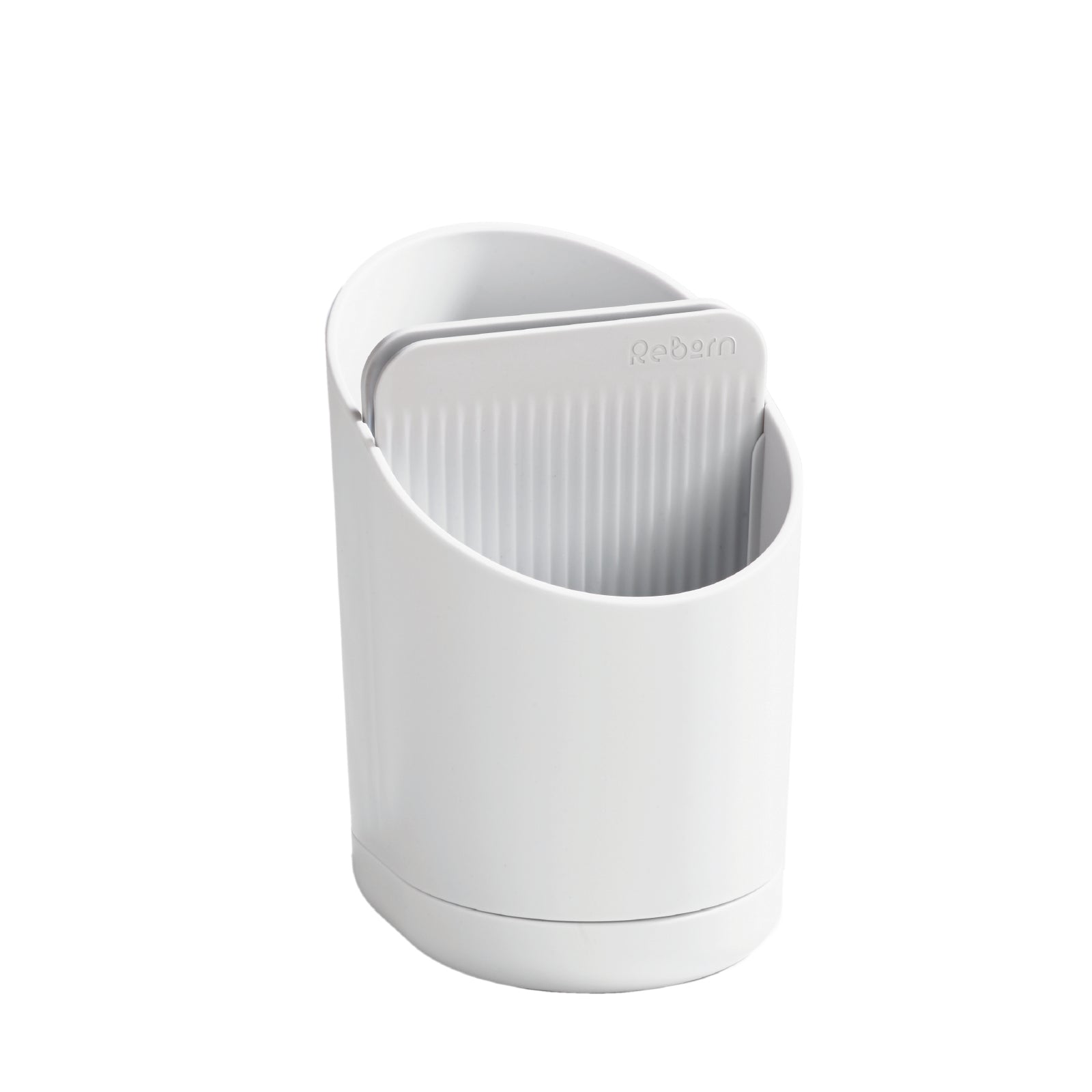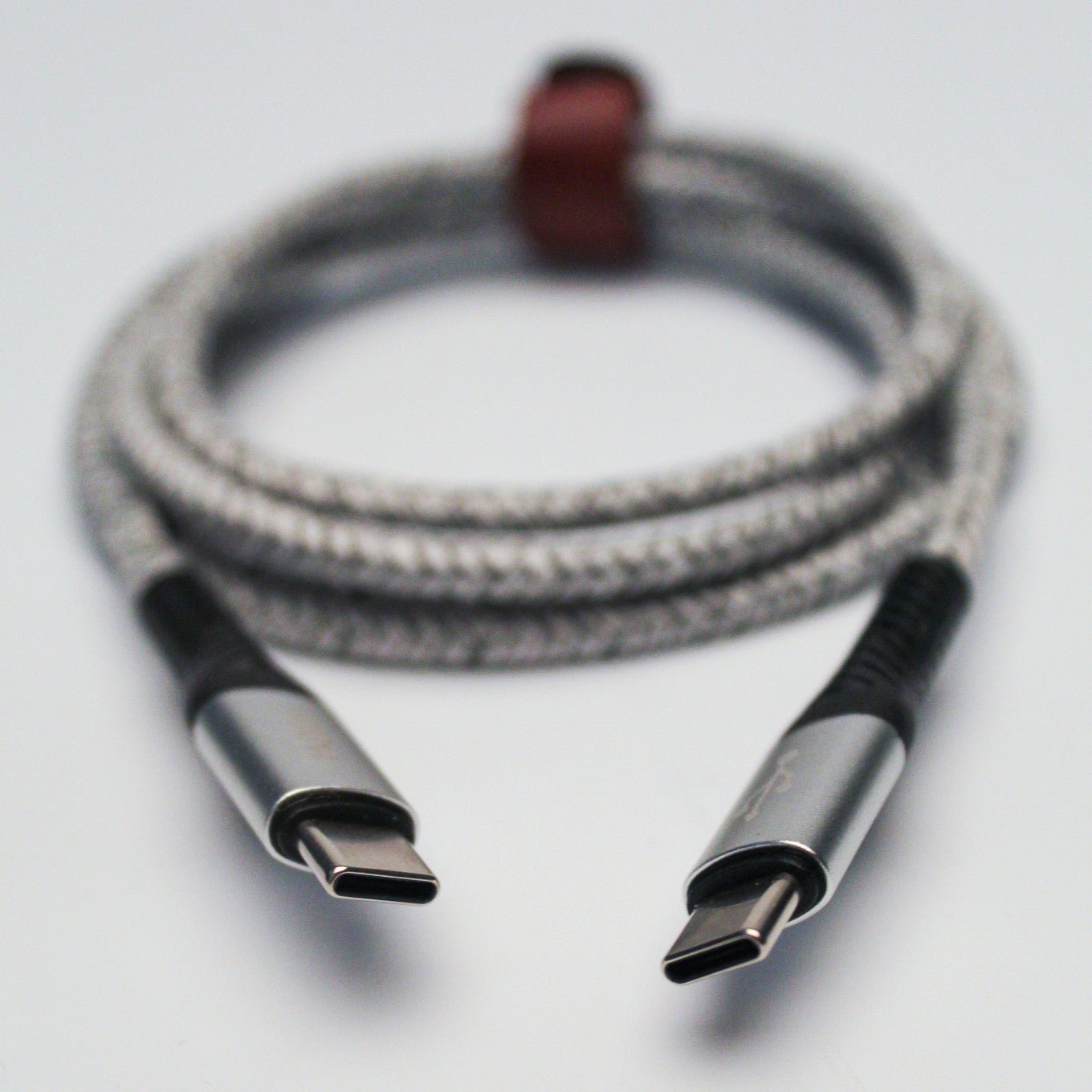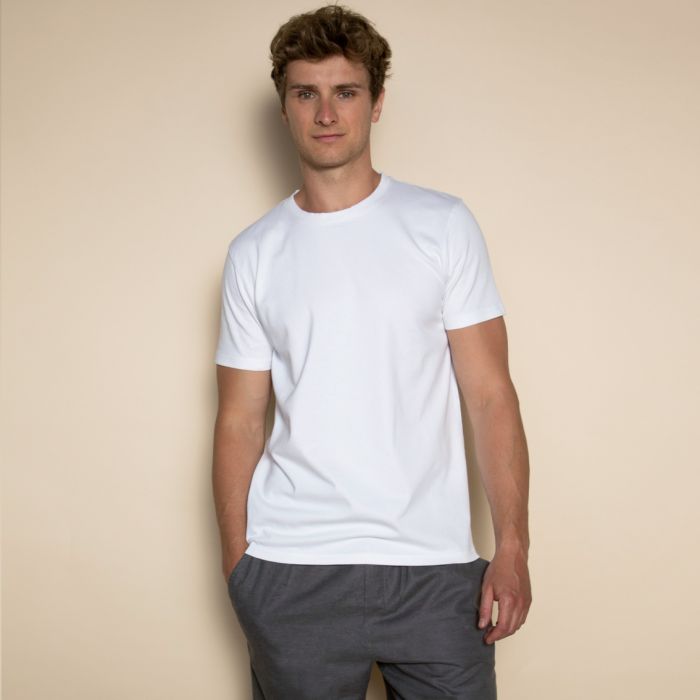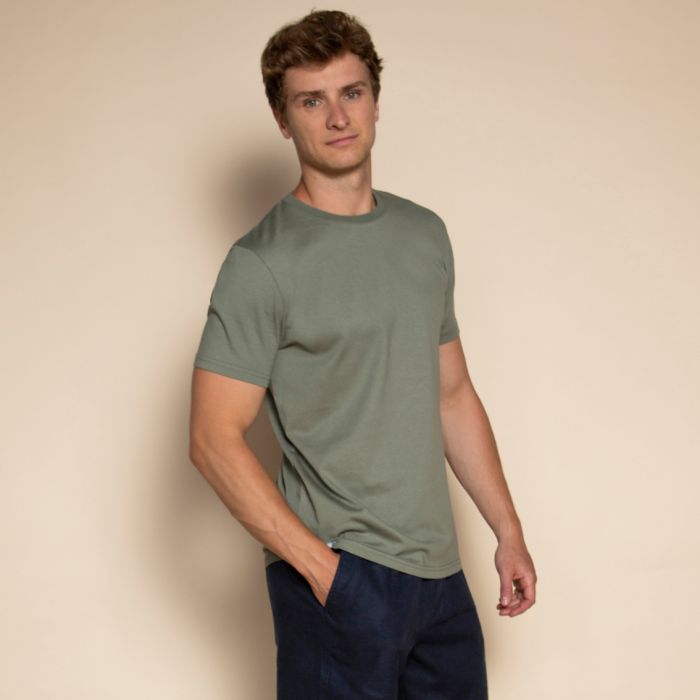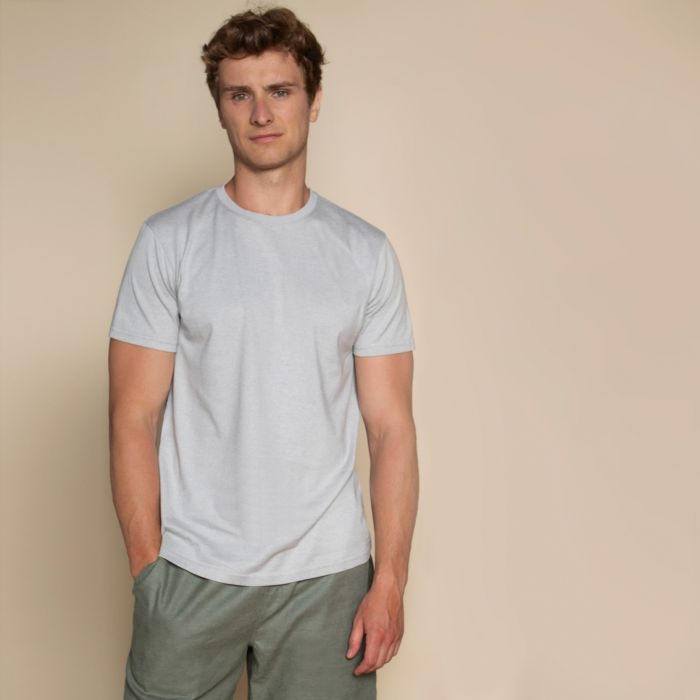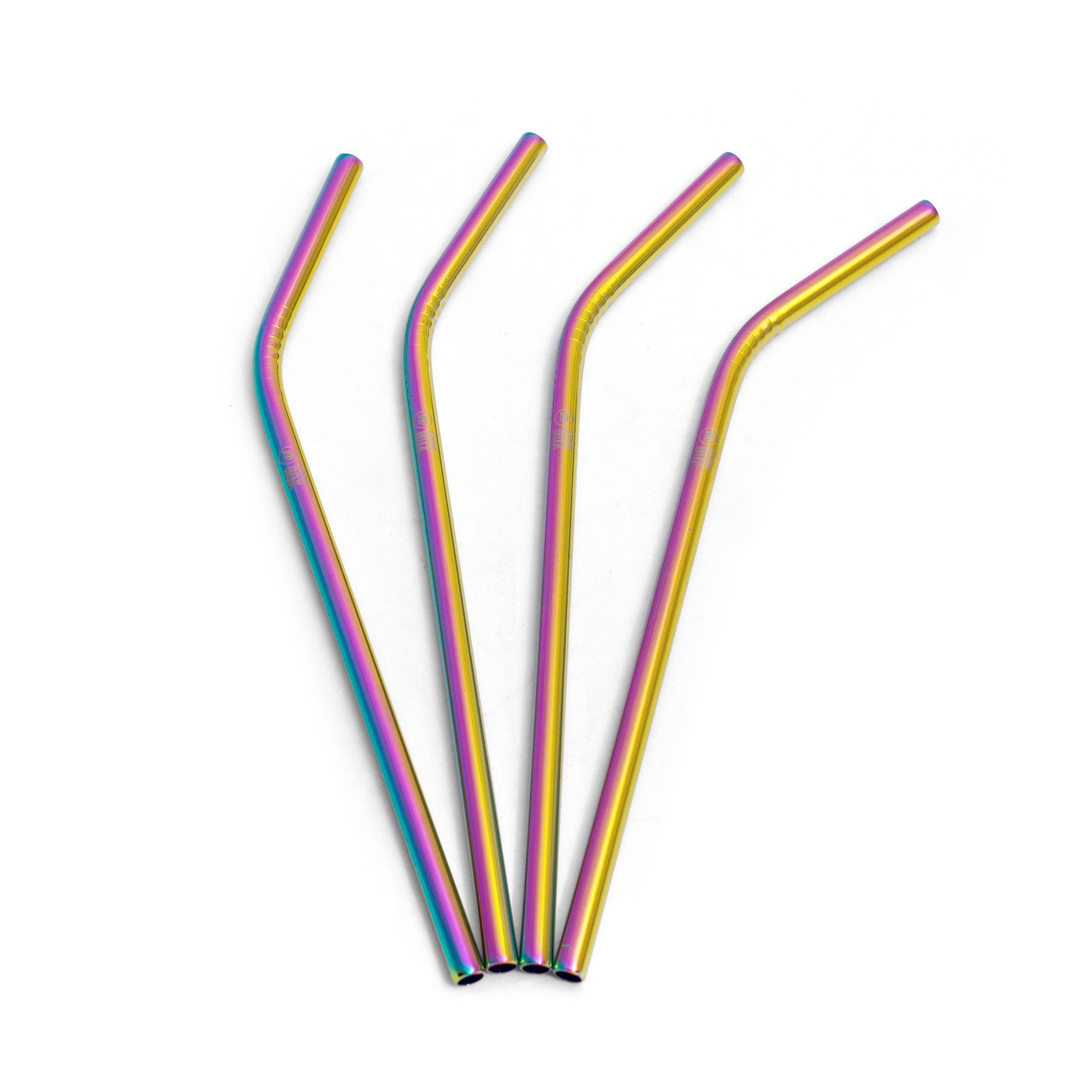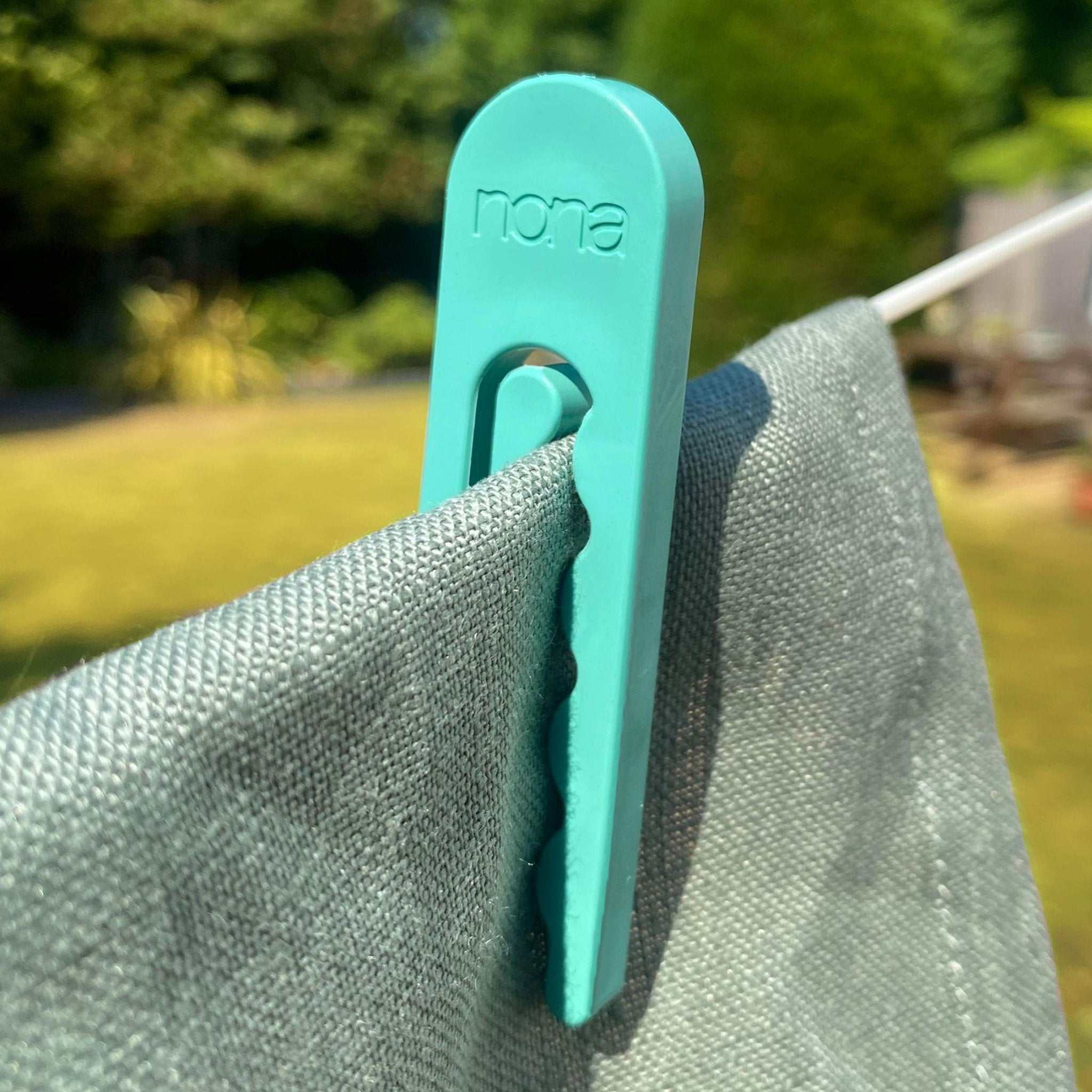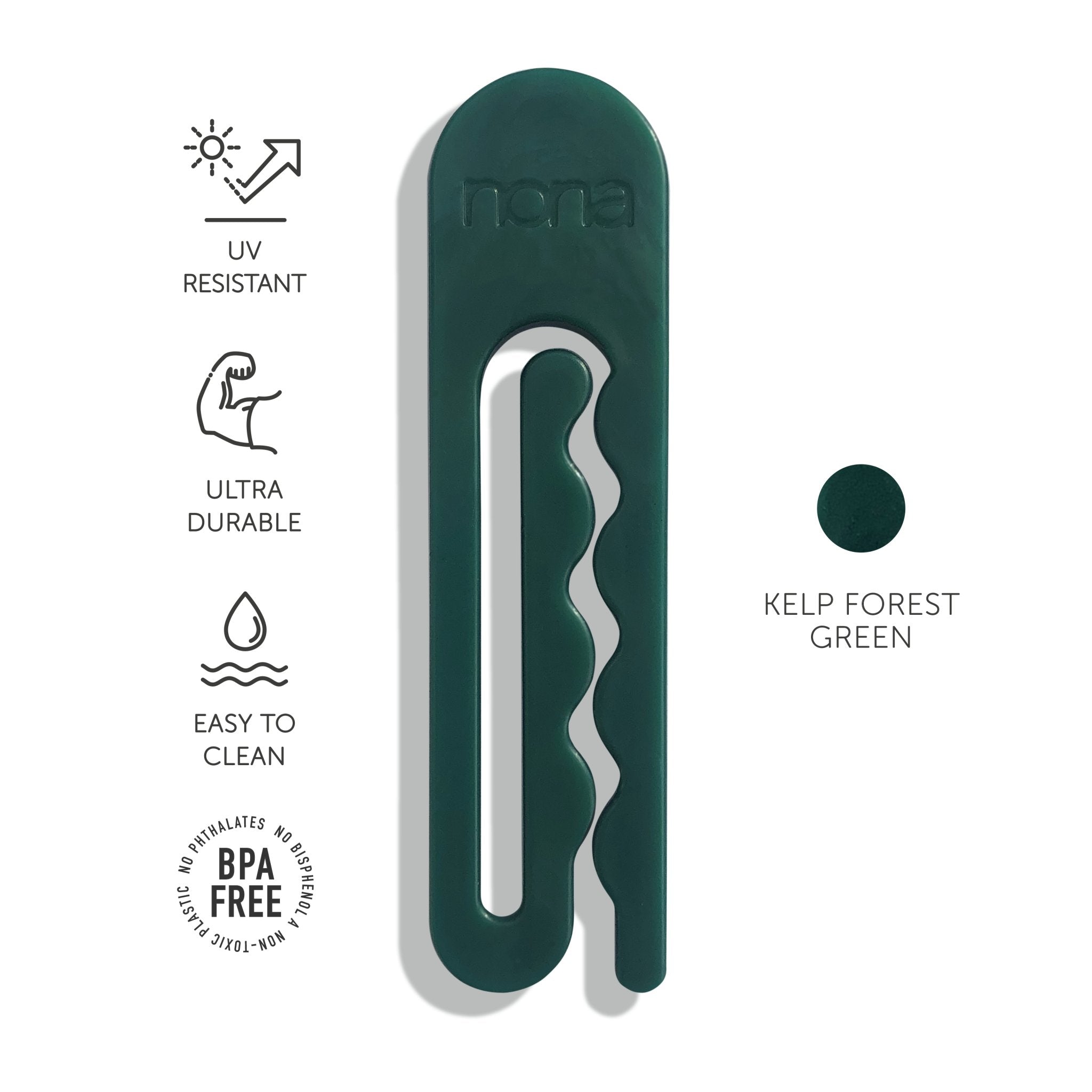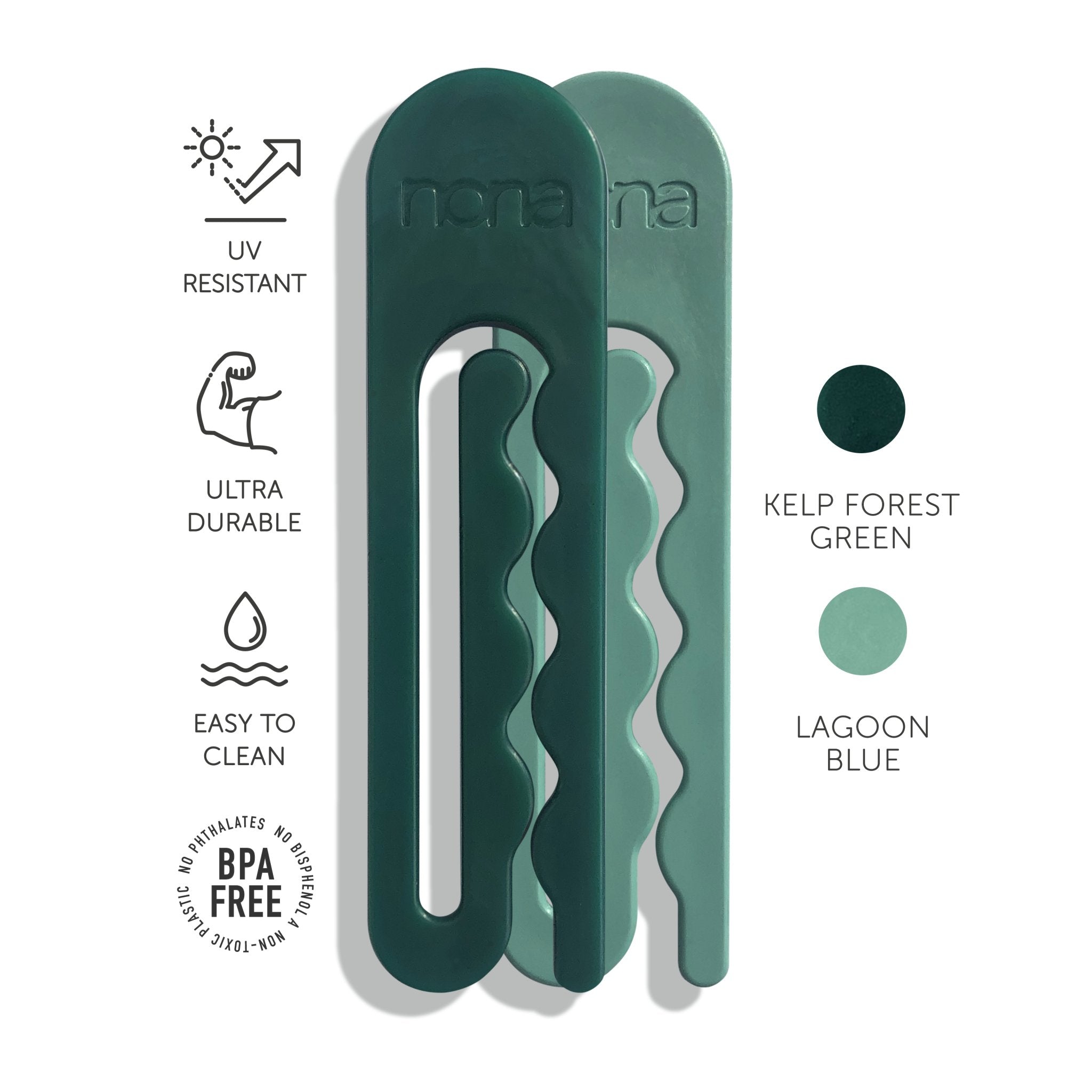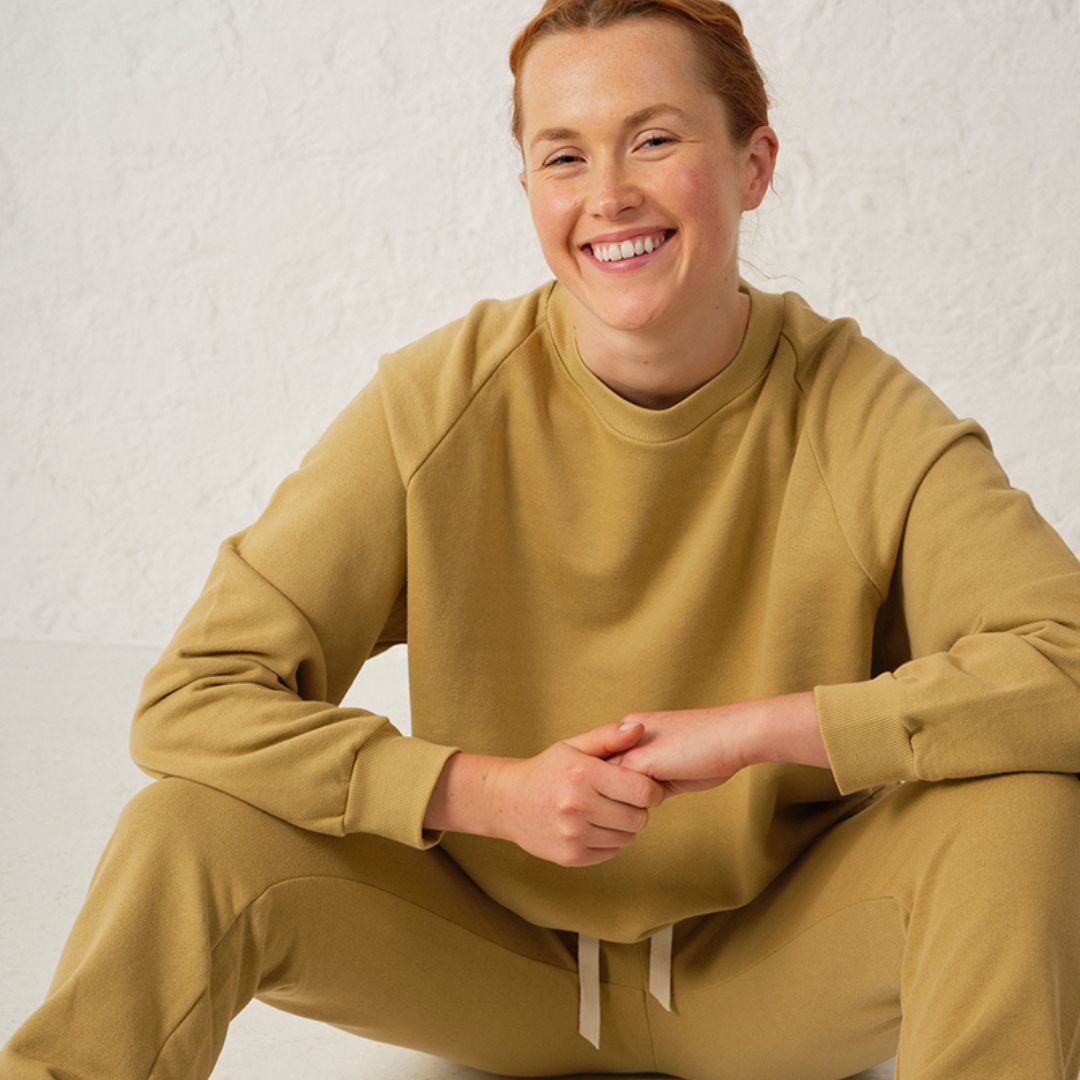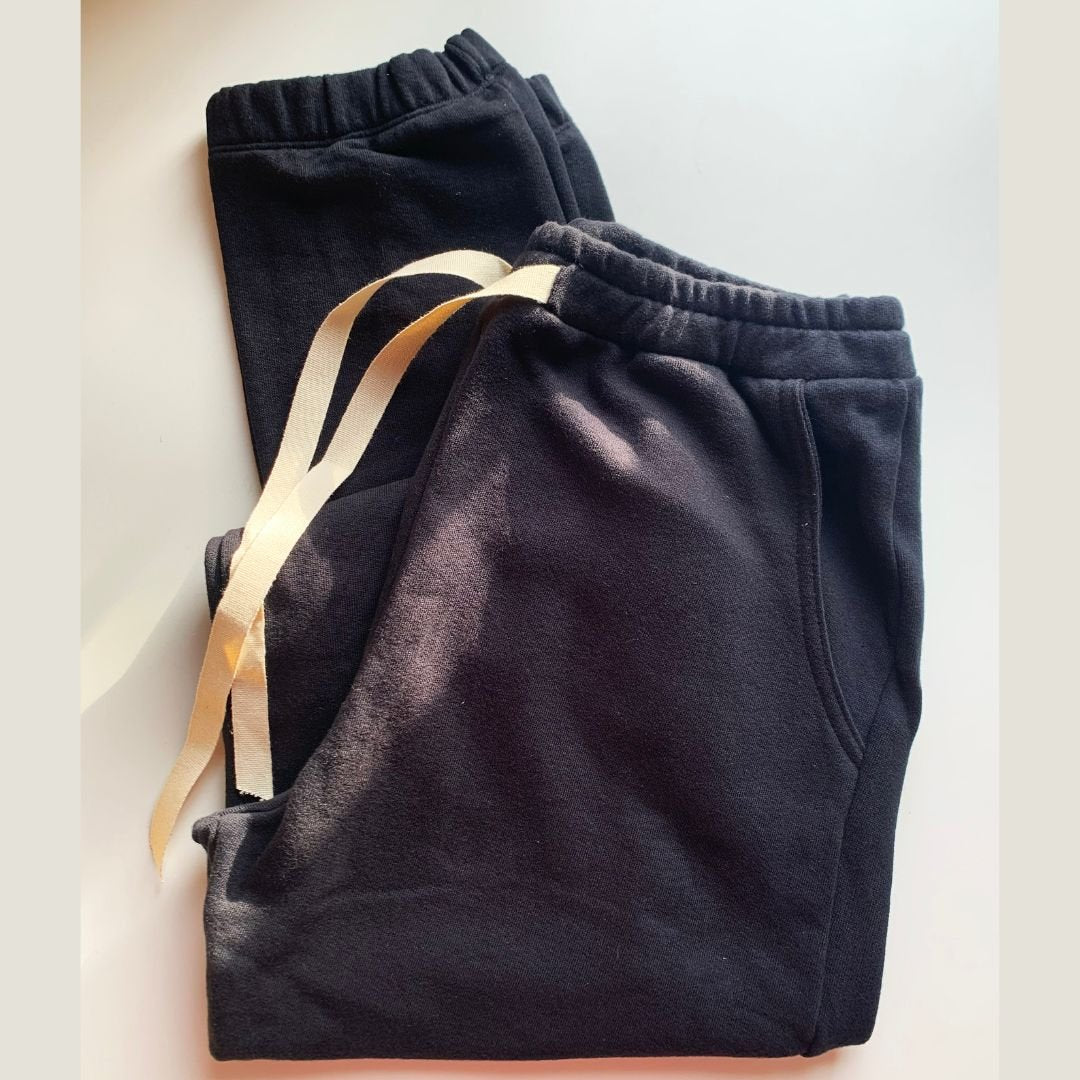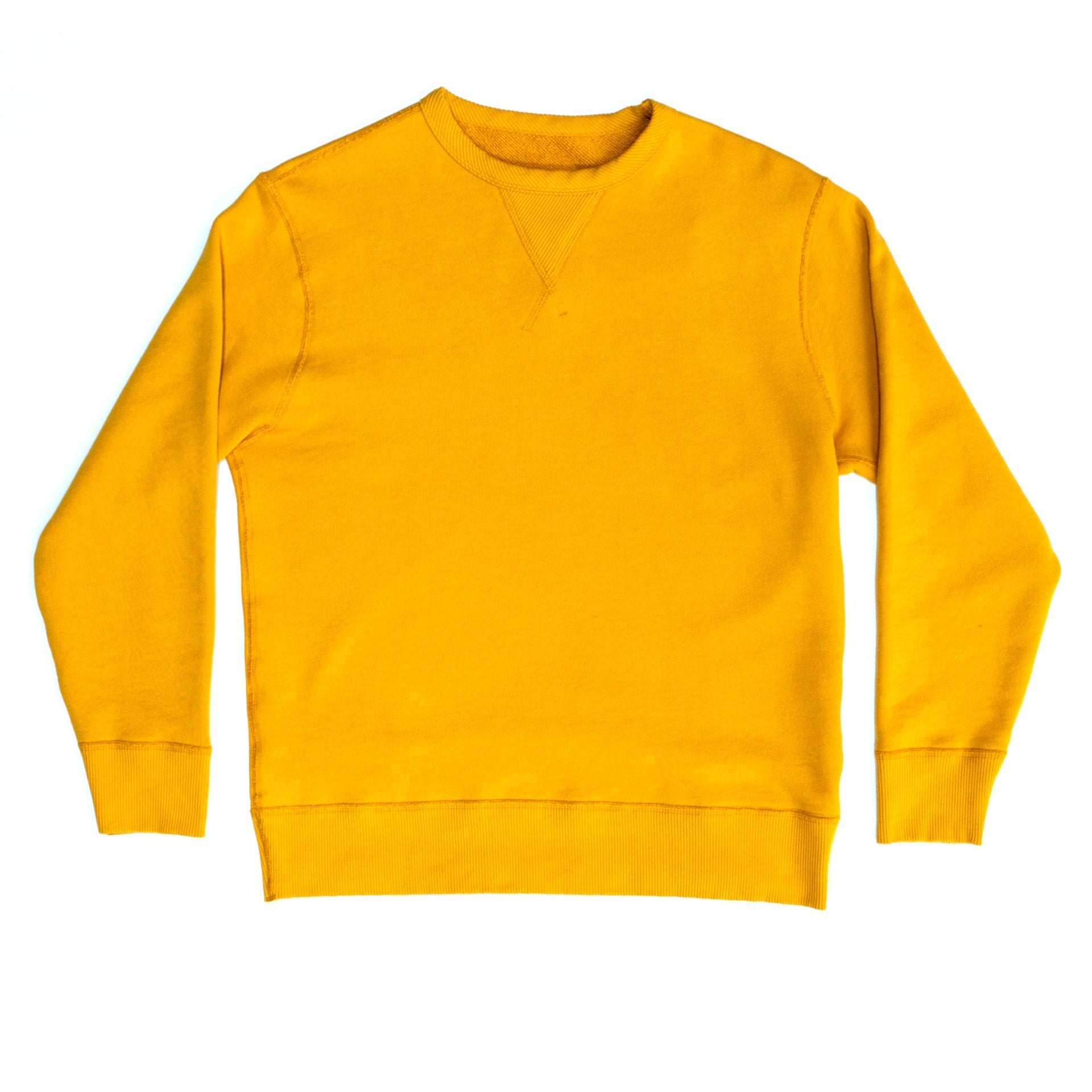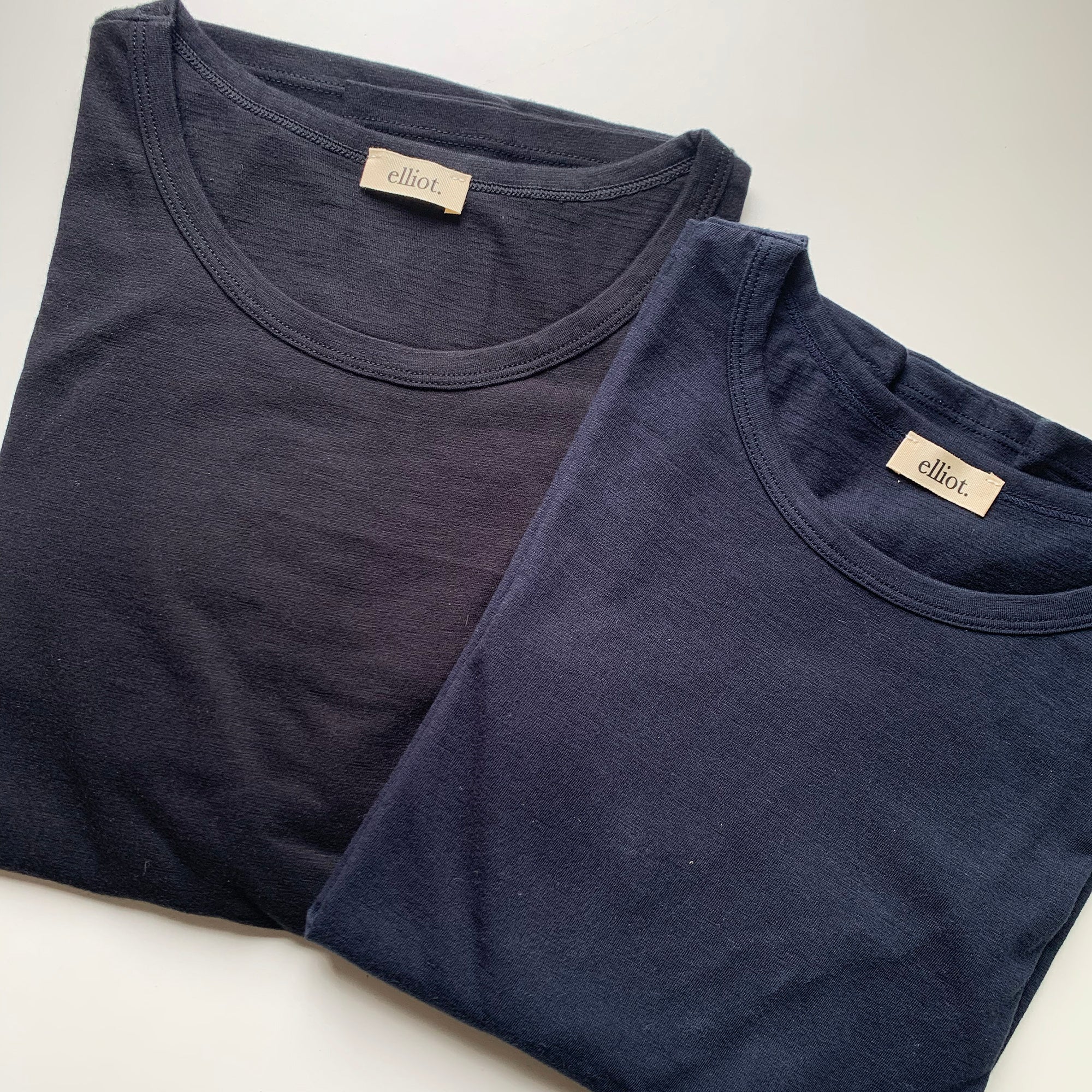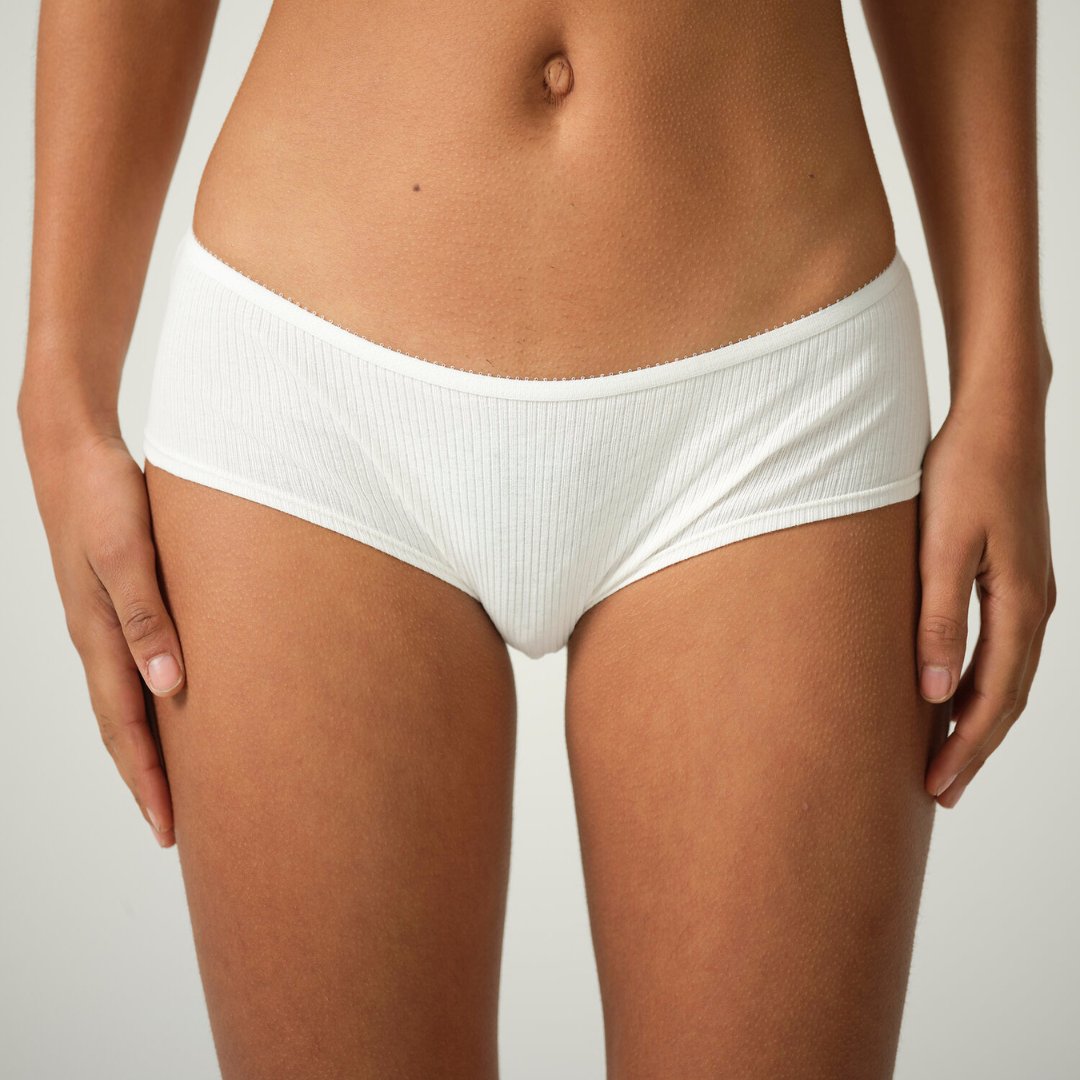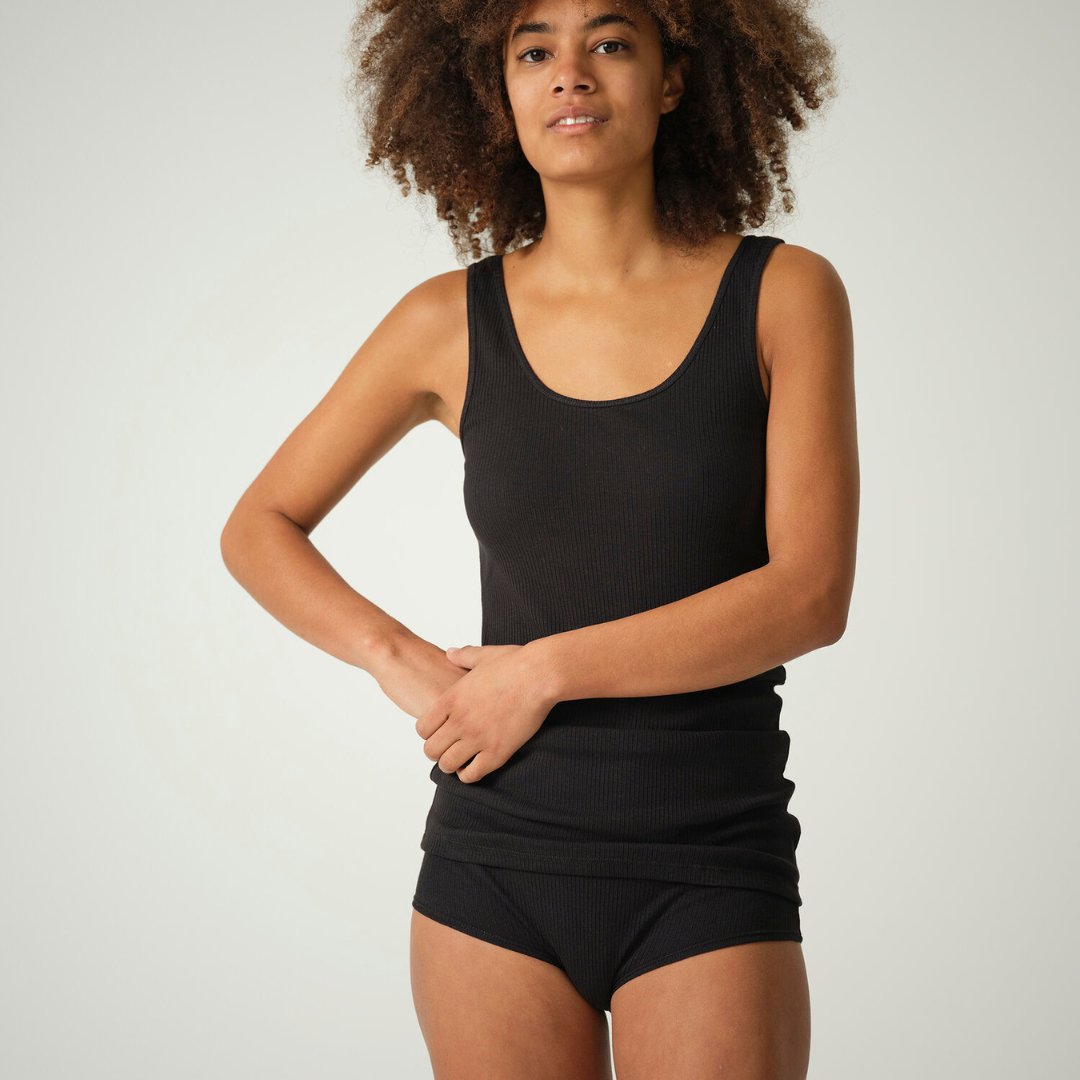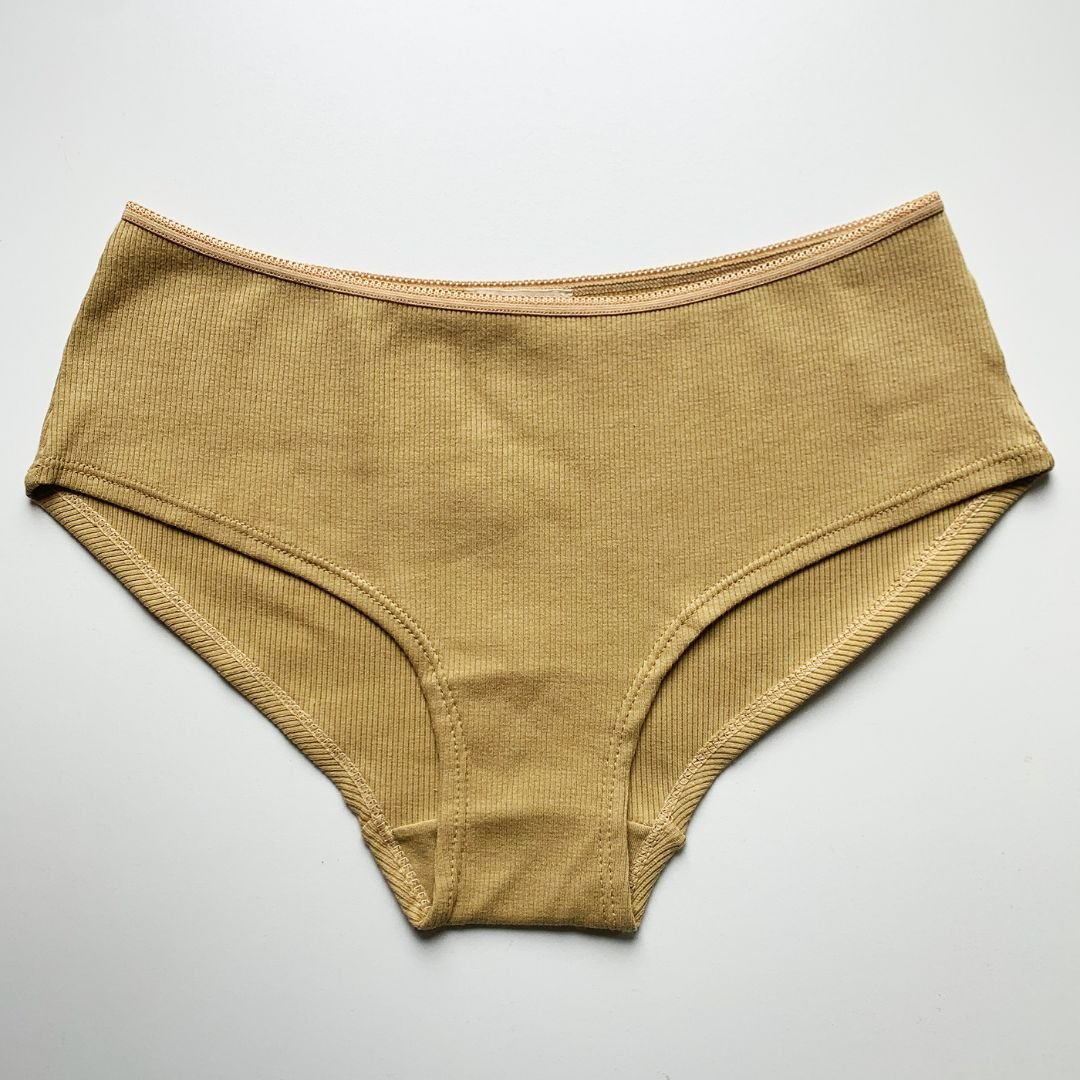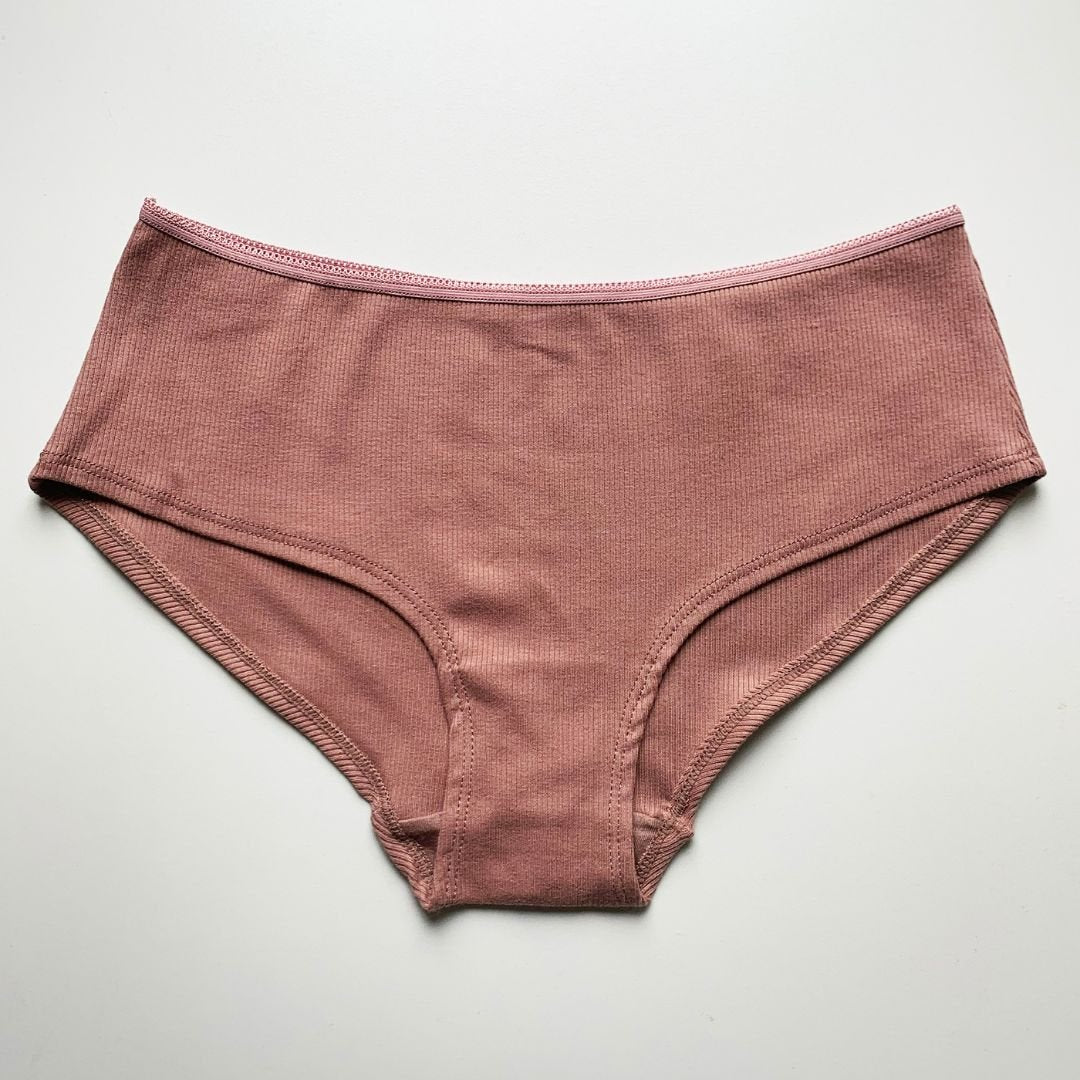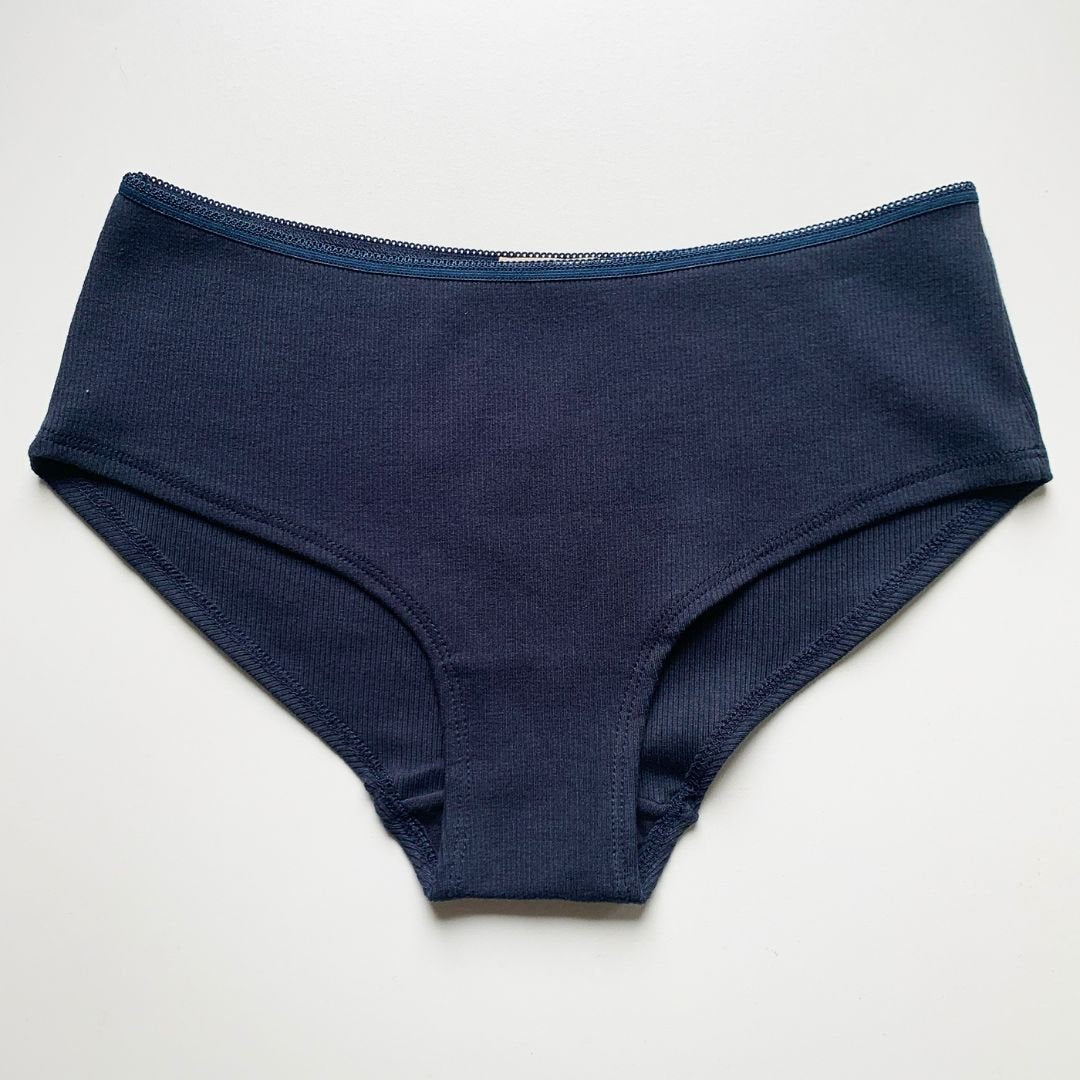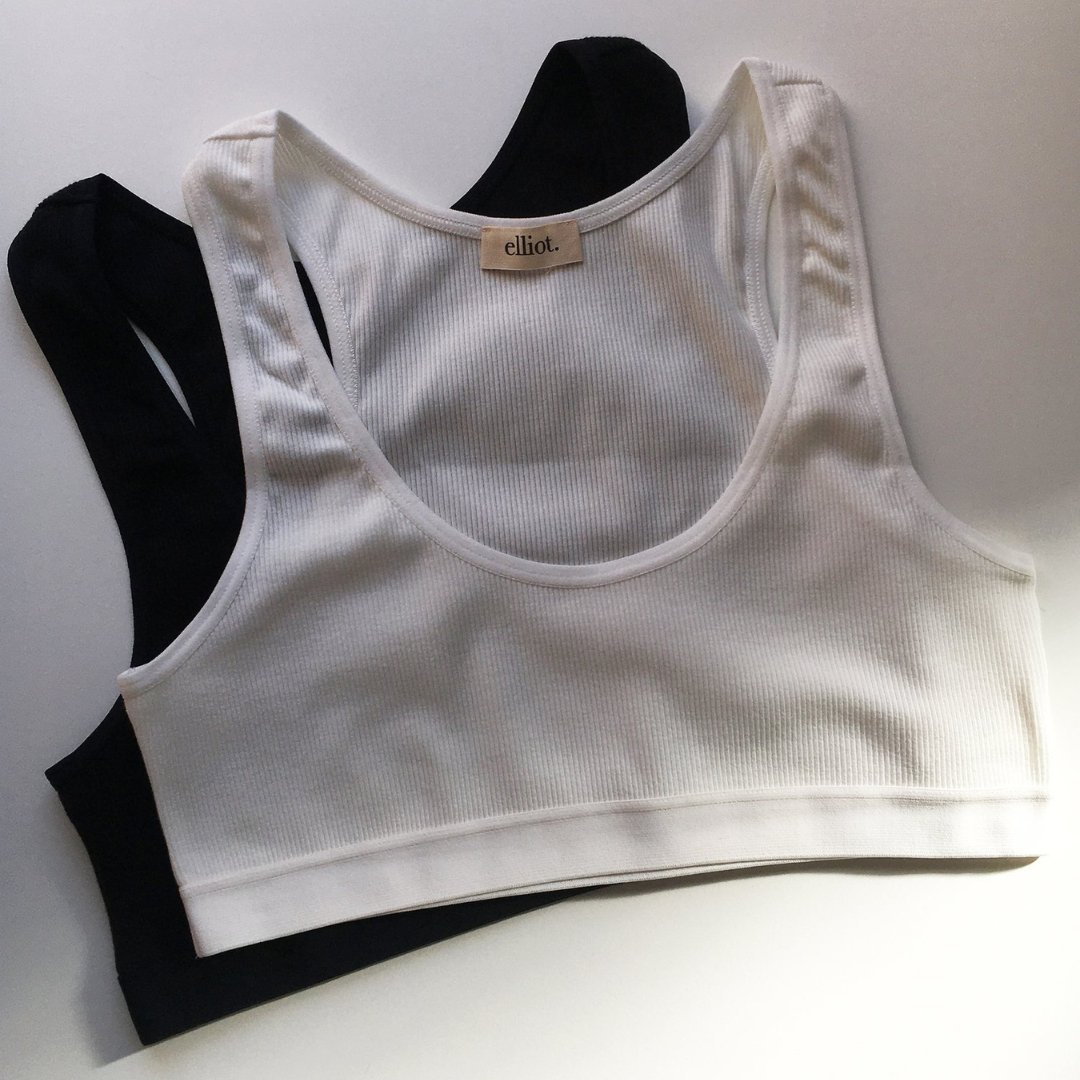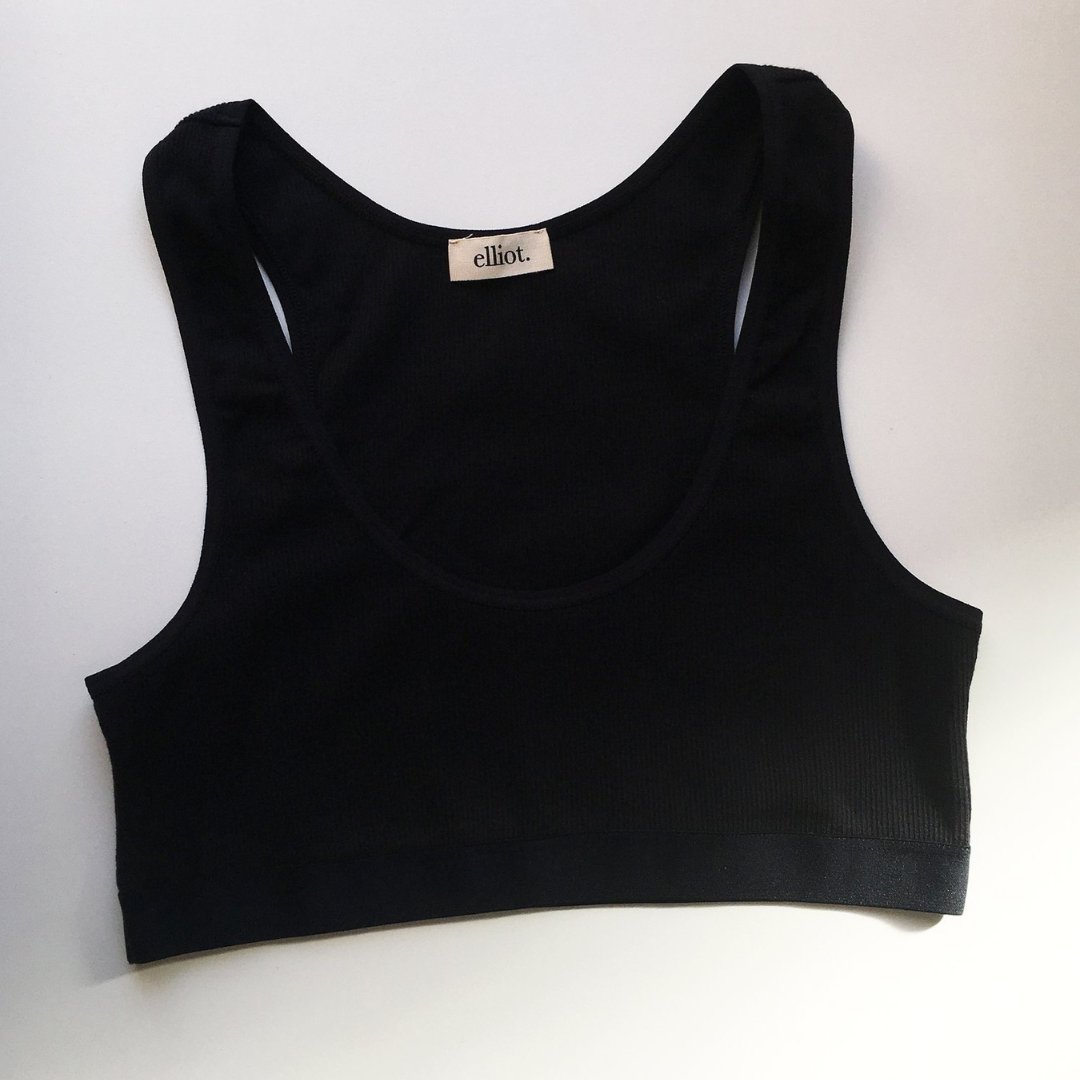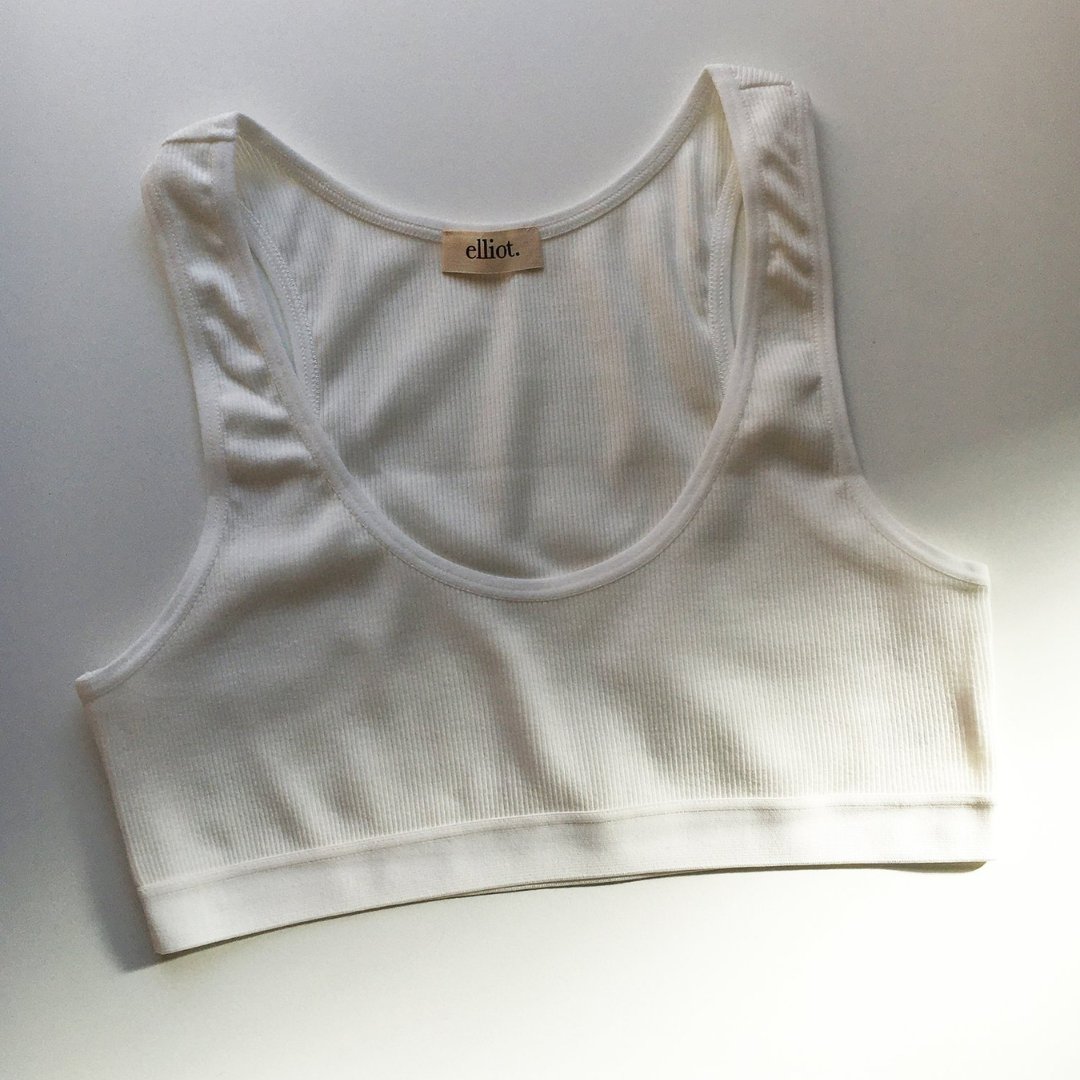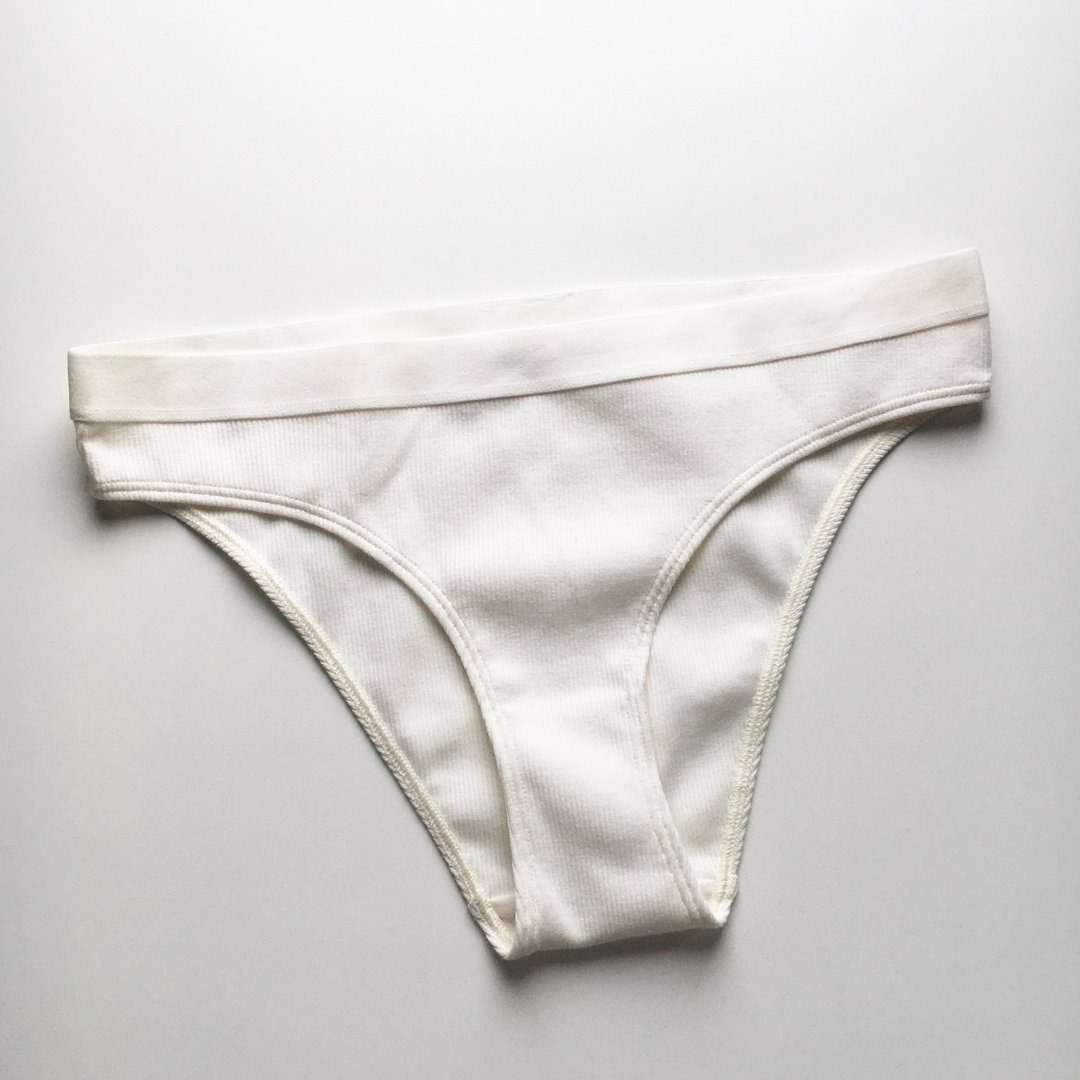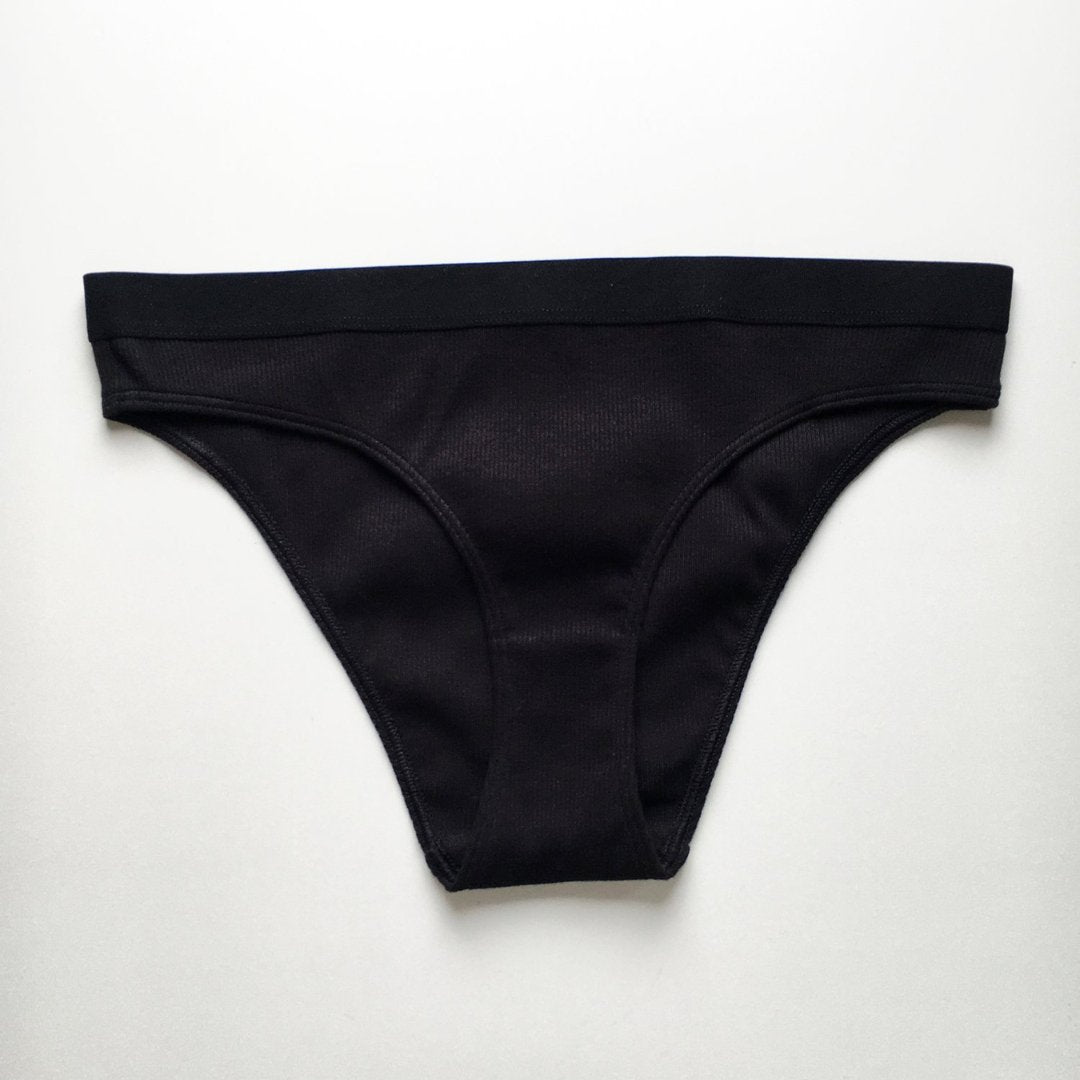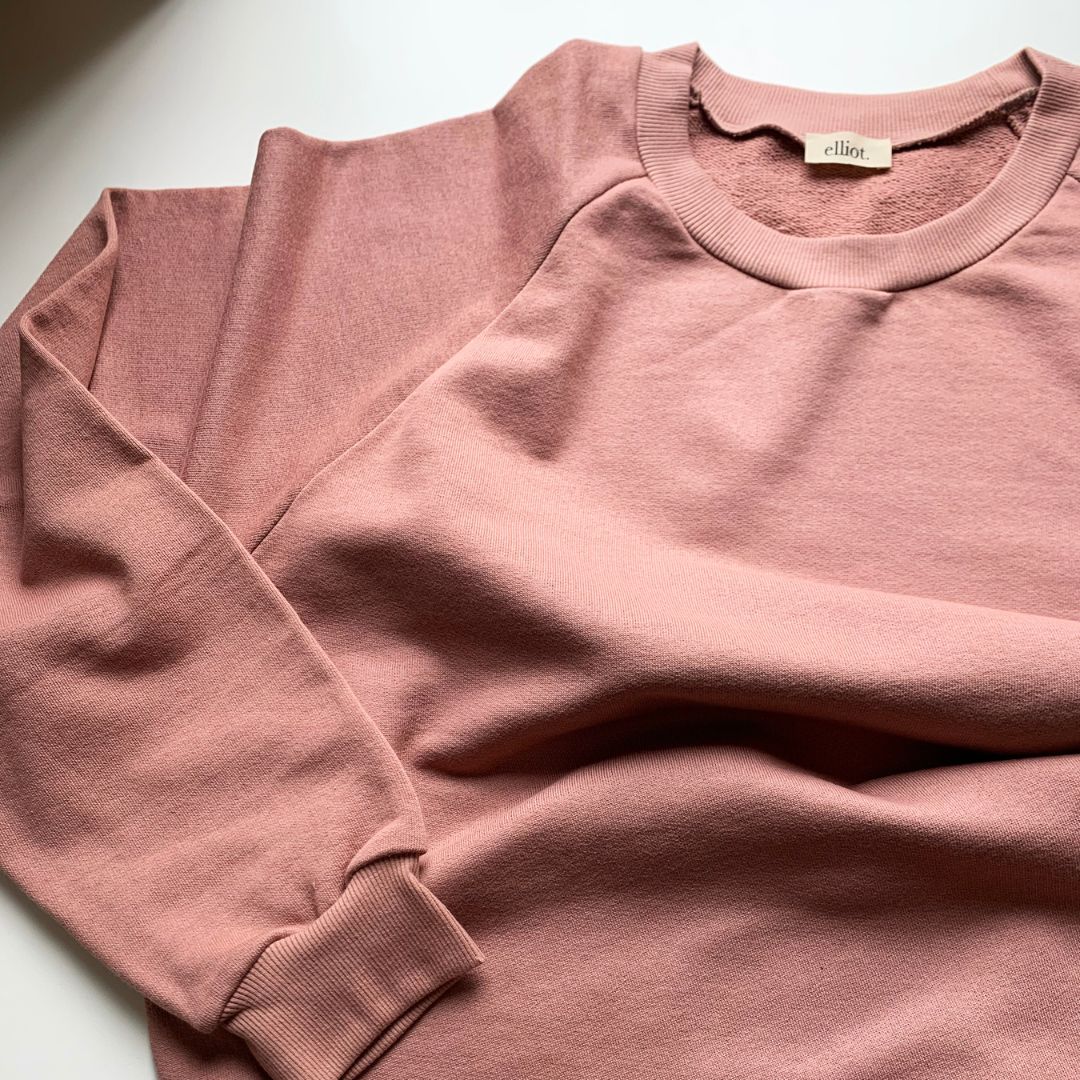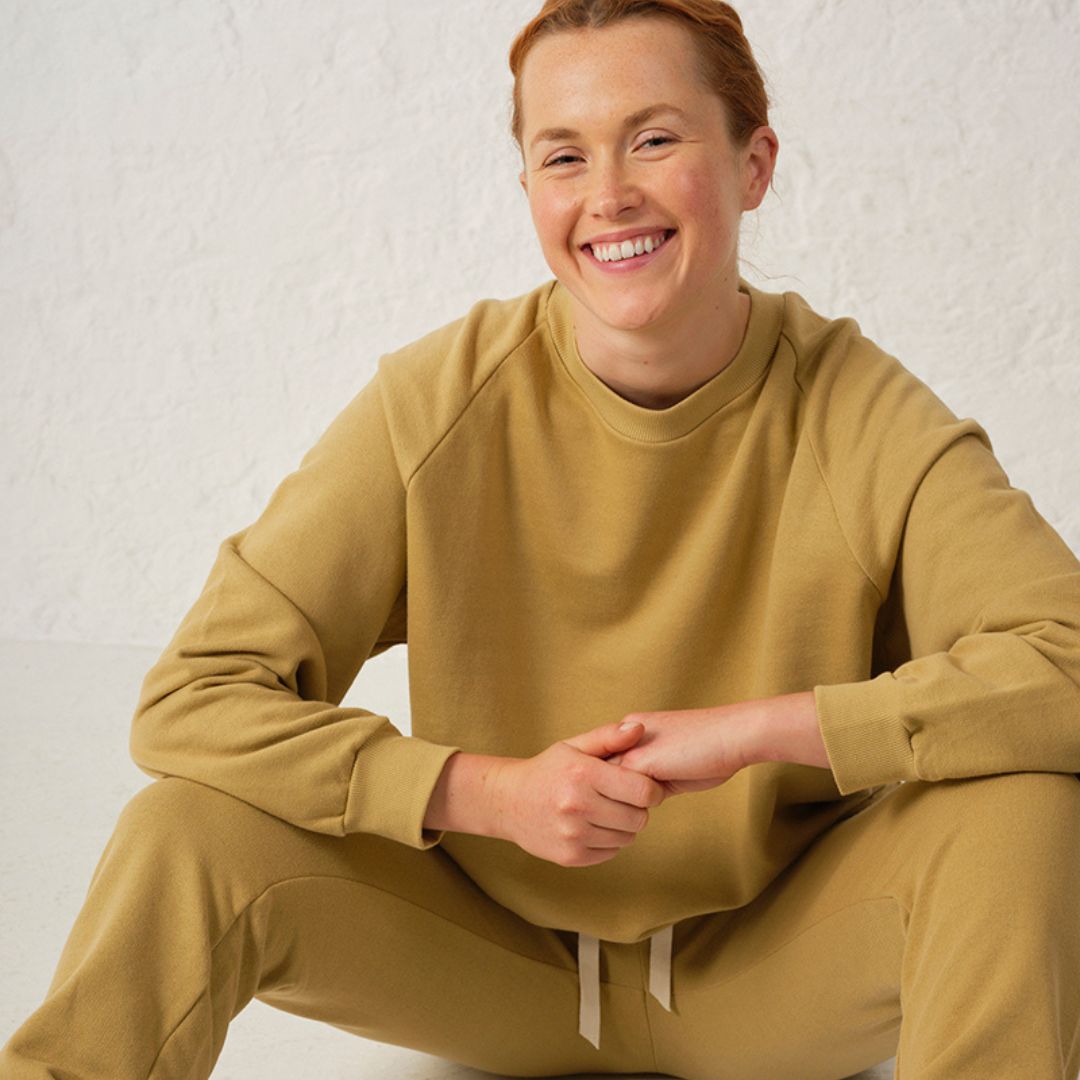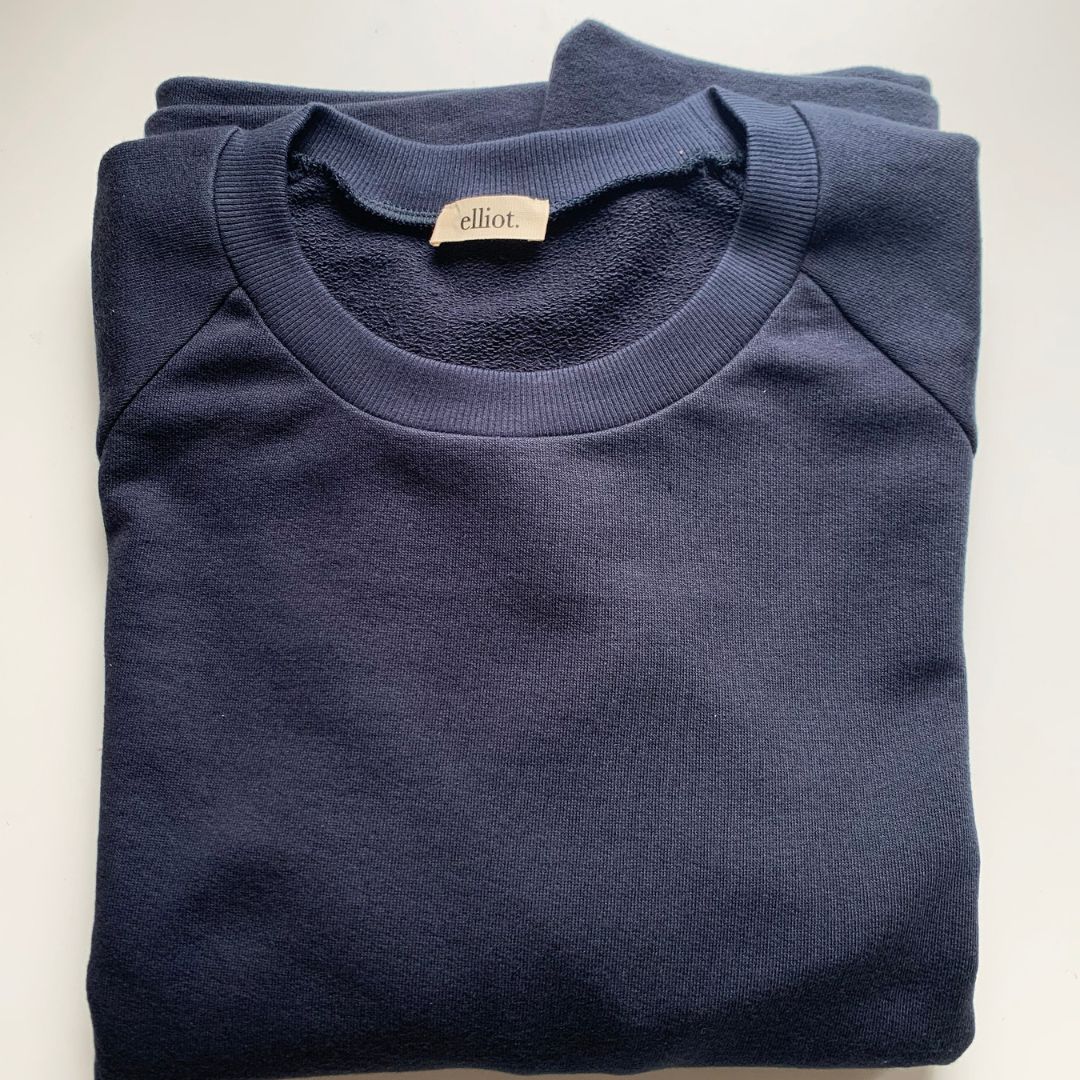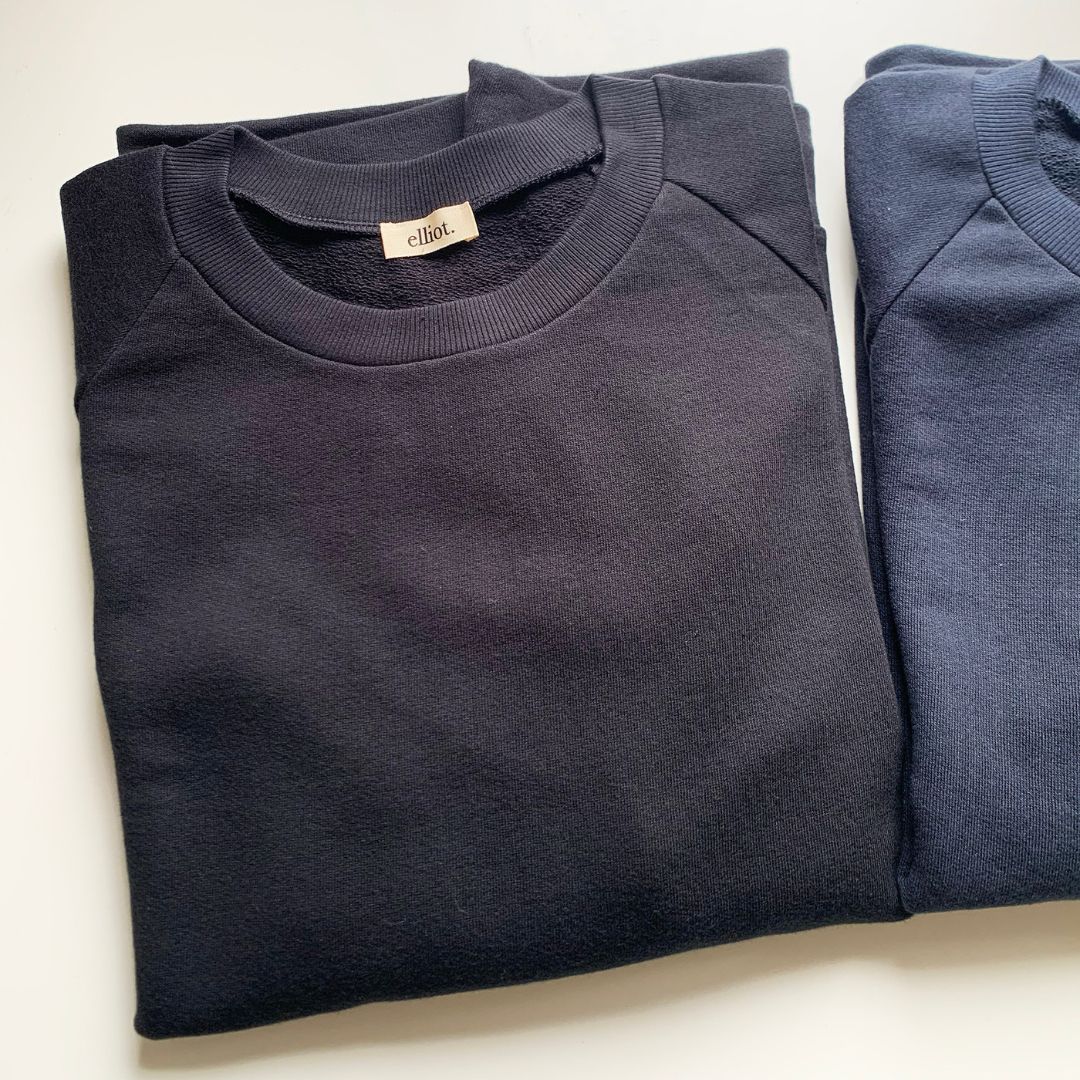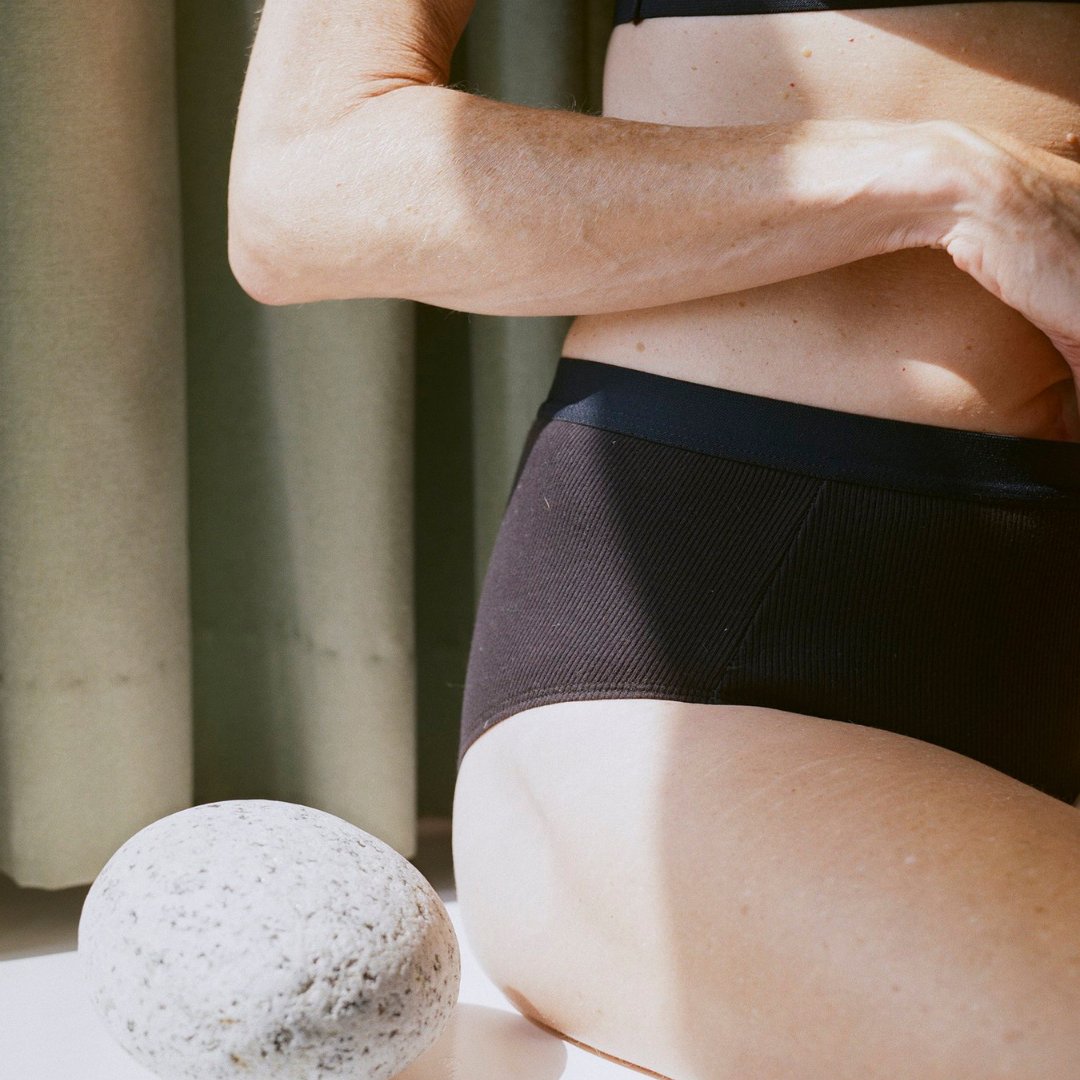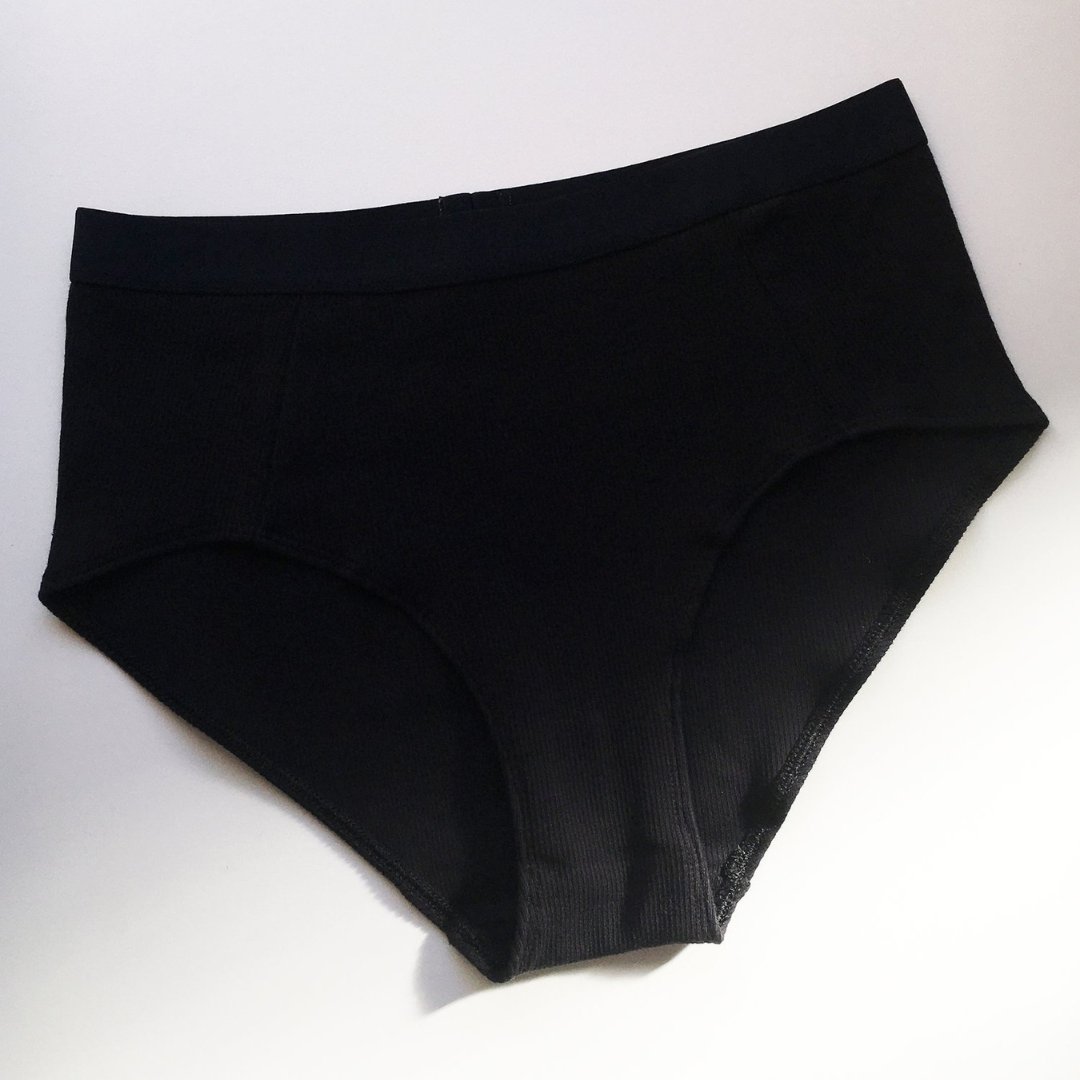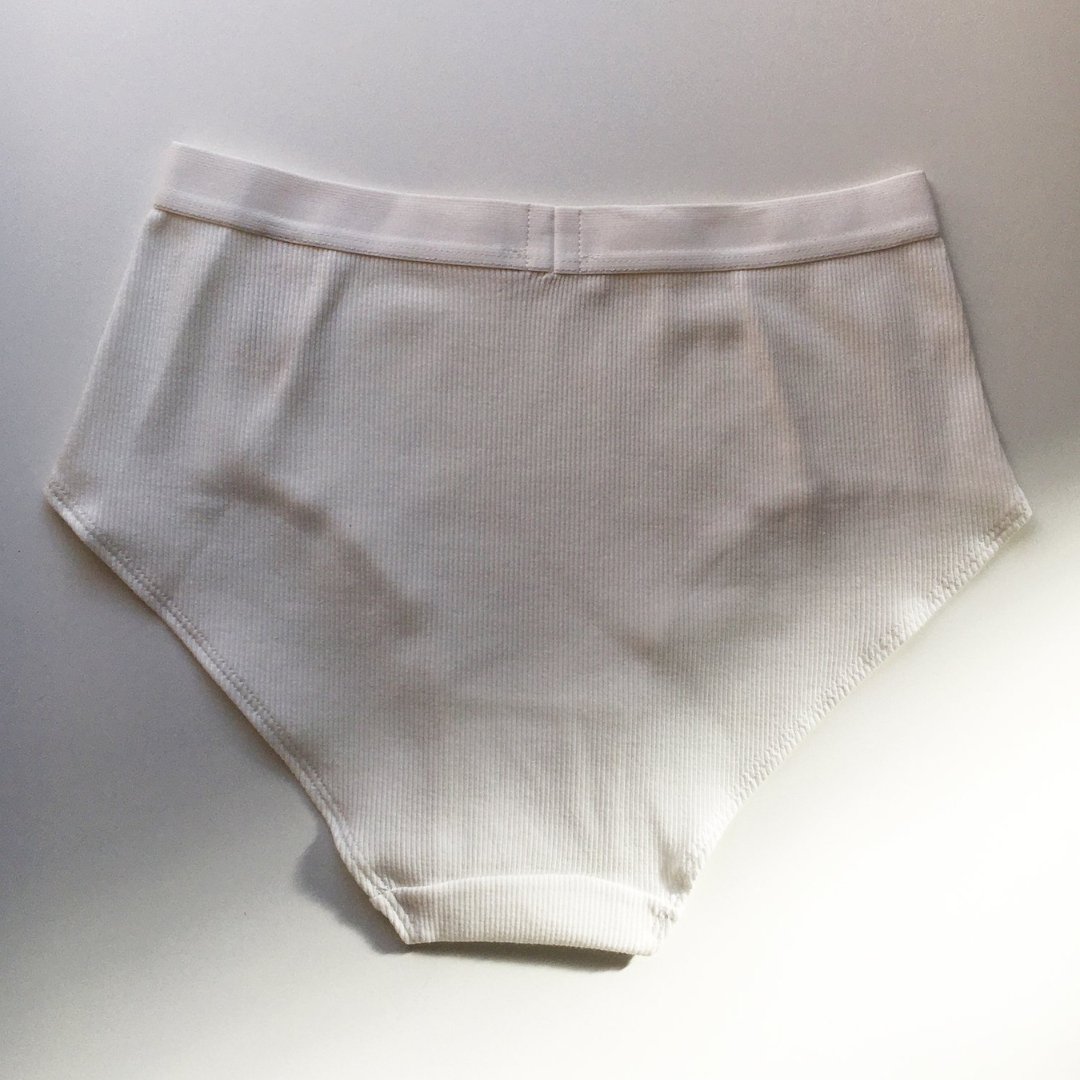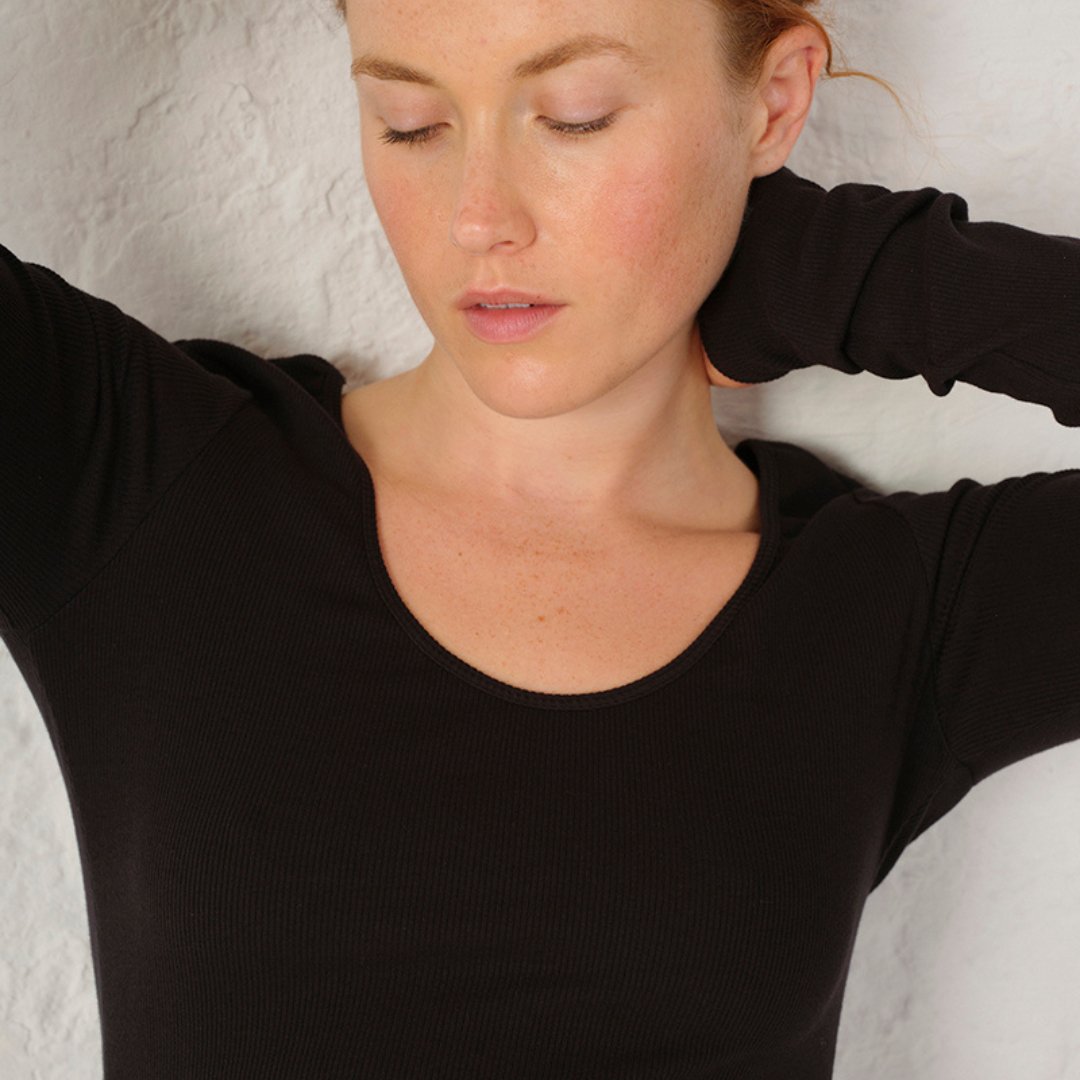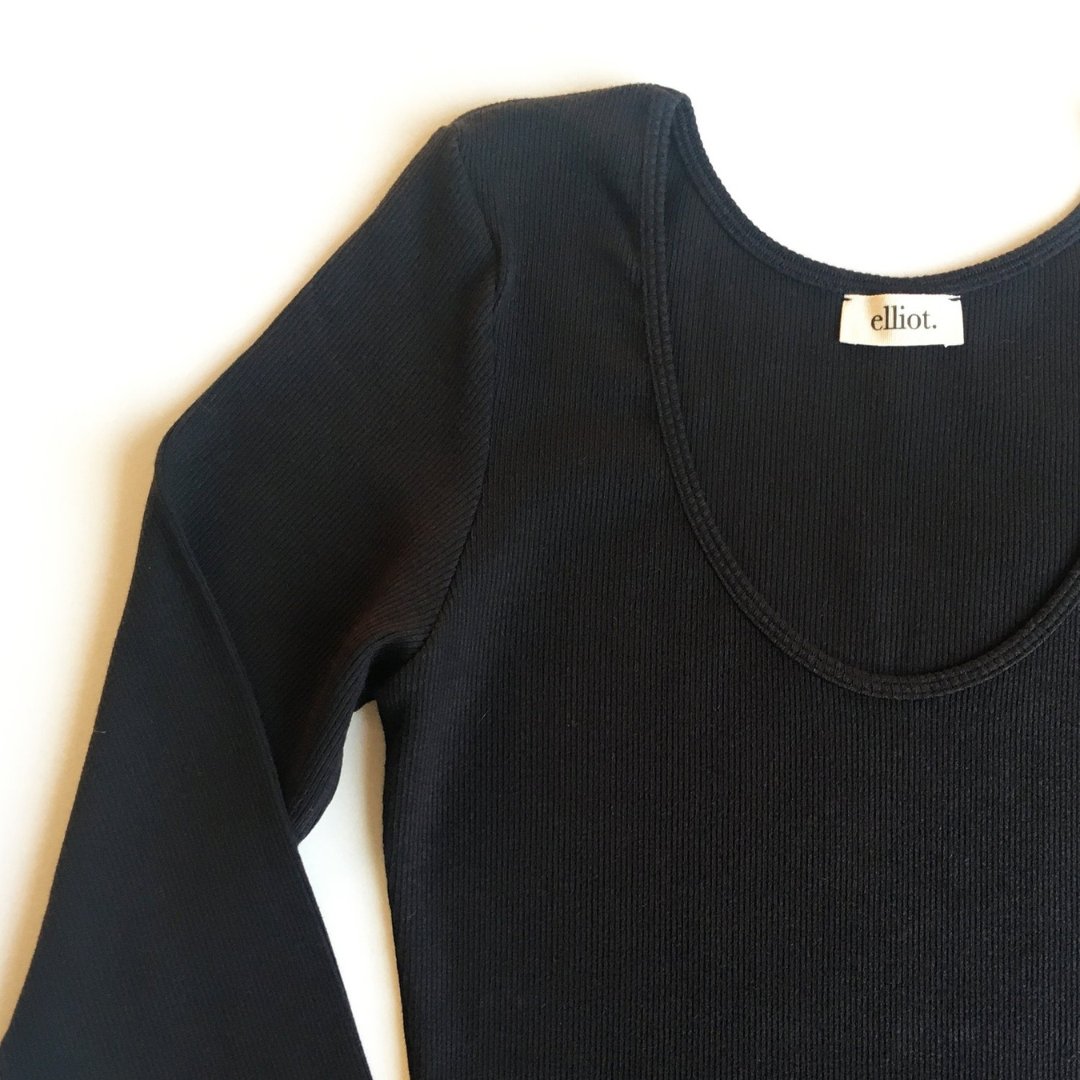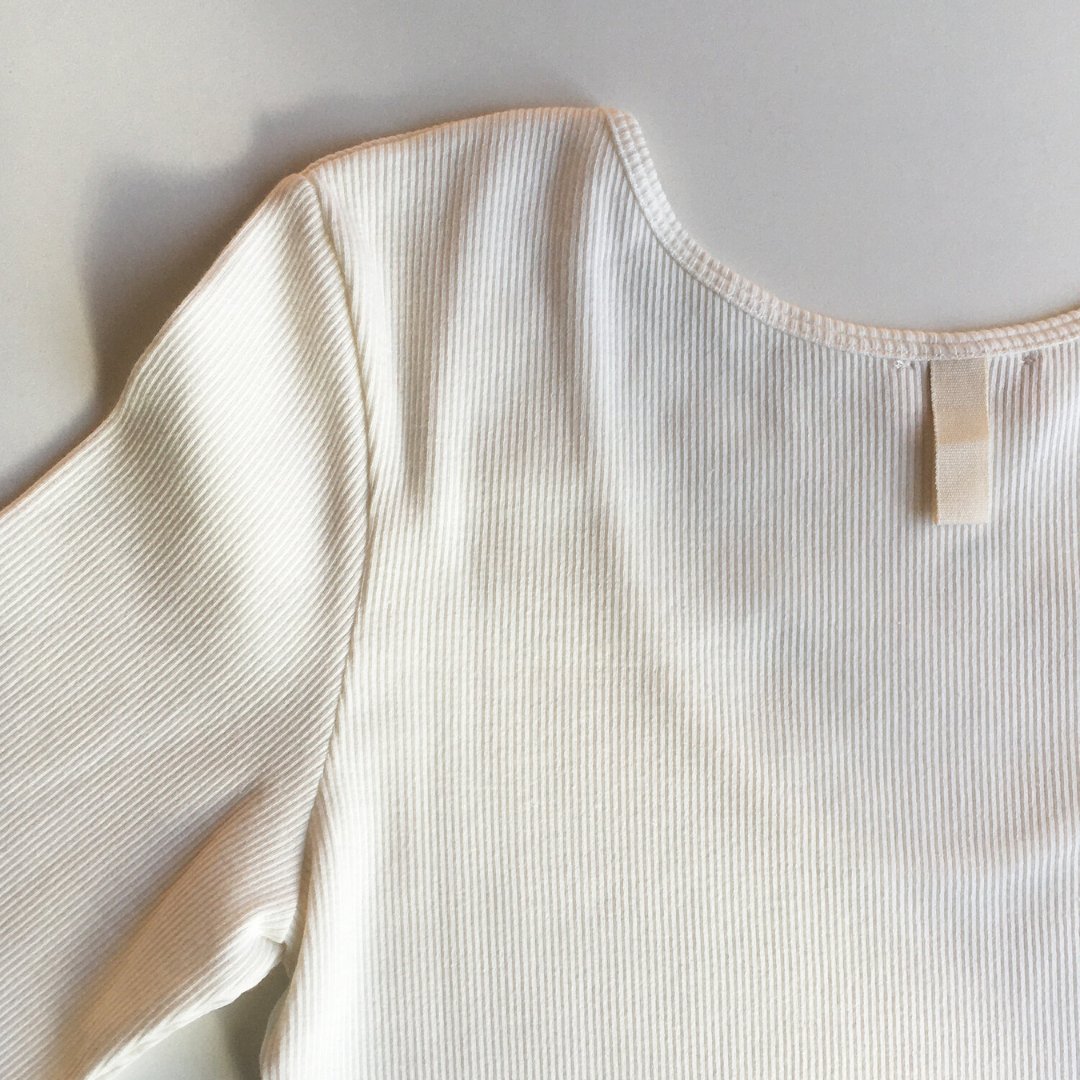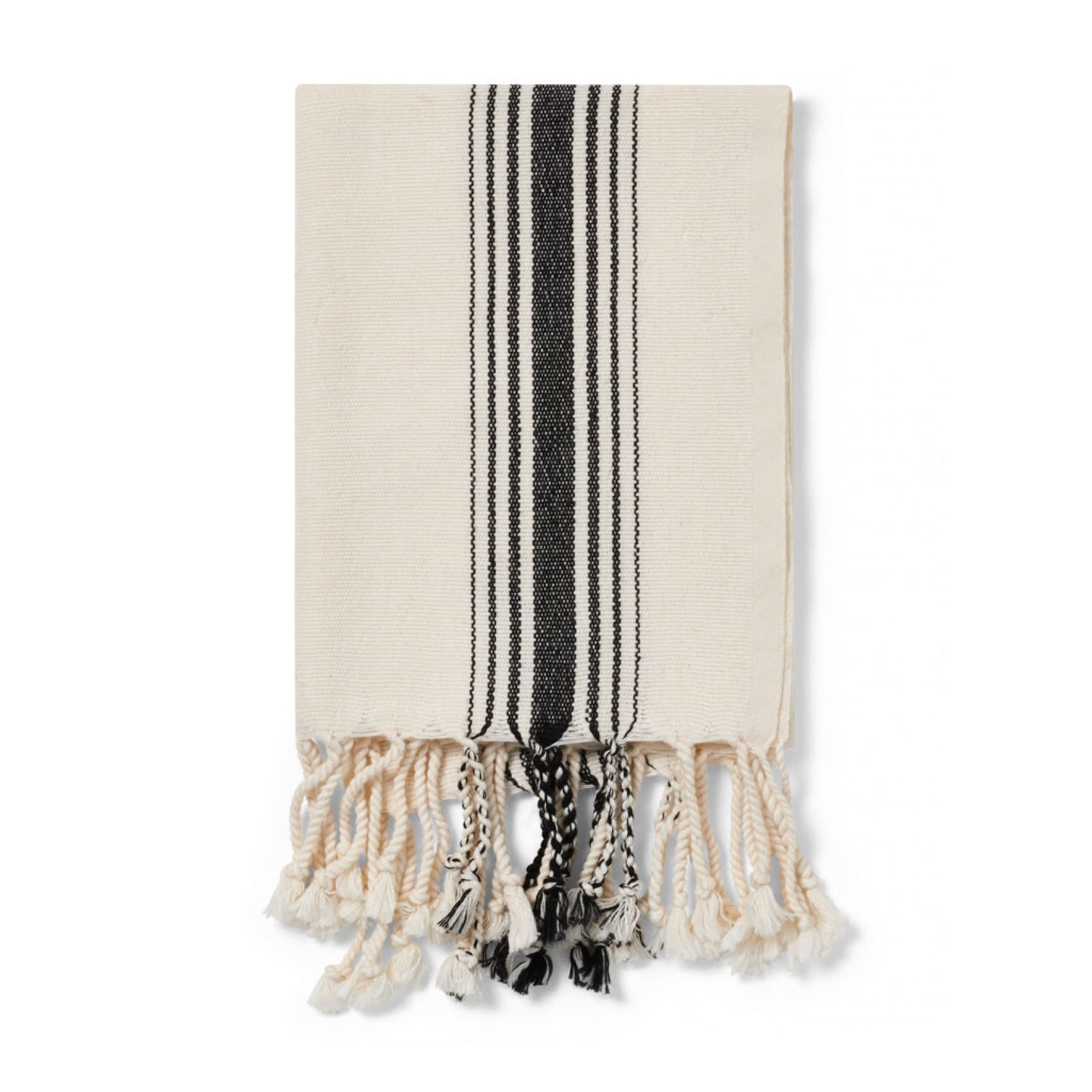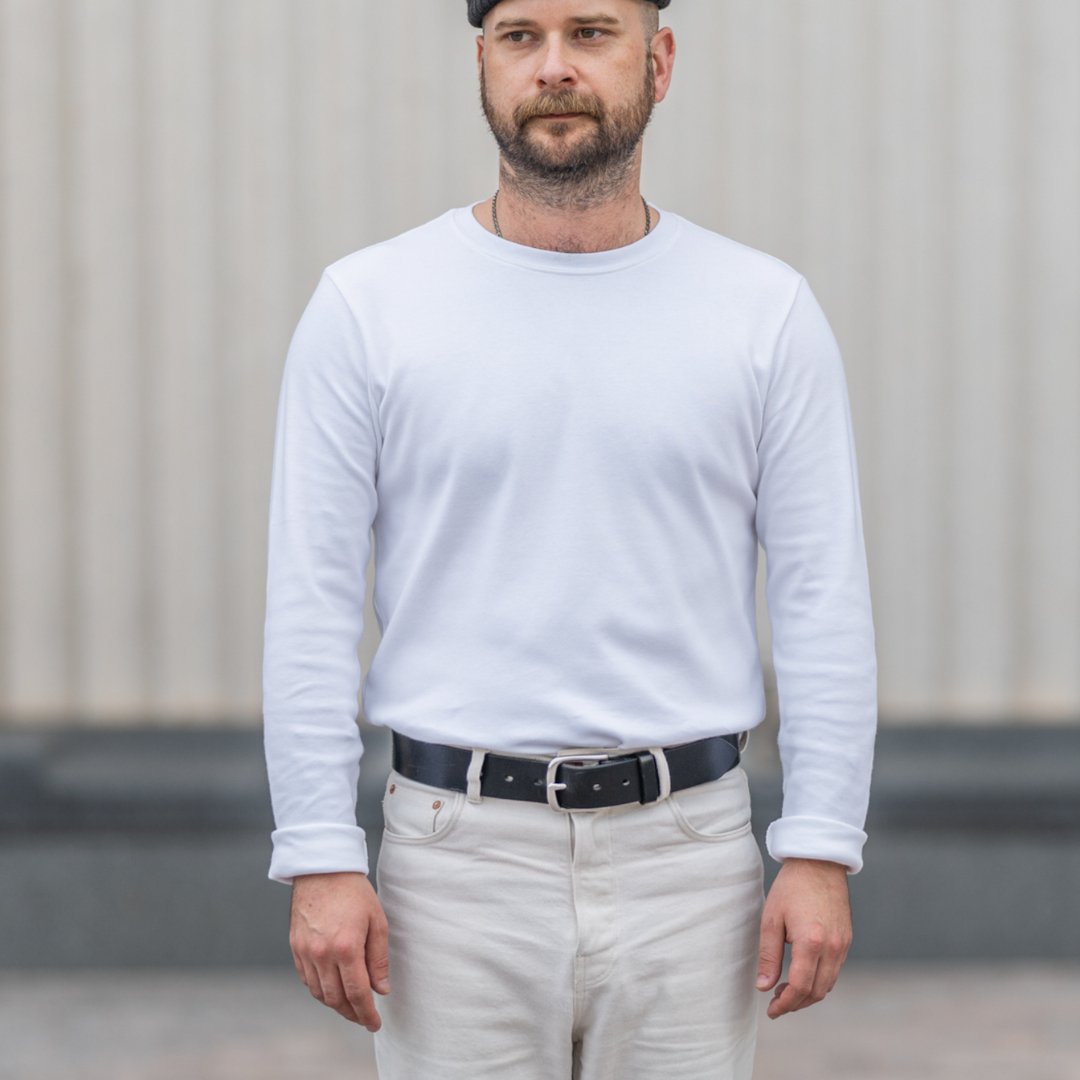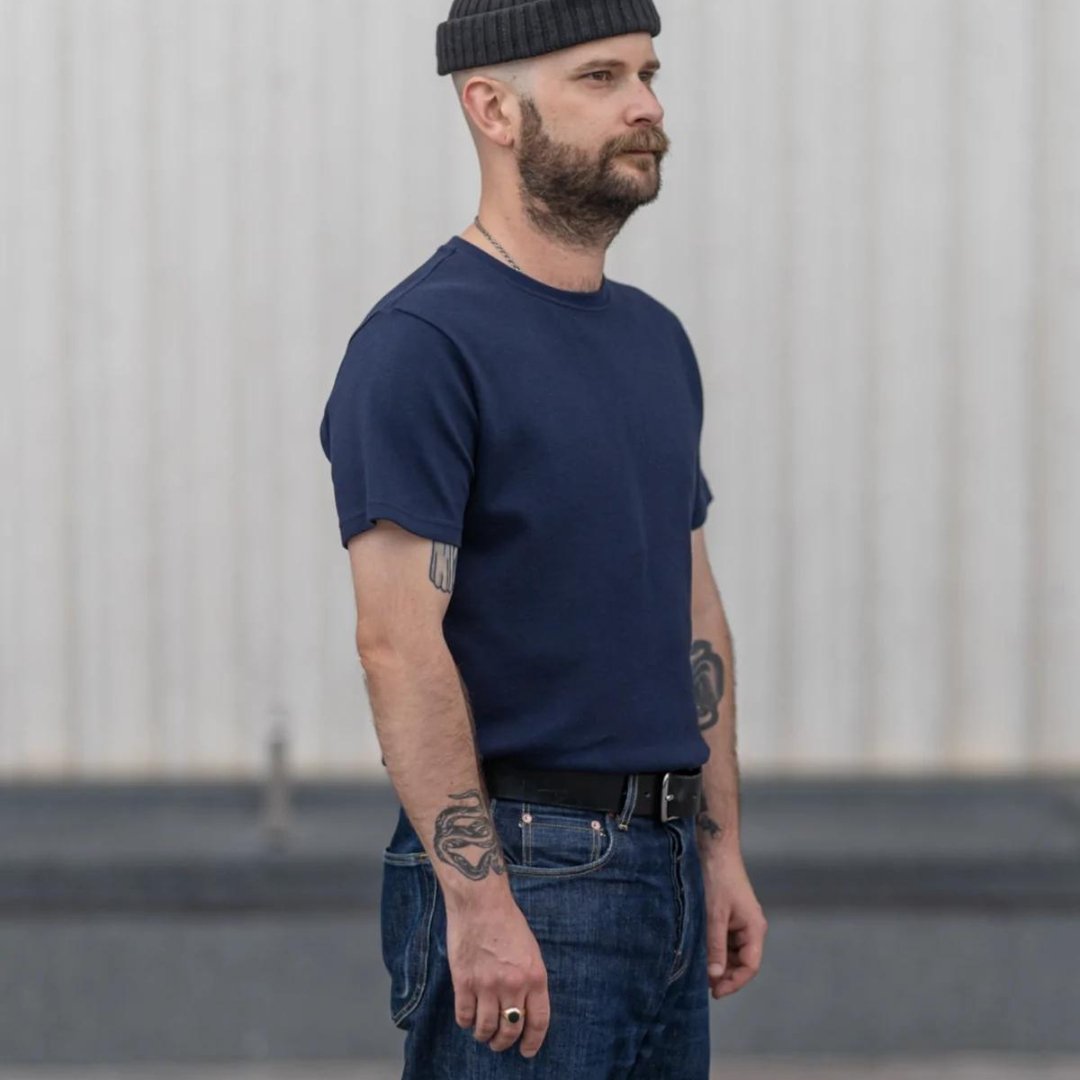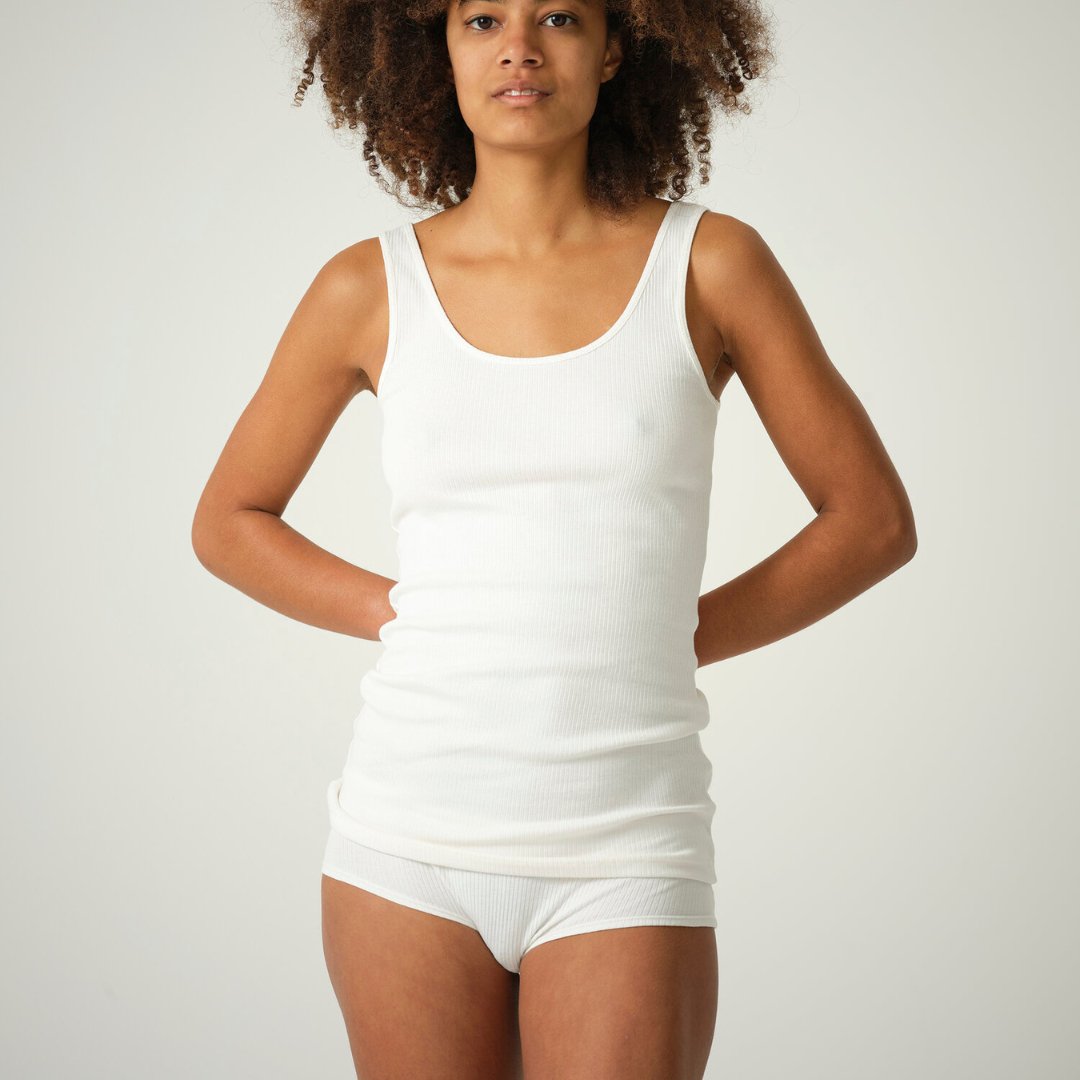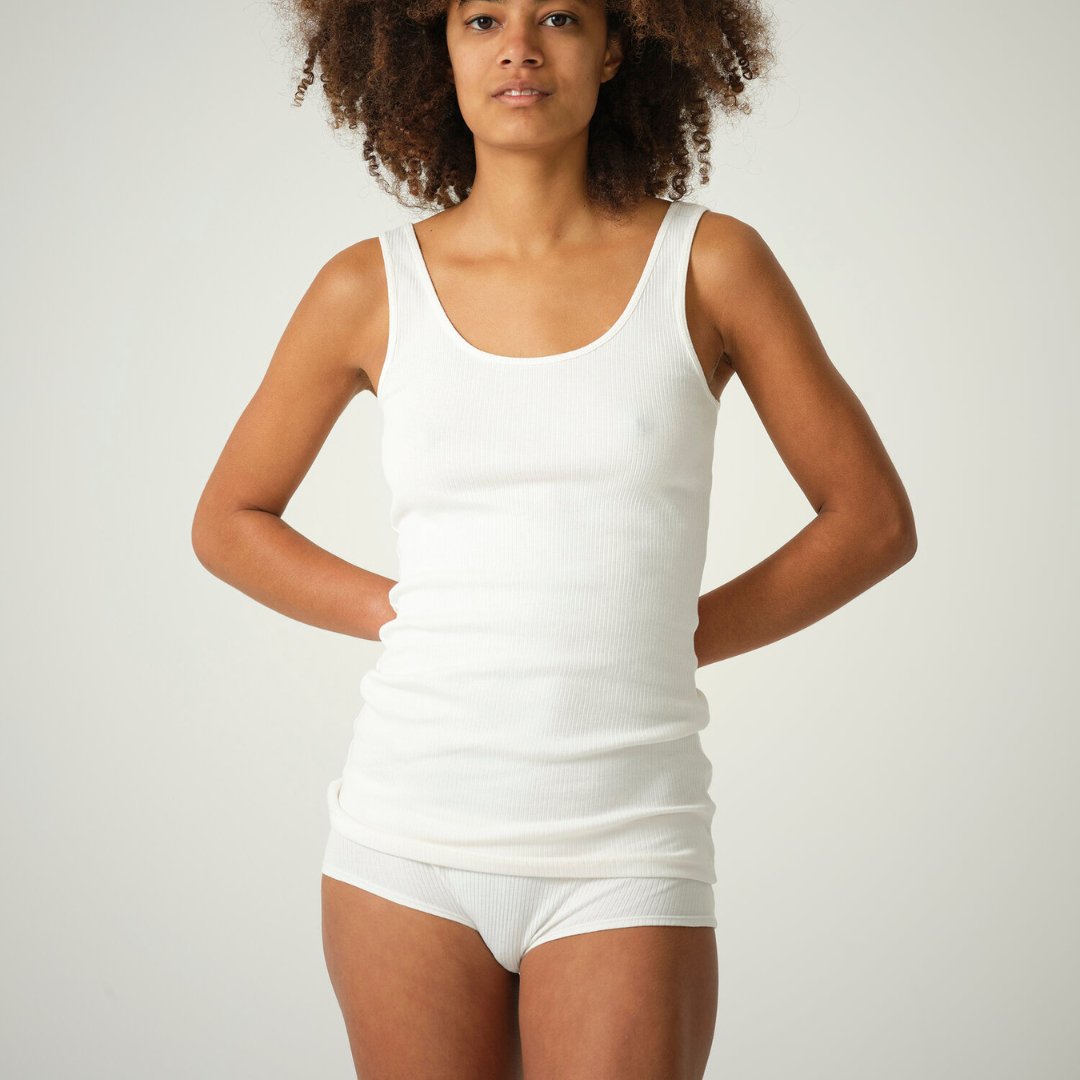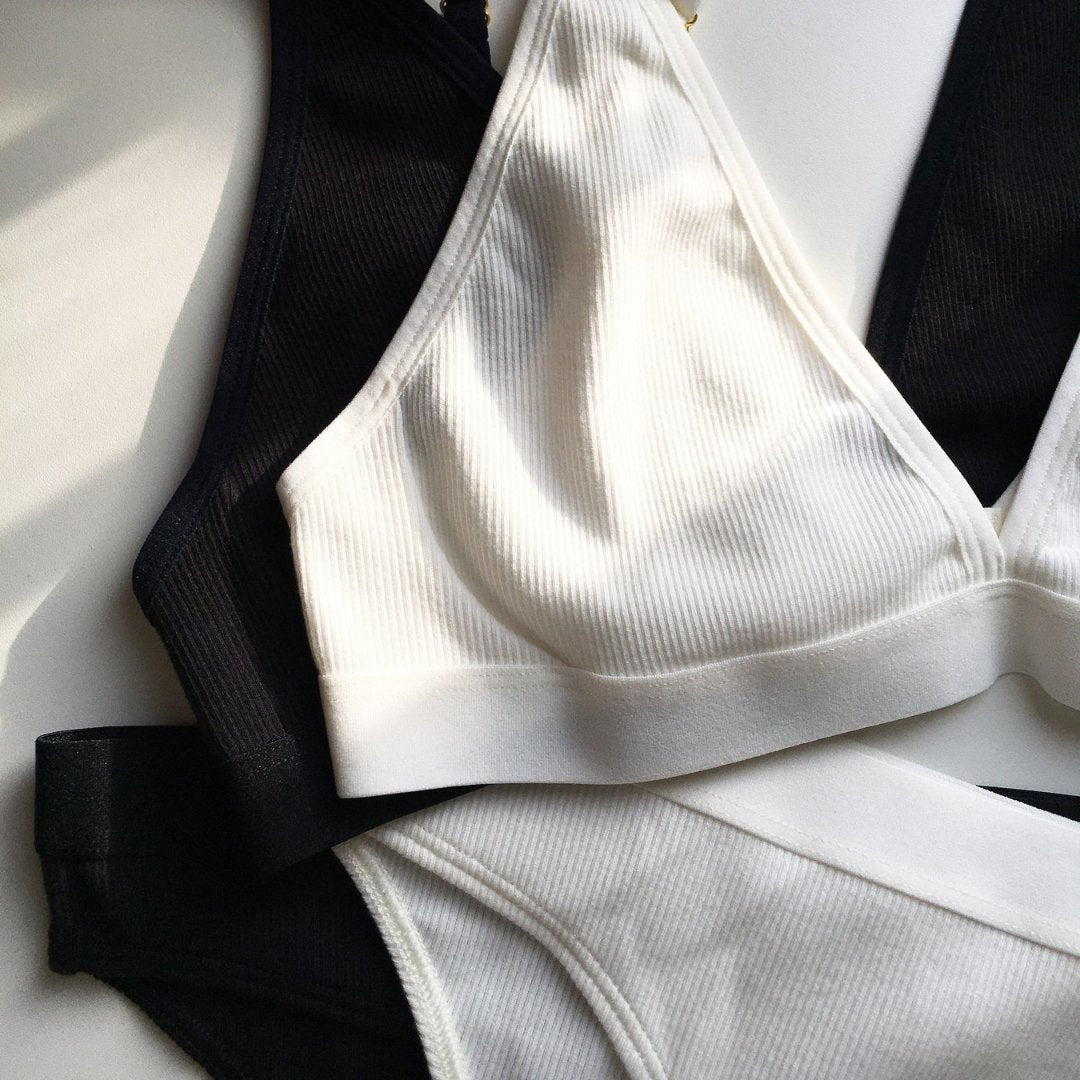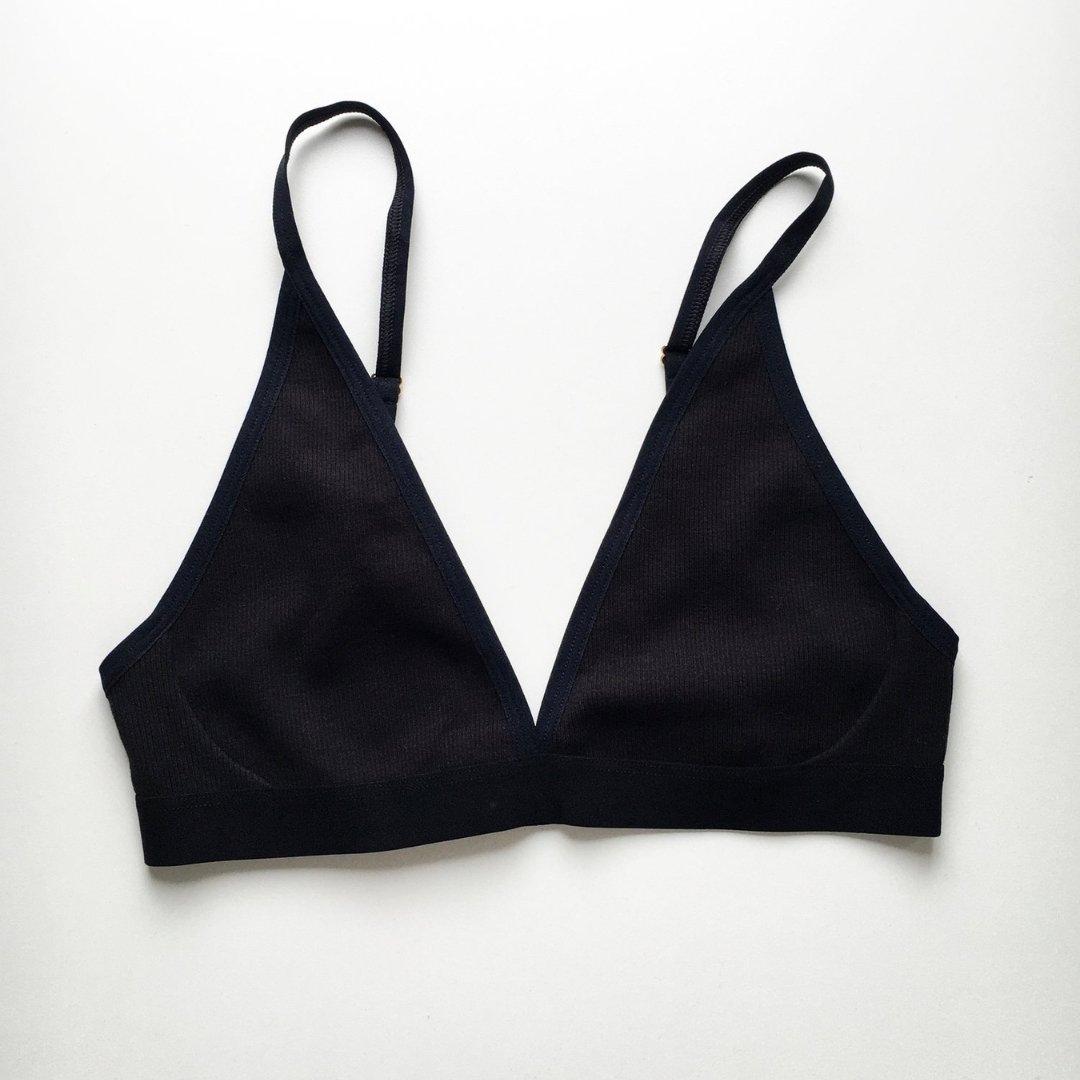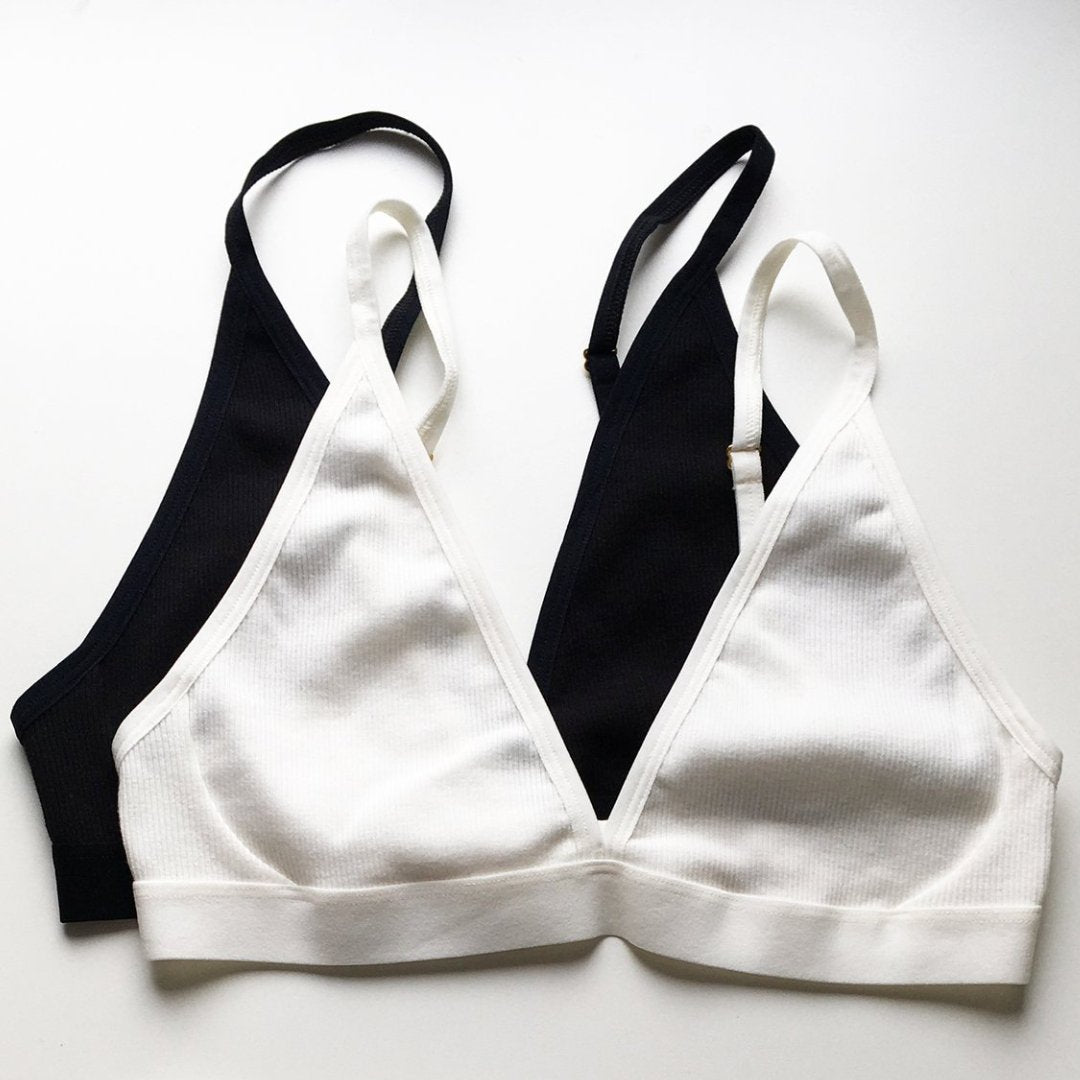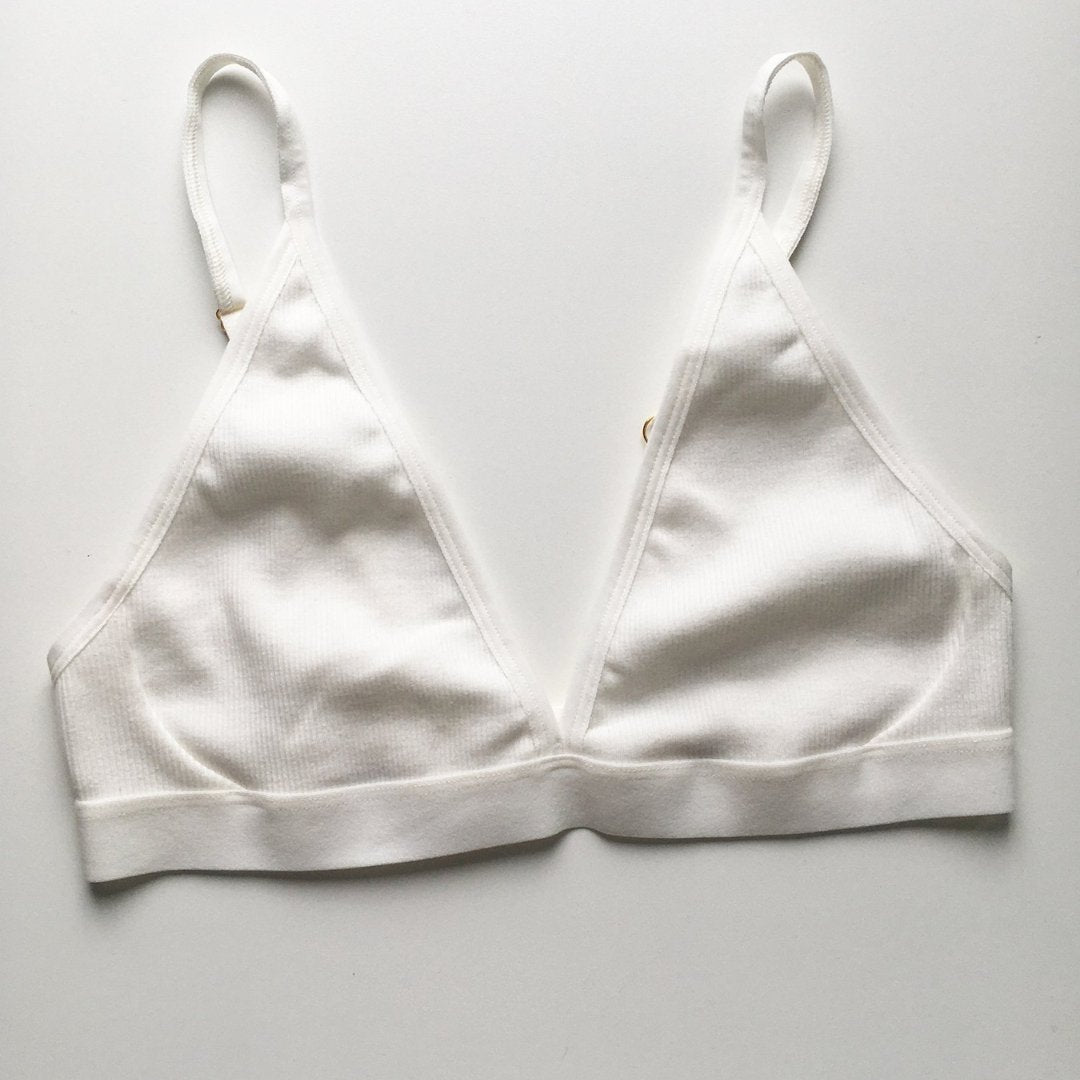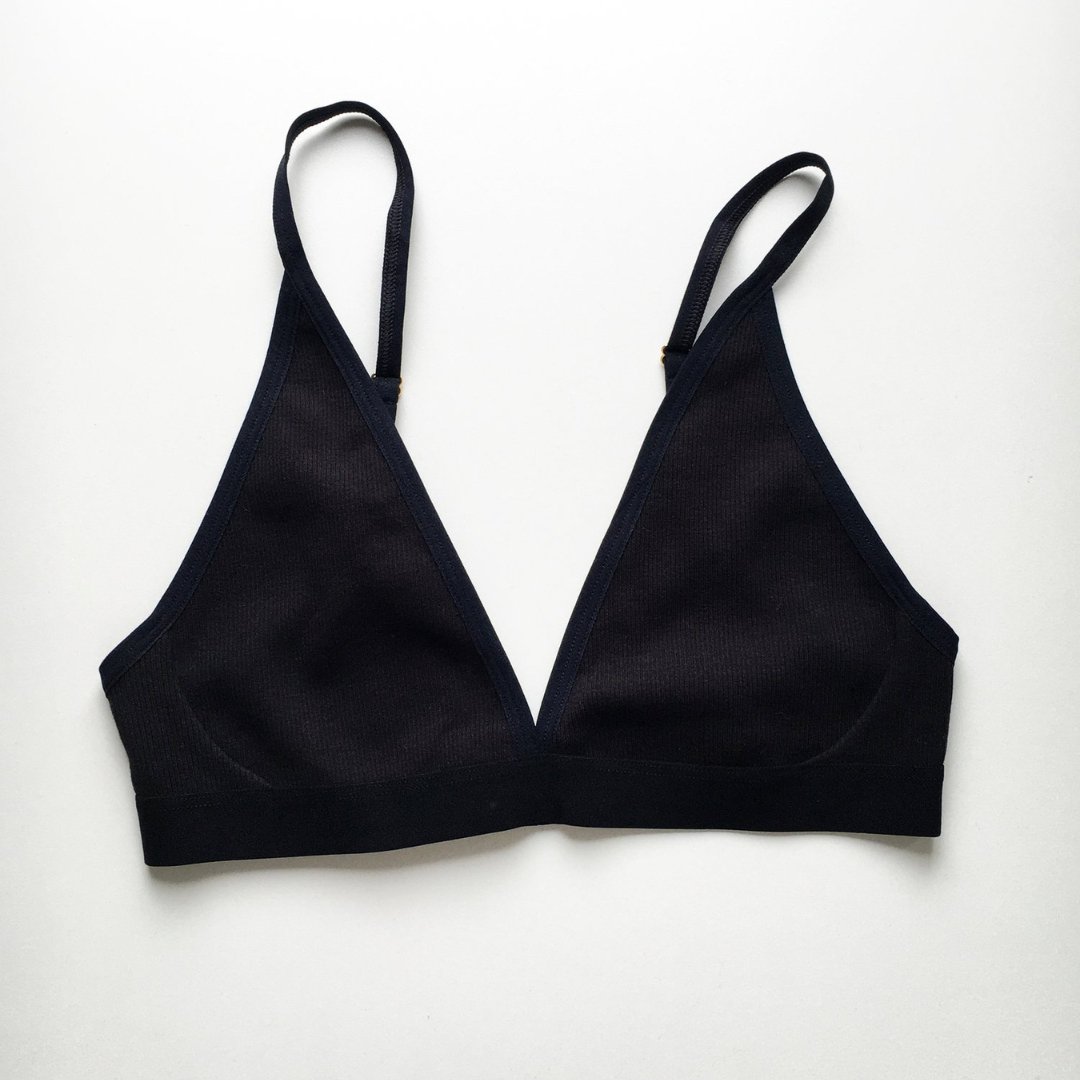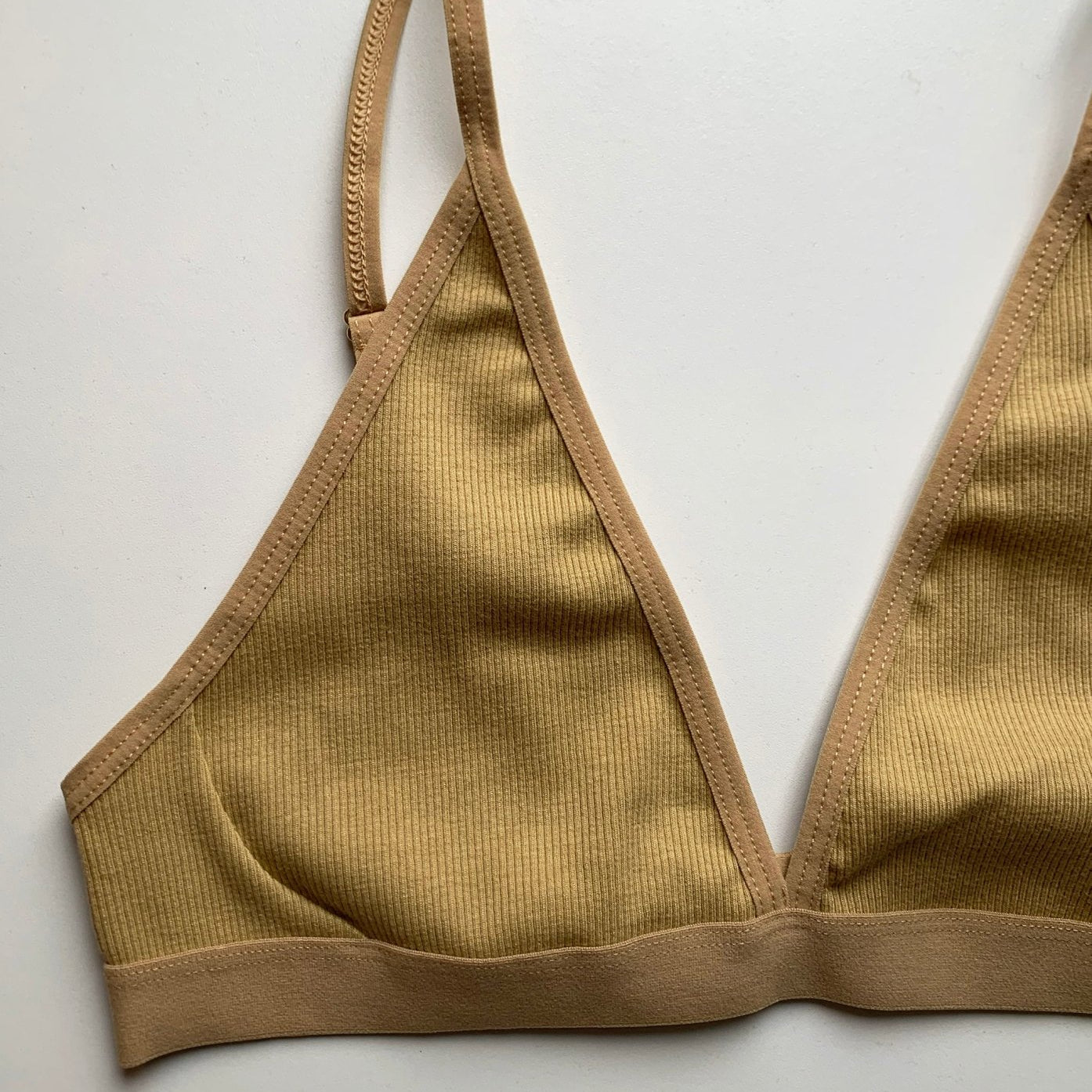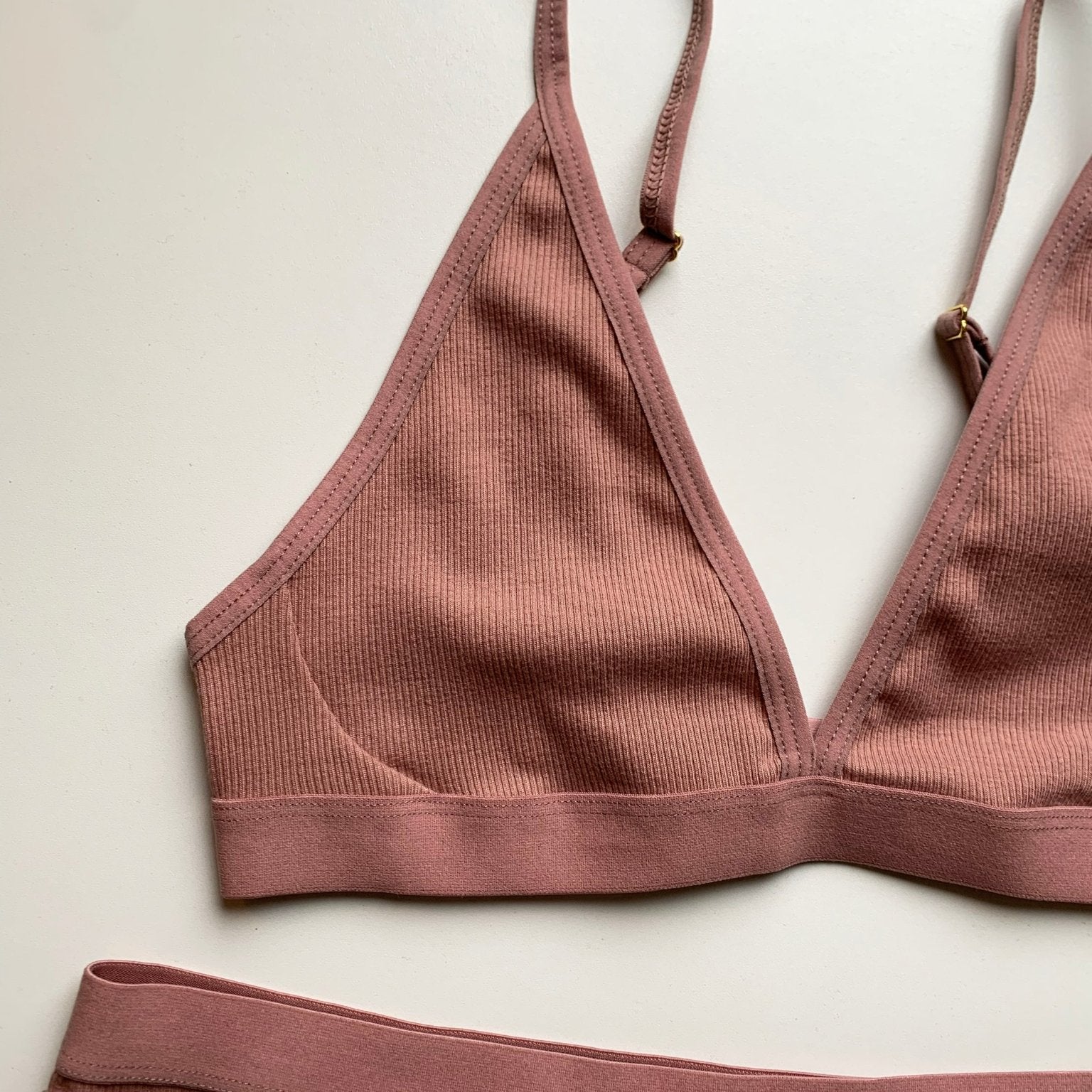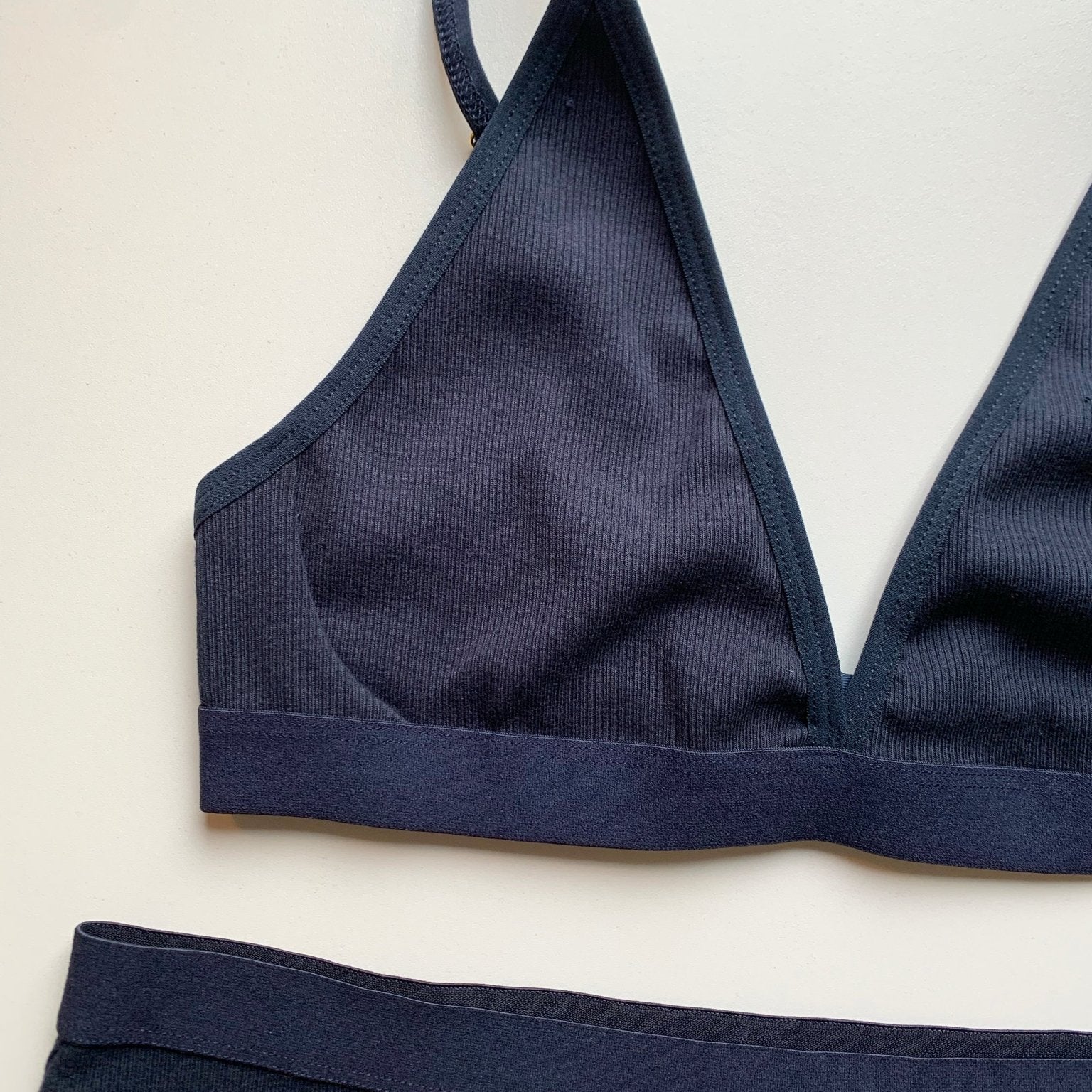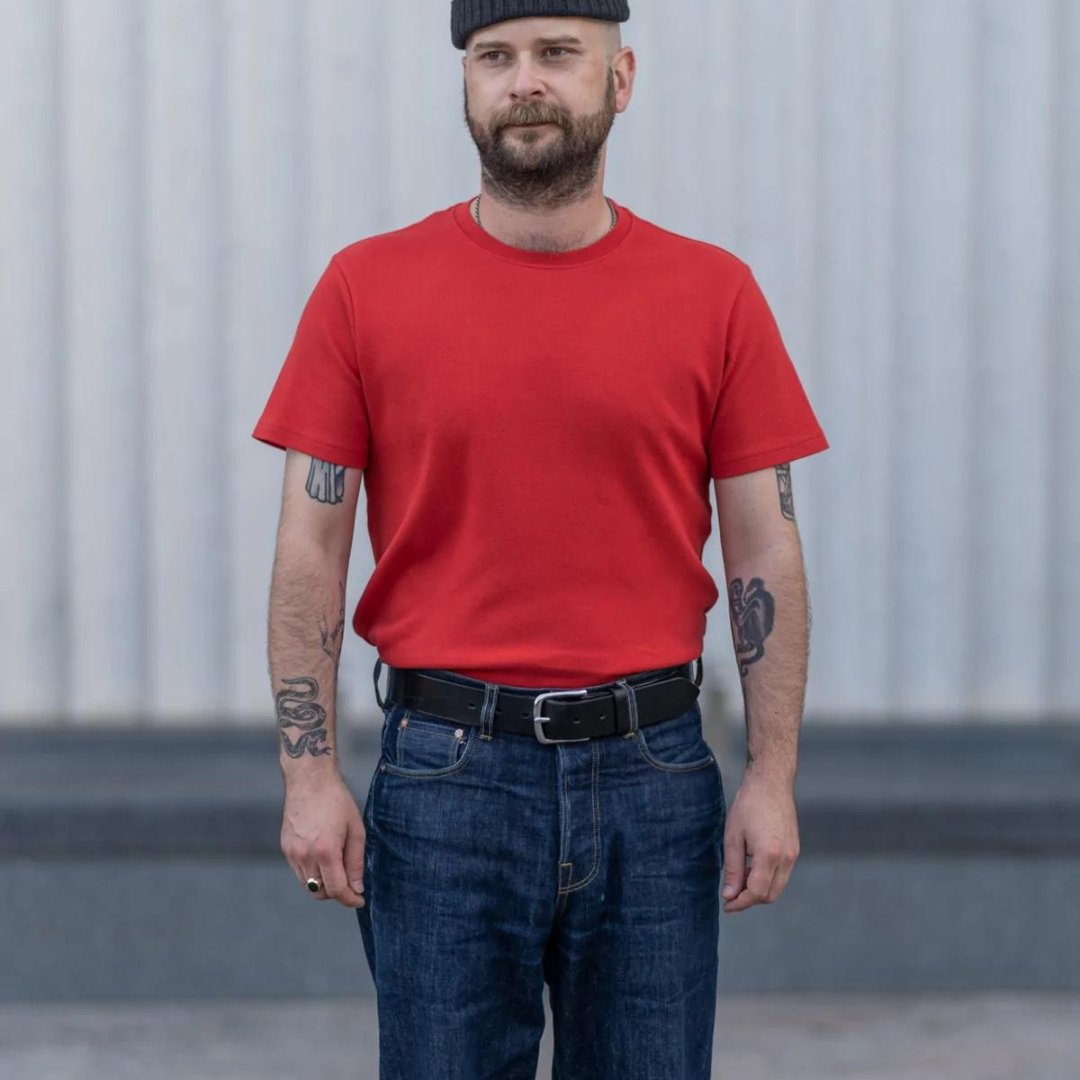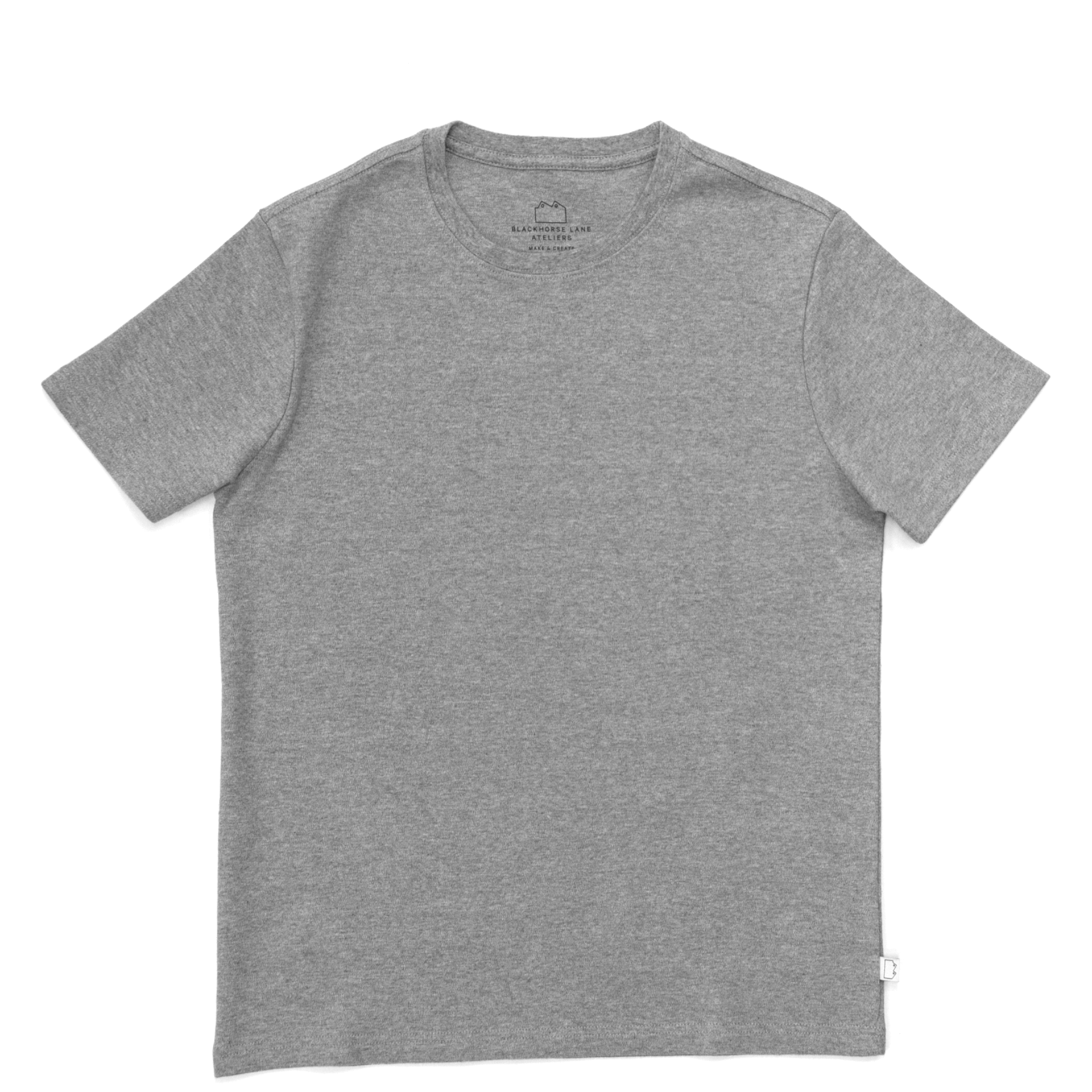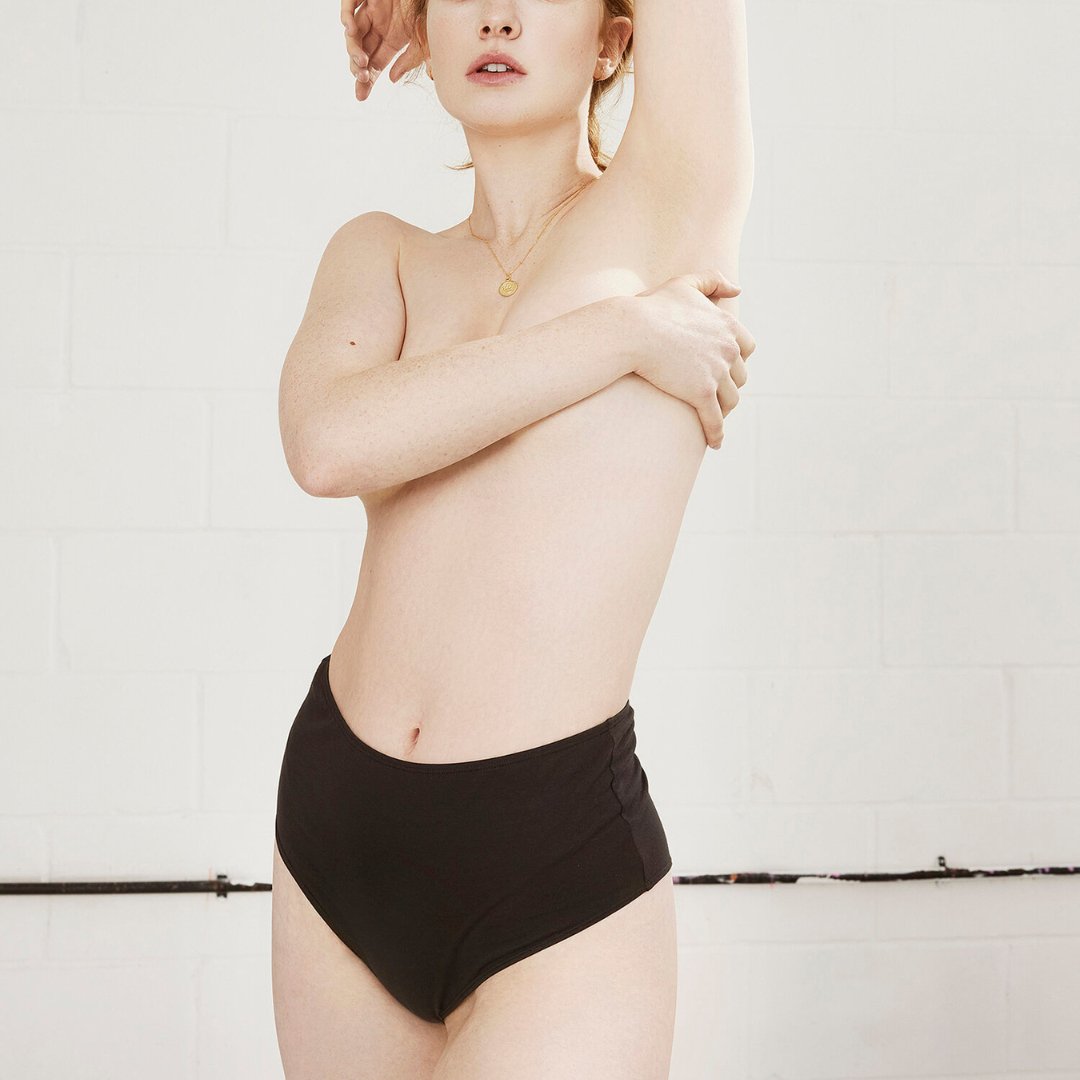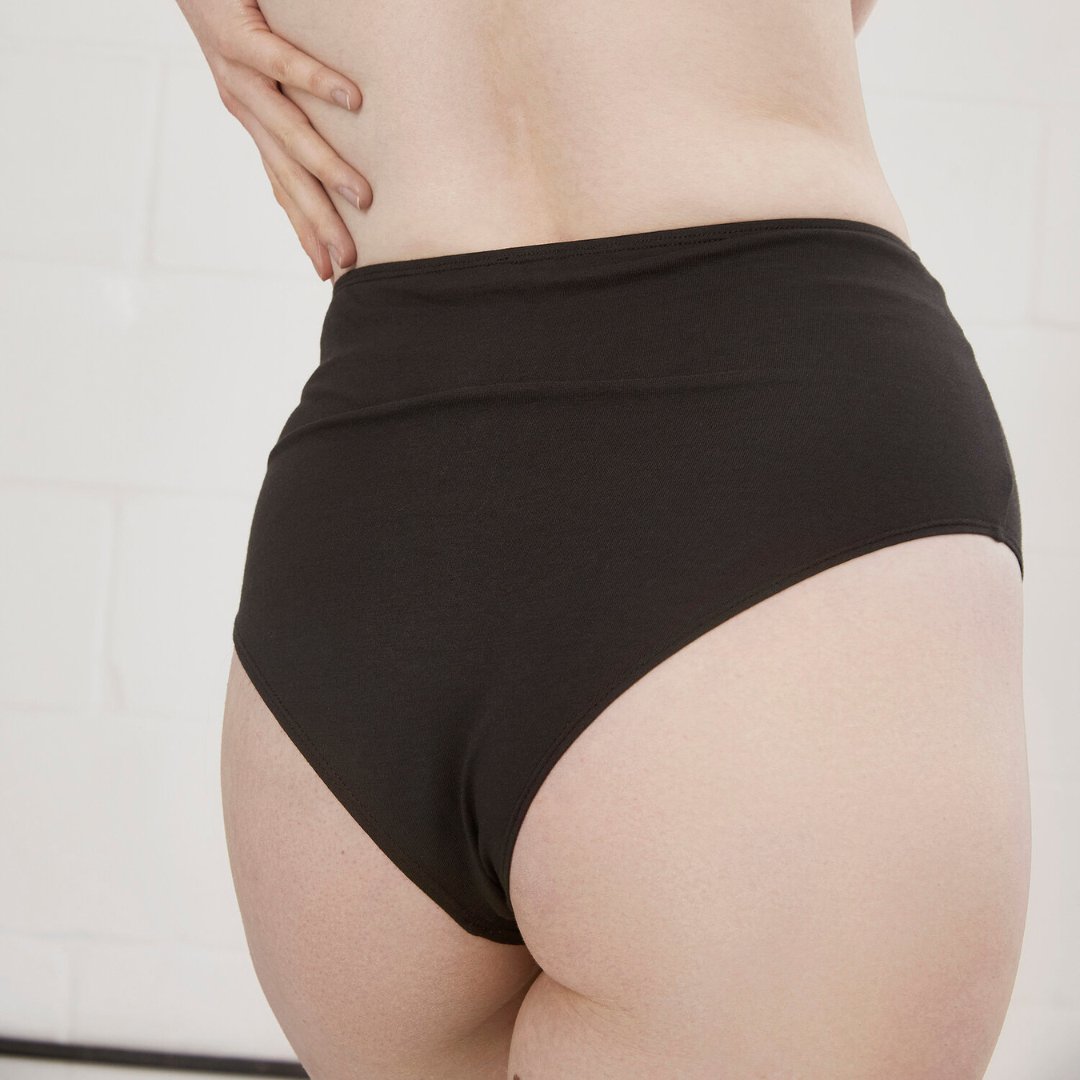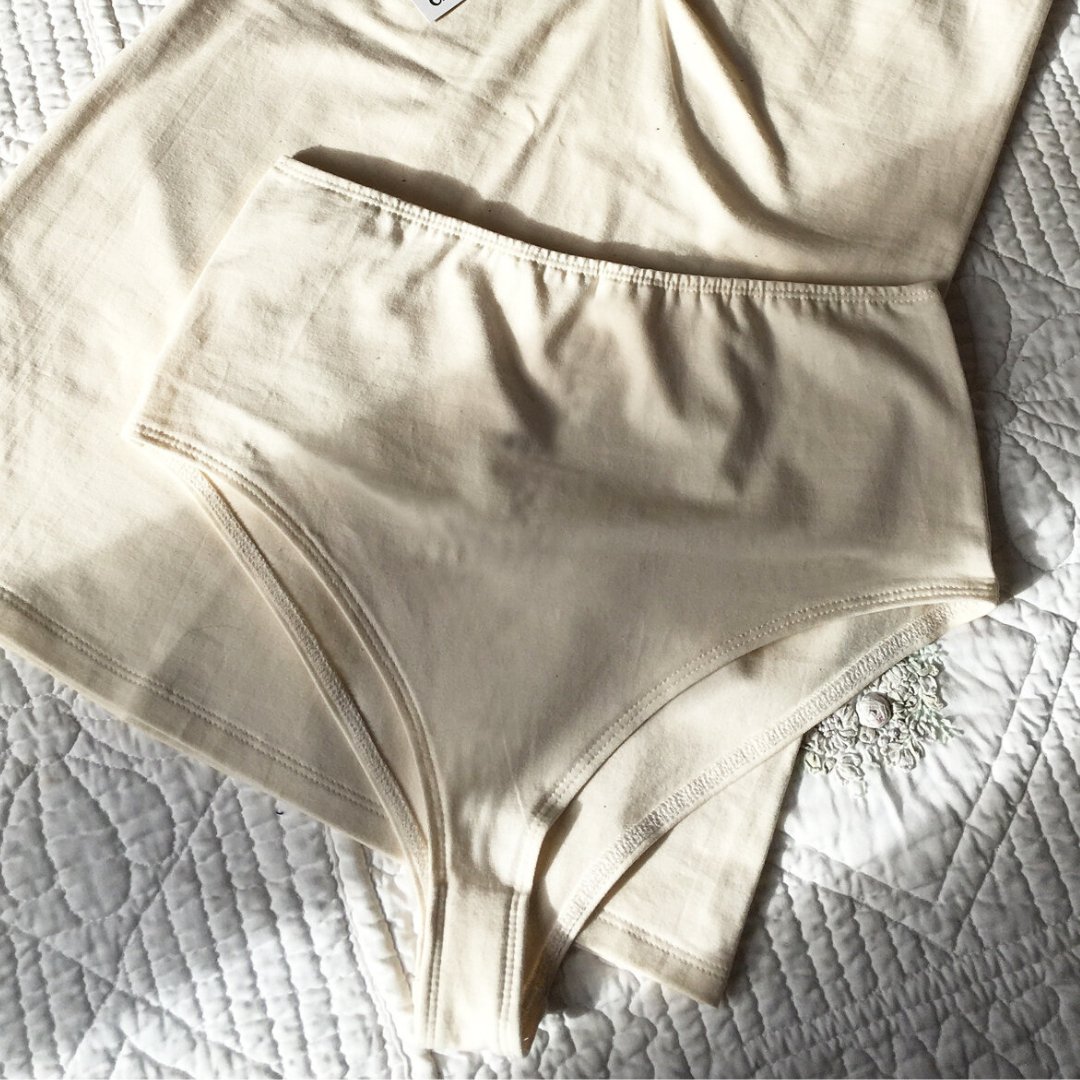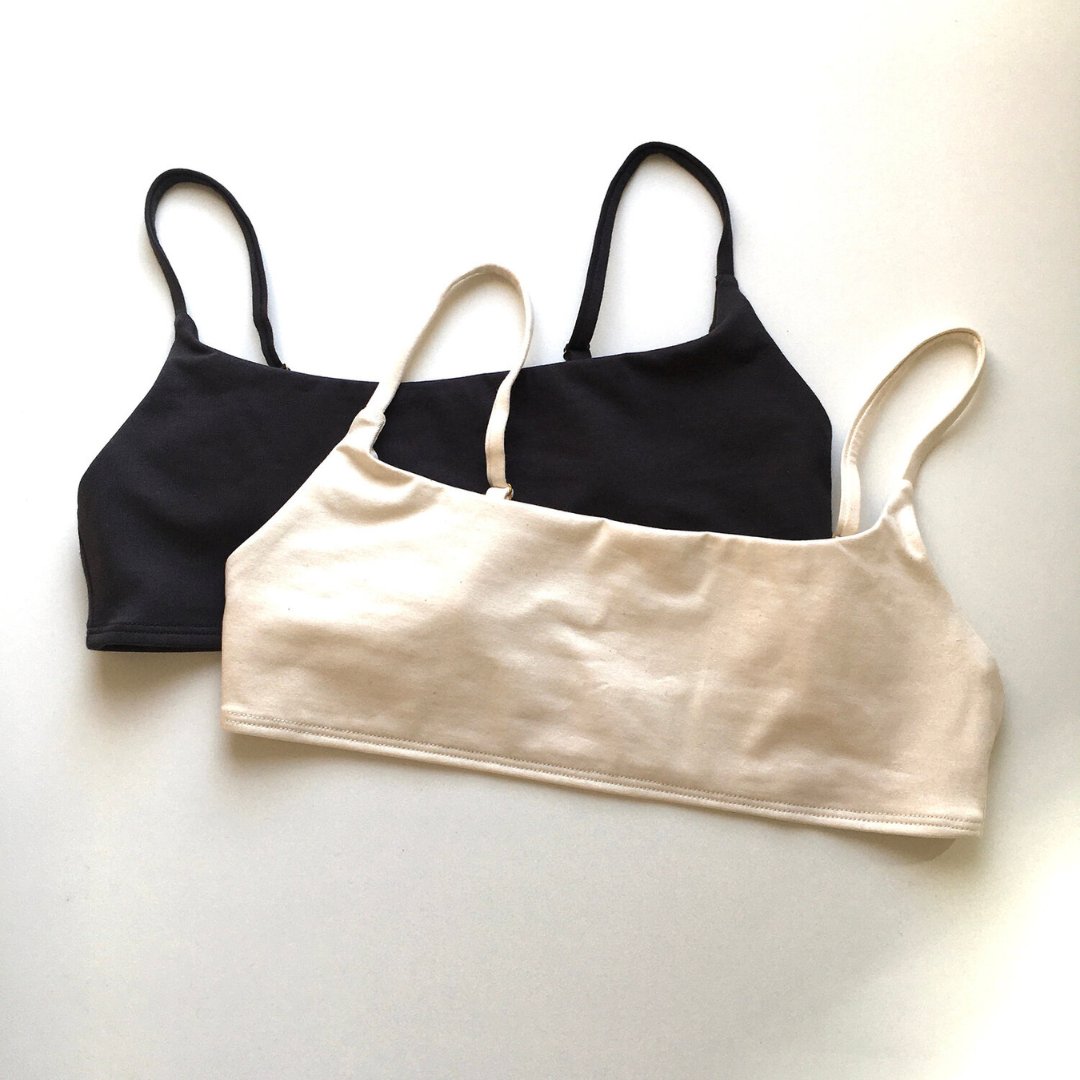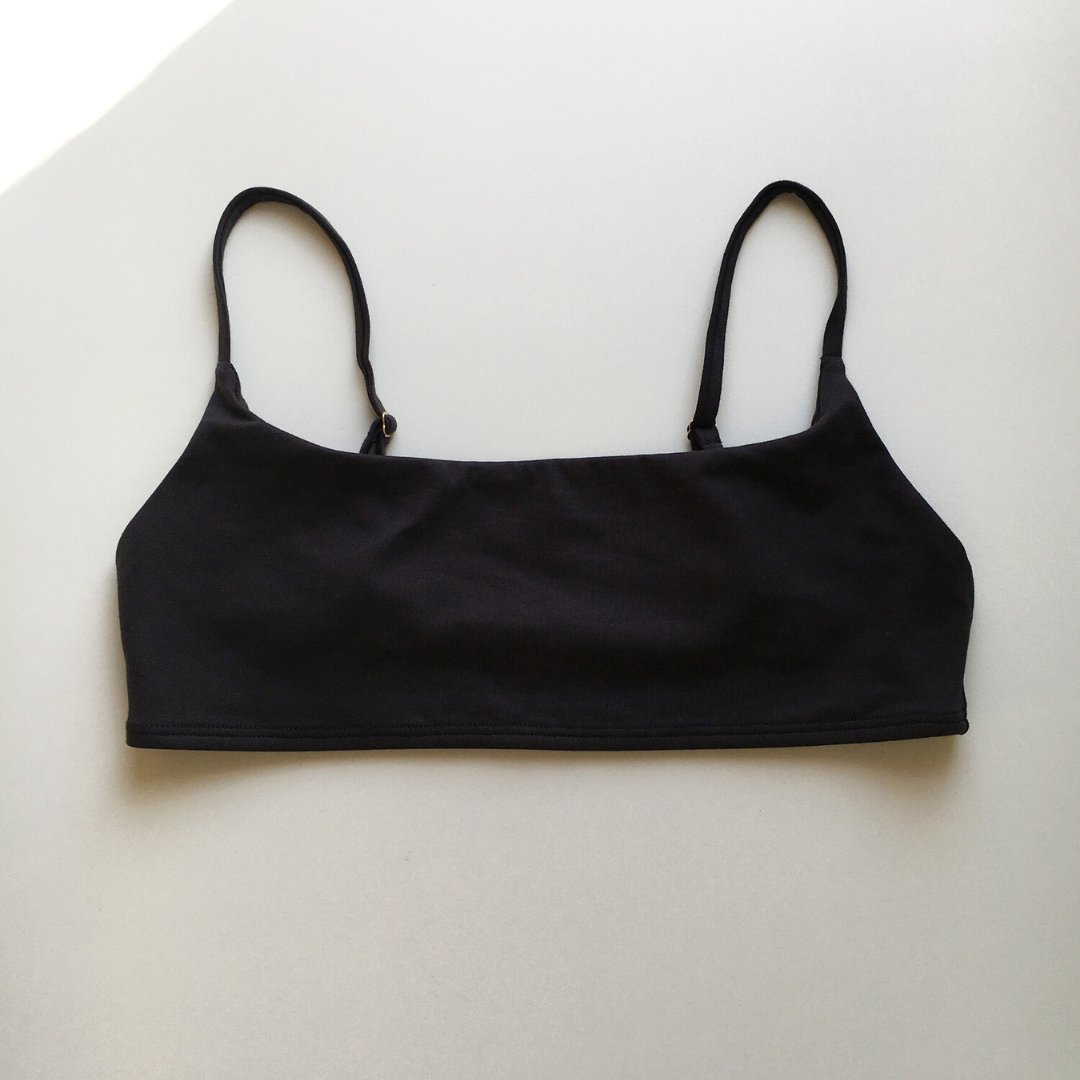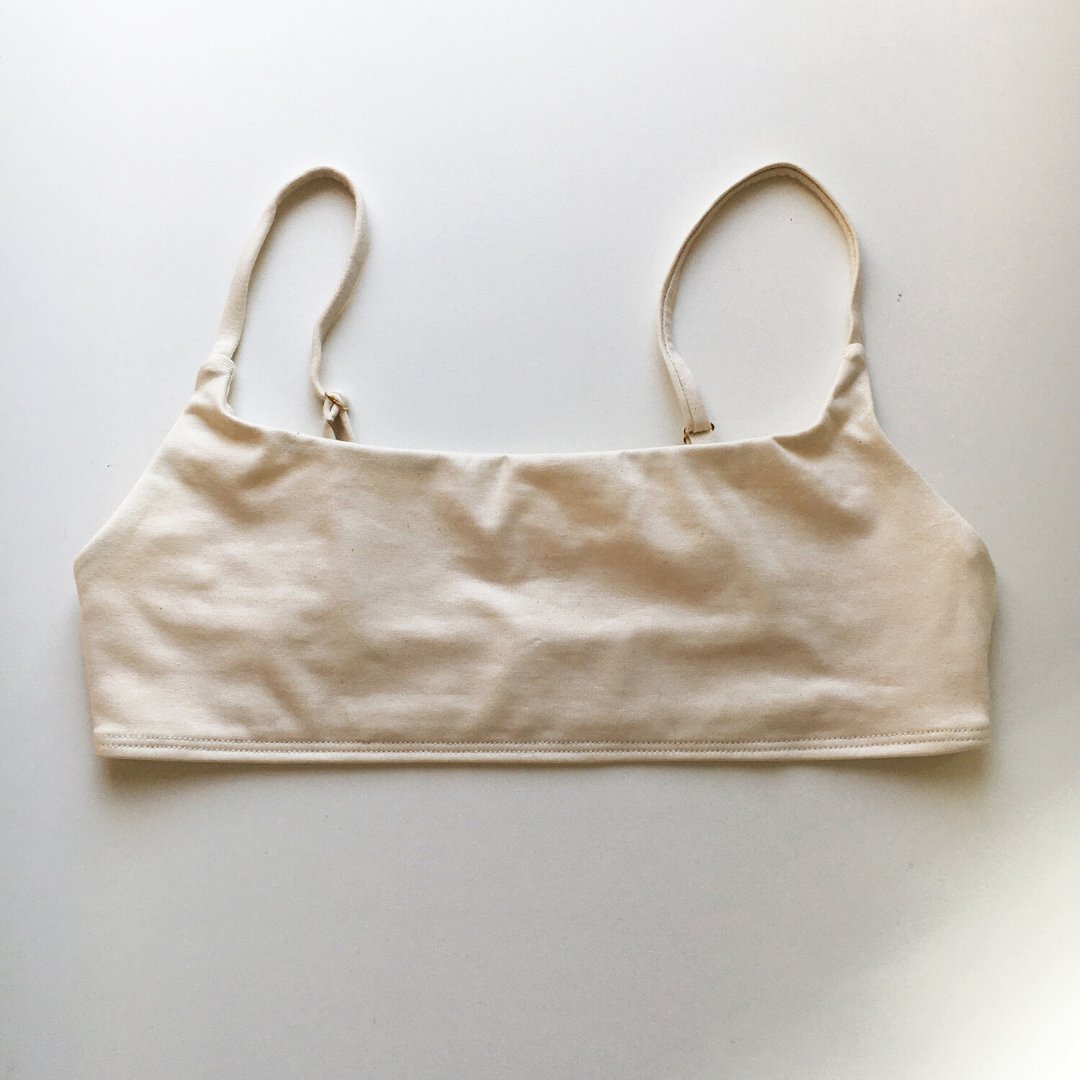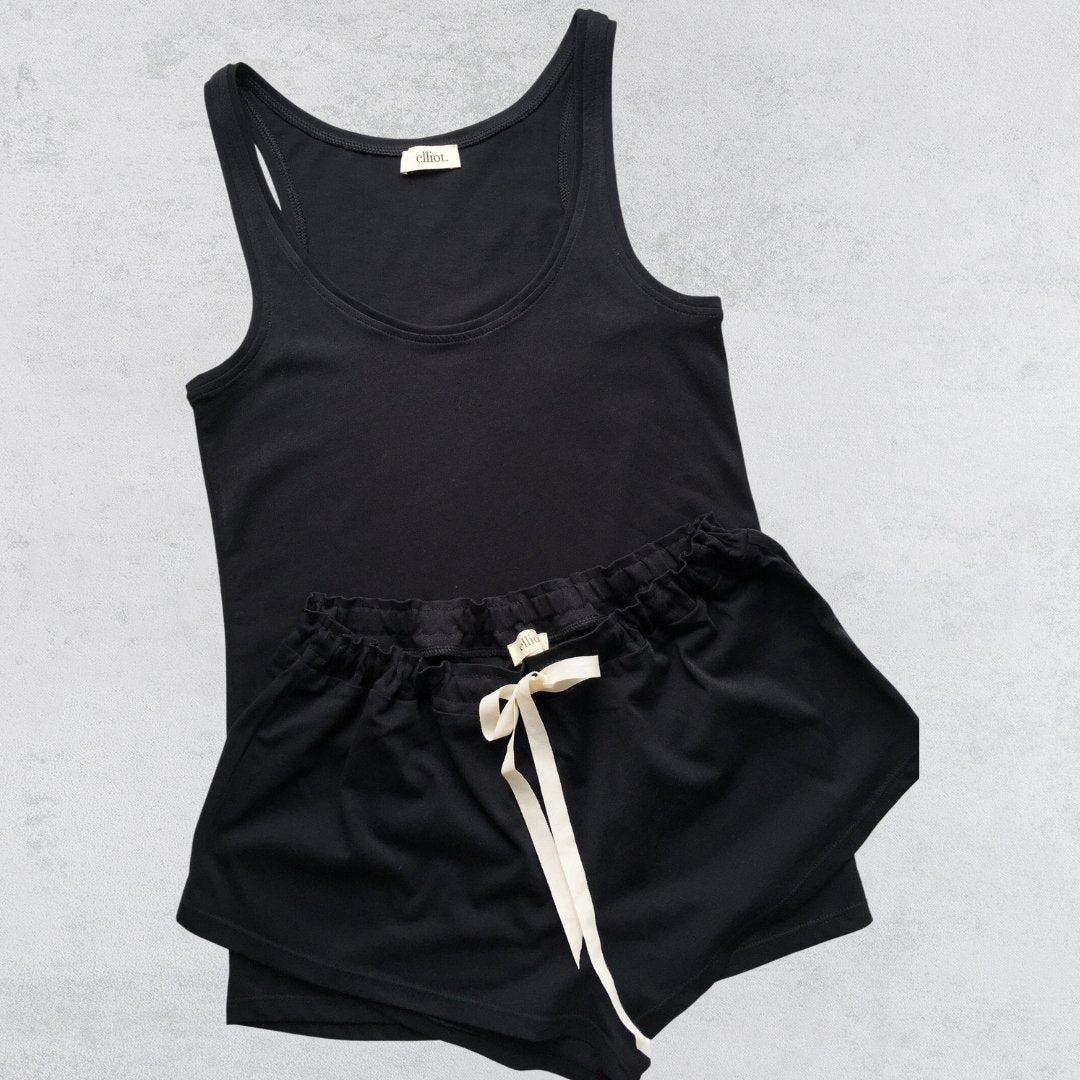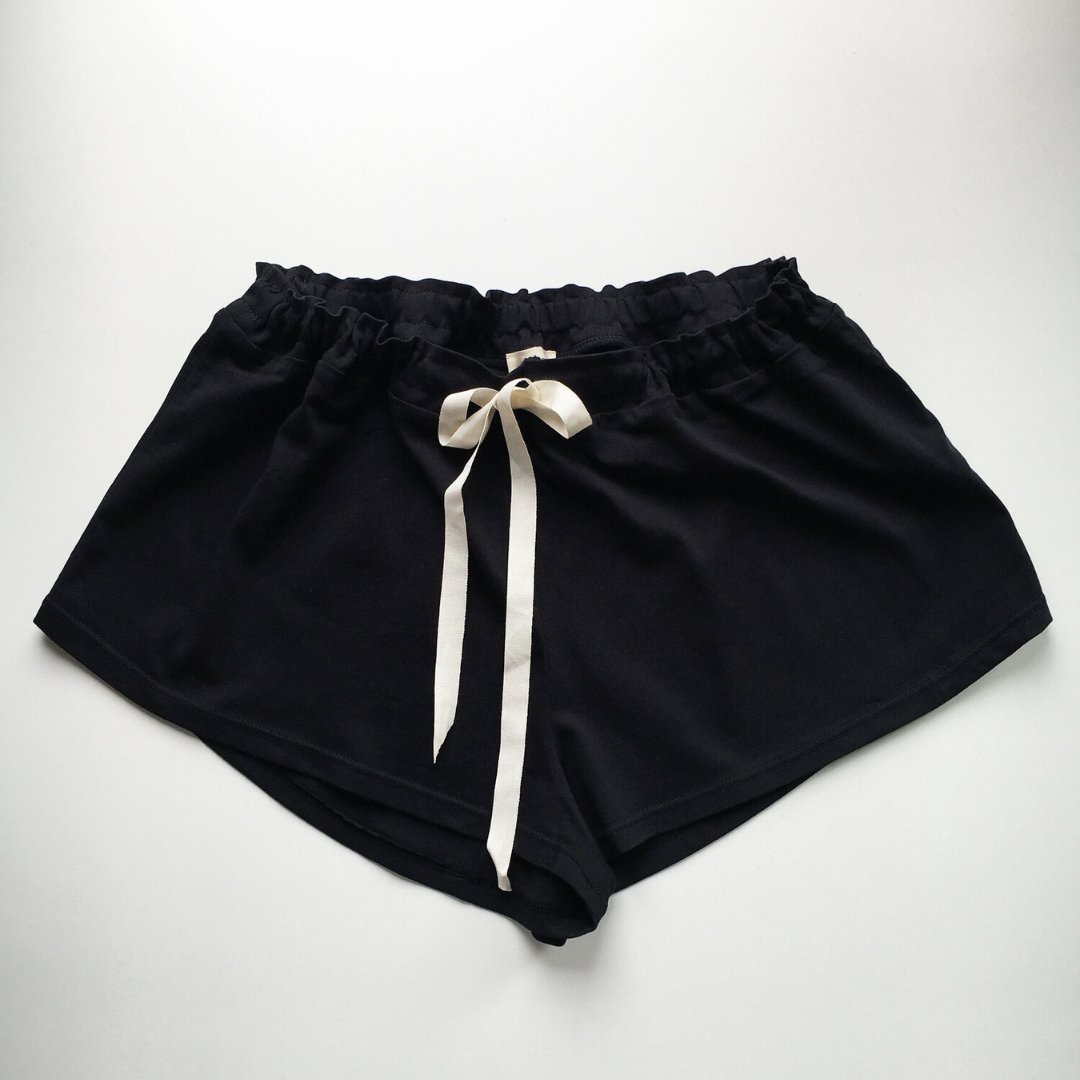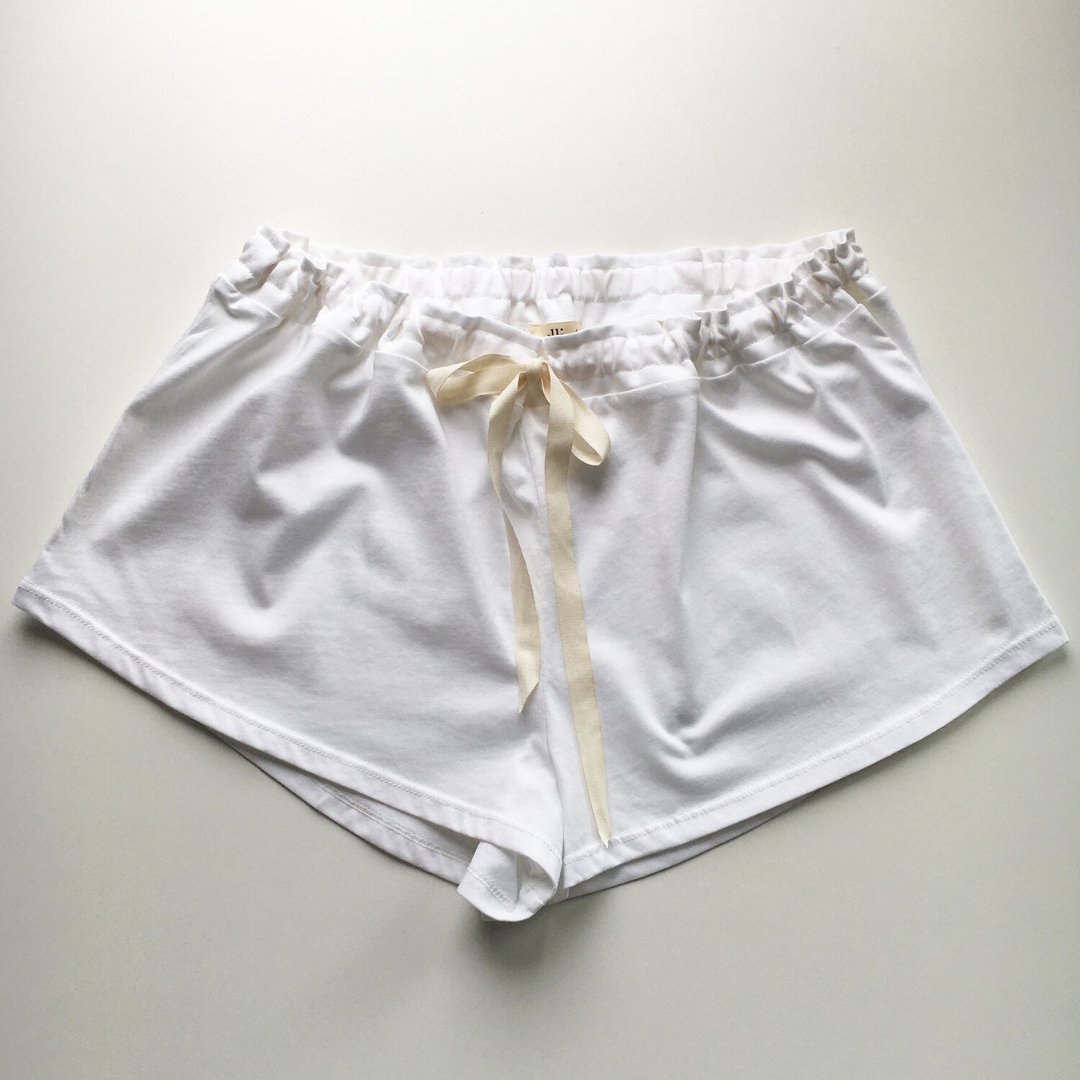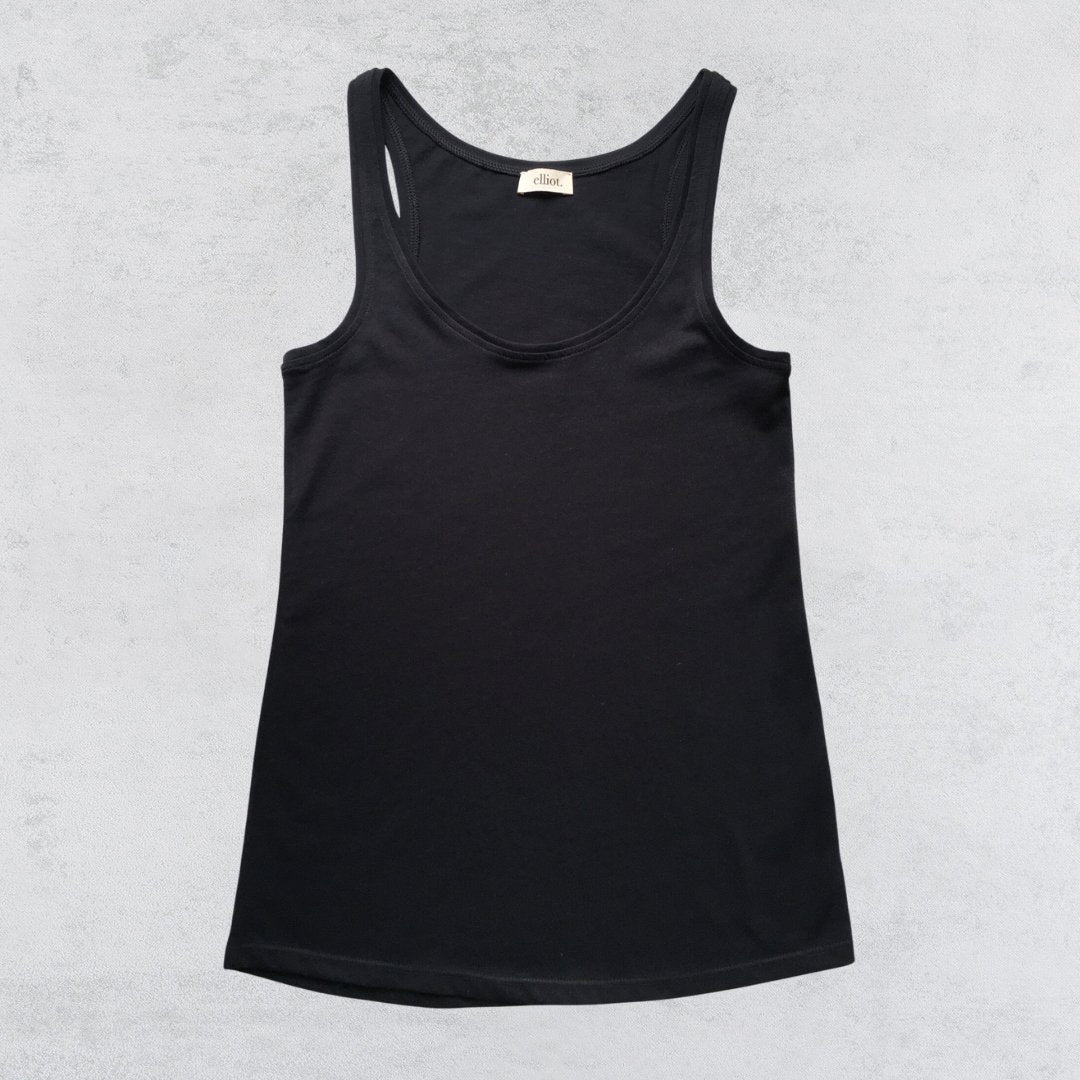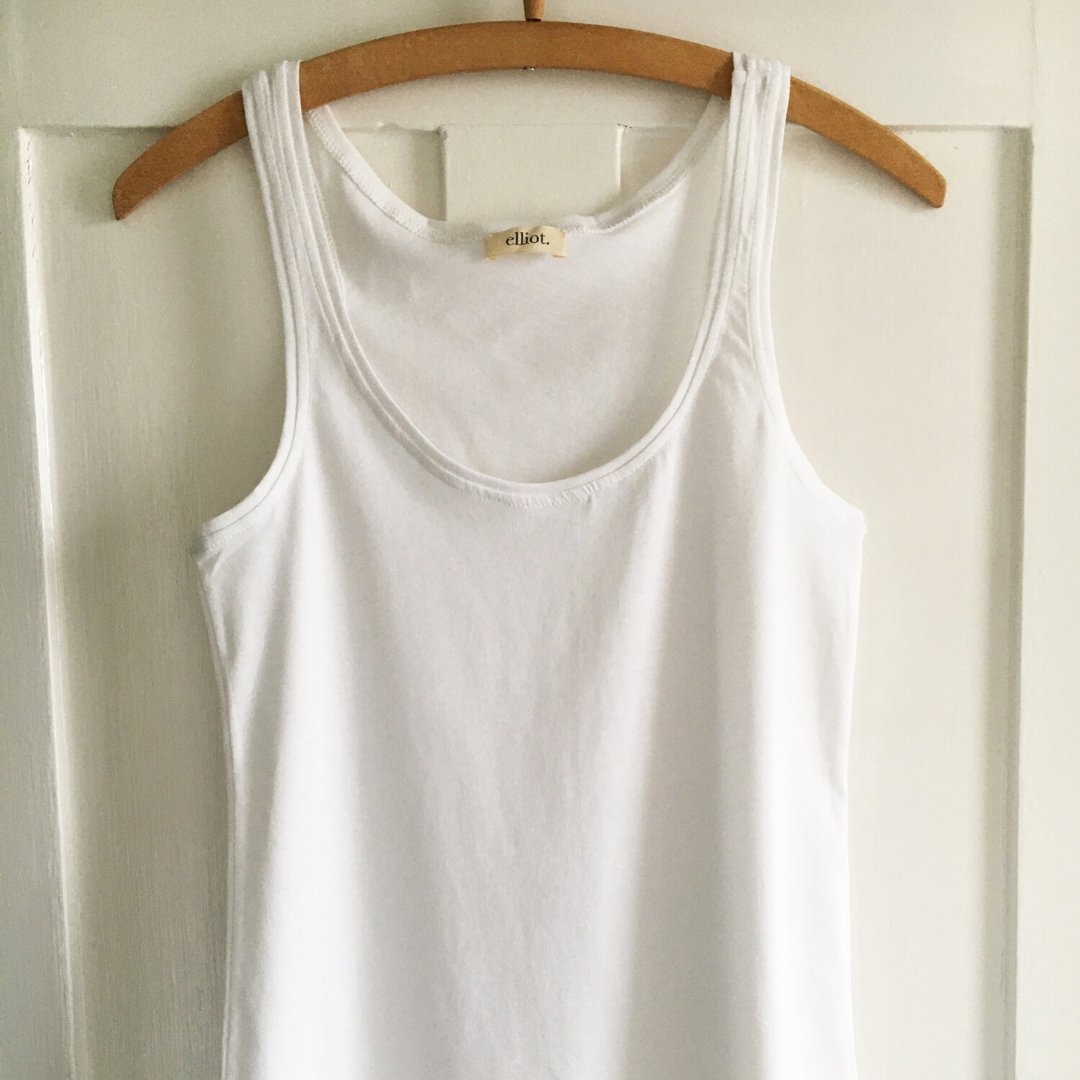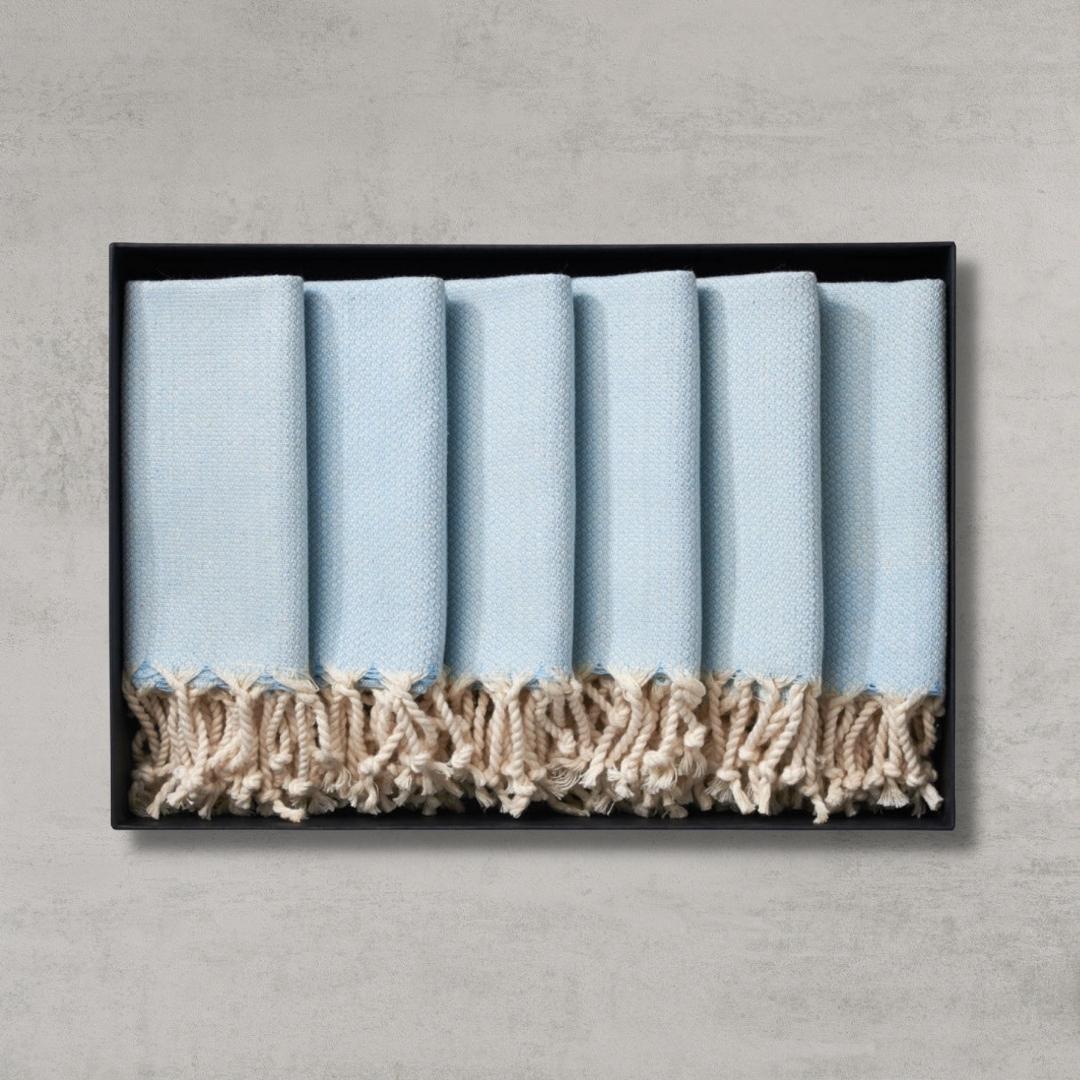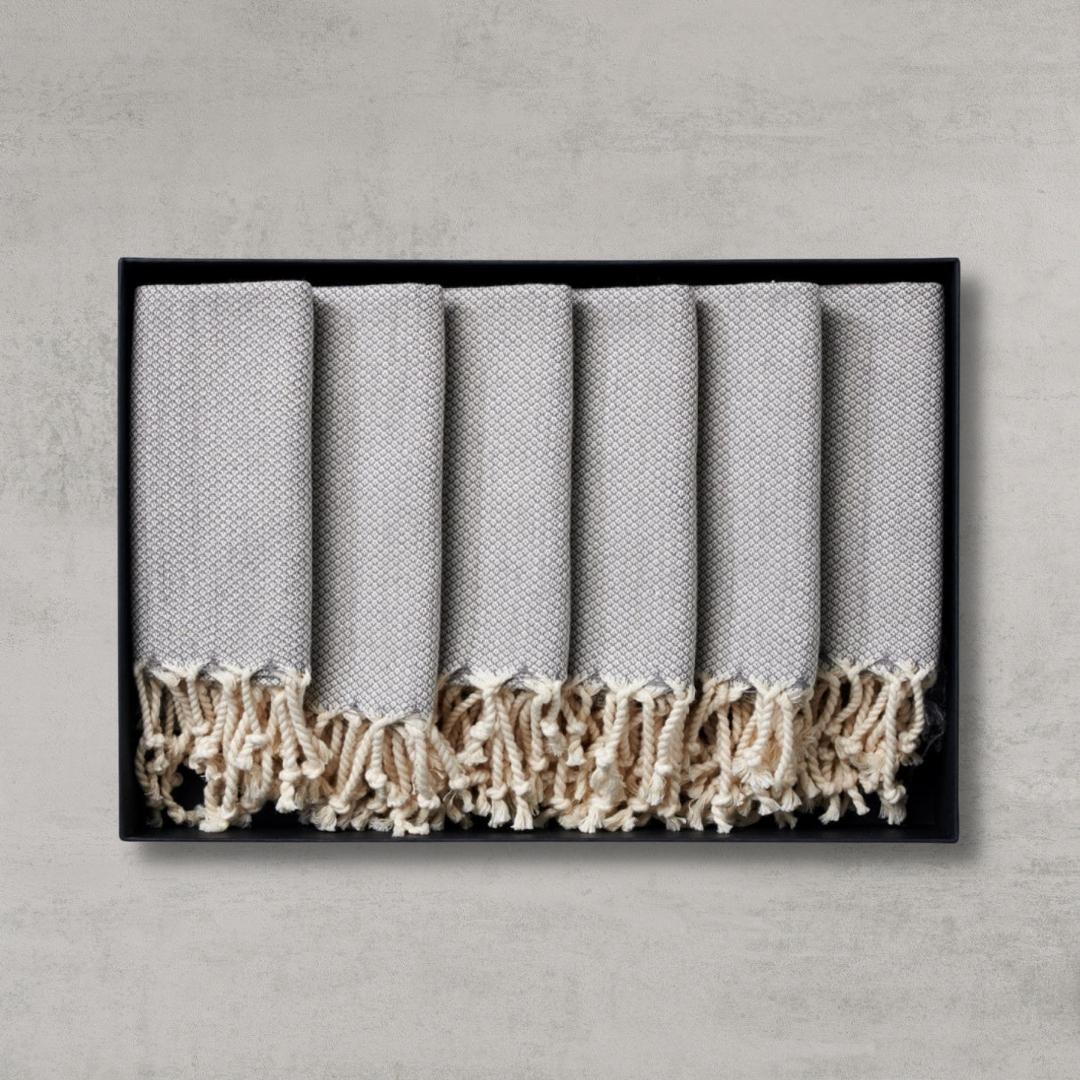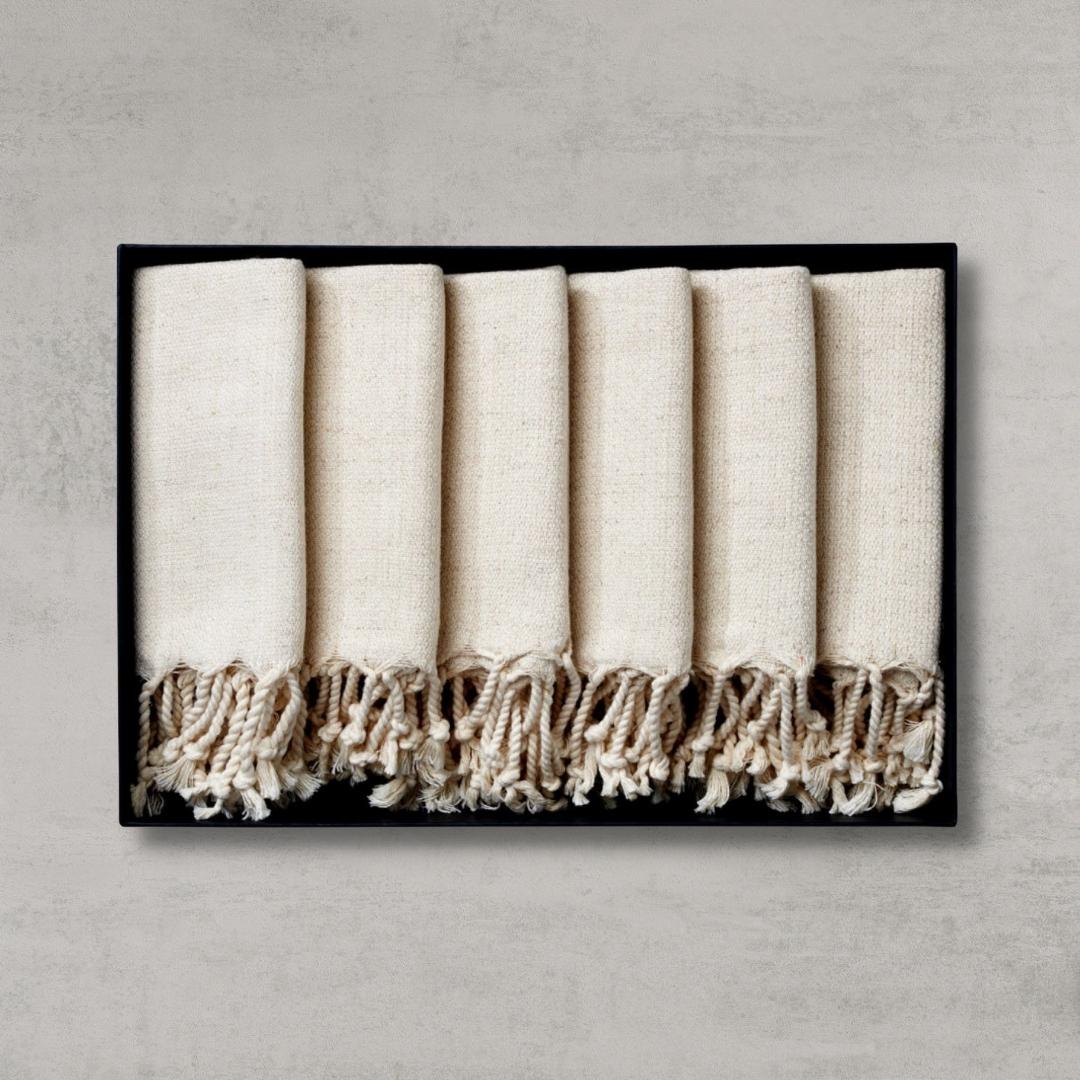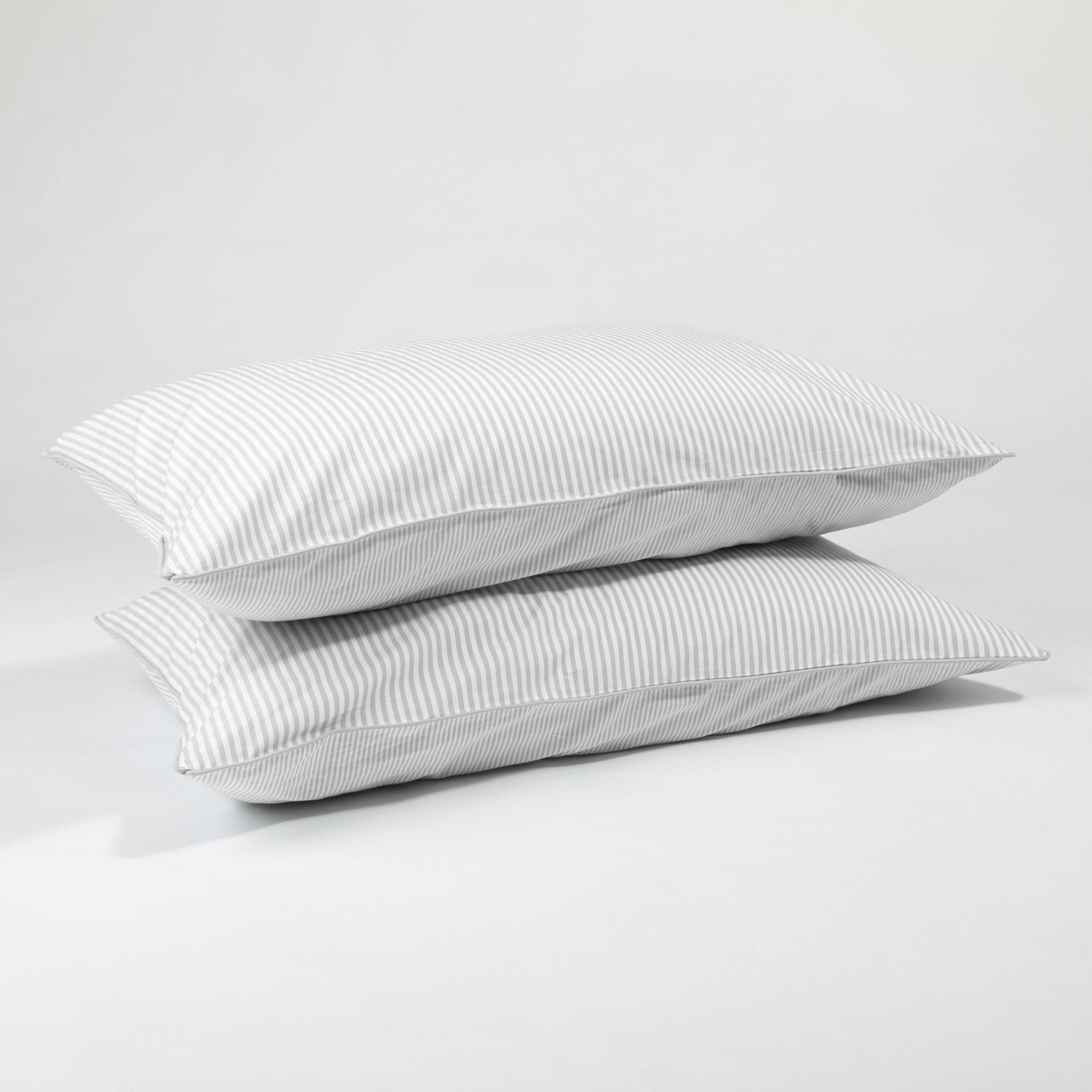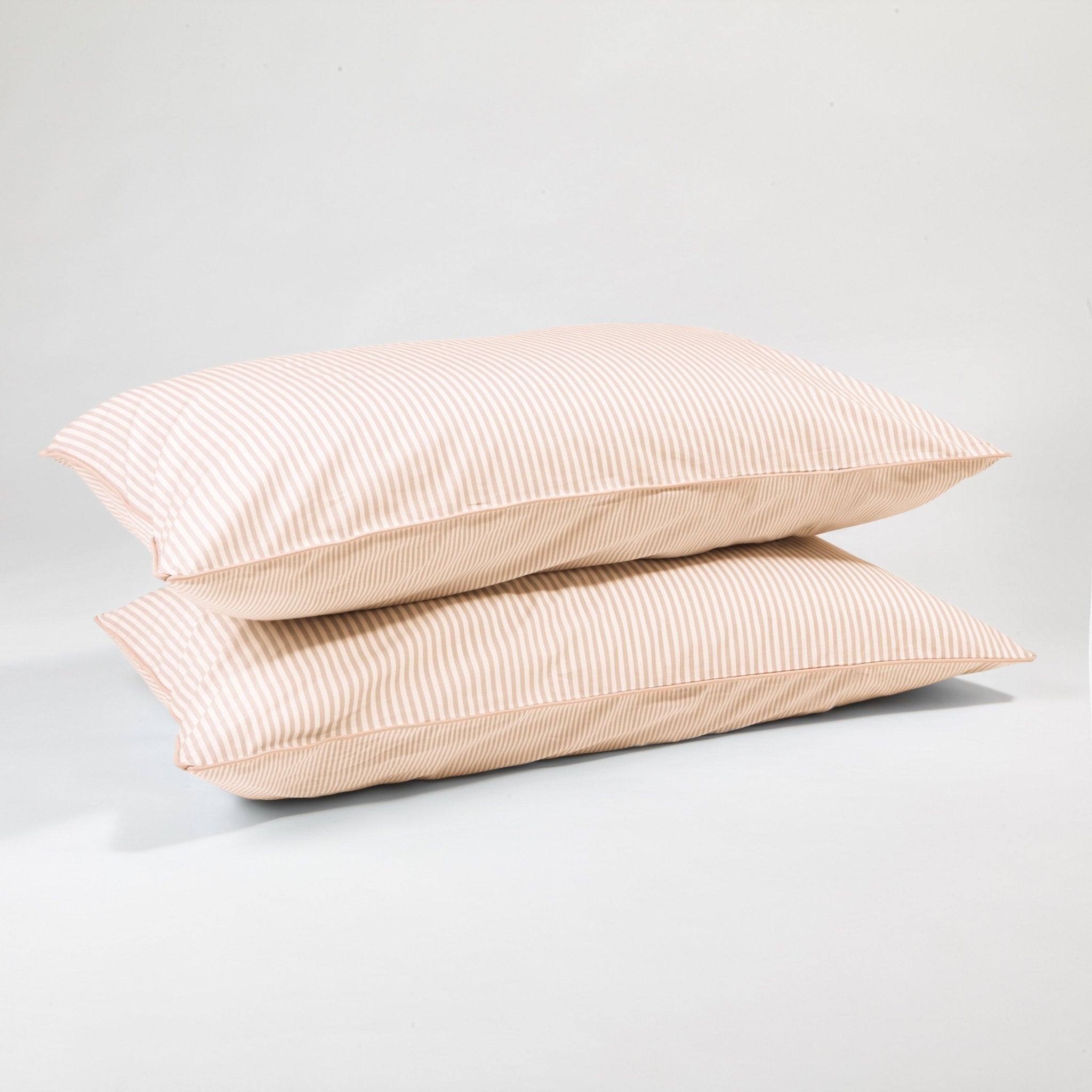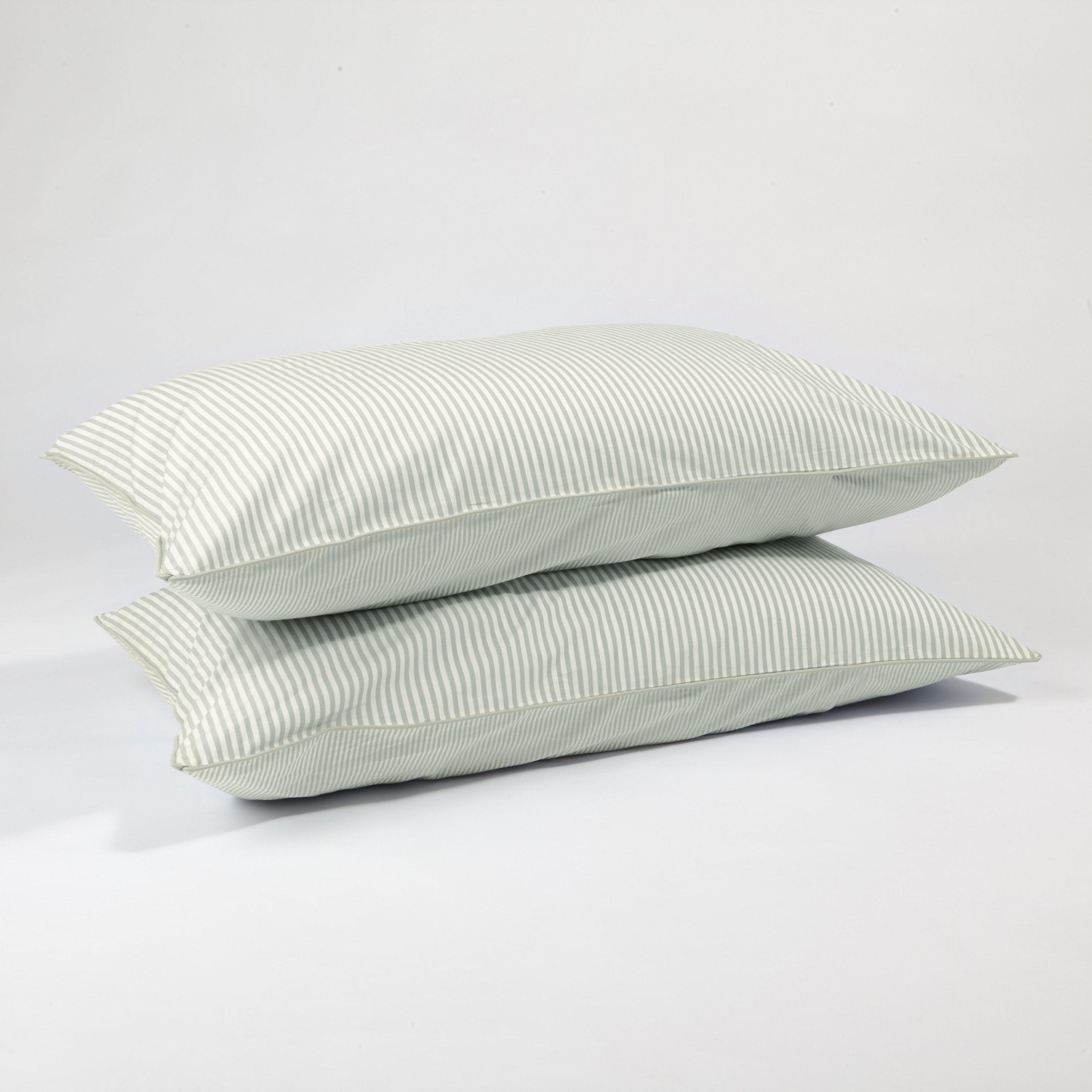The Cotton Collection
Soft, breathable staples made from 100% organic cotton. These are the kind of clothes you’ll wear on repeat – comfortable, well-made and built to last. The cotton’s grown without harsh chemicals, then spun into solid, everyday pieces that hold their shape and feel good on your skin. Gentle to wear, easy to care for, and made to go the distance.
Show next 28 items
Cotton Clothing FAQs
Why is 100% cotton so popular for everyday clothing?
100% cotton is popular for everyday clothing because it’s breathable, comfy, and gentle on skin. As a natural fibre, it regulates temperature well and doesn’t trap smells or microplastics like synthetics do. It’s easy to wash, durable, and comes in all sorts of weaves - from crisp poplin to cosy flannel. Many people love it simply for the feel: soft, familiar, and gets better with age. And when it’s grown organically, it’s kinder to the planet too. No wonder it’s a wardrobe staple.
Does organic cotton shrink in the wash?
Yes, organic cotton can shrink a little after its first wash, just like regular cotton. Most high-quality organic cotton clothing is pre-washed to help with this, but always check the label. To avoid shrinking it to a size fit for a squirrel, wash in cool water and air-dry. Organic cotton behaves much like standard cotton but is grown without harmful chemicals. If the fabric’s good quality, it should hold its shape well over time.
How do I care for and maintain pure cotton garments?
To care for pure cotton garments, wash them on a gentle, cool cycle and dry them flat or on a line. Turn items inside out to reduce fading, and avoid the tumble dryer unless the label gives the green light. If they need ironing, a bit of dampness helps. You can find more tips in our blog on how to make your clothes last longer. Keep an eye on worn areas, and mend bits before they become big faffs. Treated well, cotton earns its keep.
Is cotton clothing better for the environment than synthetic fabrics?
Cotton clothing, especially organic, is often better for the environment than synthetic fabrics. It’s natural, biodegradable, and doesn’t release microplastics when washed. Organic cotton goes a step further, using less water and fewer toxic chemicals. But no fabric is completely impact-free - cotton still needs land and energy to produce. That’s why buying long-lasting cotton made responsibly, looking after it, and wearing it often is the most sustainable way forward.
What are the longest-lasting cotton clothing options?
The longest-lasting cotton clothing uses heavyweight or tightly woven fabrics like denim, twill, or canvas. These weaves stand up well to daily wear and keep their shape. Look for quality organic cotton pieces with reinforced stitching or a repair-friendly design. Hardwearing items like jeans or durable outerwear often come with repair services or lifetime guarantees. For hardy picks, explore our durable women's clothing or durable men's clothing collections, or peek at our research process page.
Can cotton clothing be recycled after use?
Yes, cotton clothing can be recycled, as long as it’s not heavily blended with synthetics. Garments made from 100% cotton are easier to process into new textiles or insulation. Some brands now offer take-back schemes, too. If your piece is still in good nick, resale or donation helps keep it in use. And when it’s truly past repair, cotton can even be composted - in a home bin if it’s not dyed or finished with nasties.
Is quilting cotton suitable for making clothes?
Quilting cotton isn’t usually the top choice for clothing. While it’s 100% cotton, the weave is often stiff and structured - great for patchwork, less so for drapey, comfy clothes. That said, it can work for shirts or dresses where a crisp finish is wanted, particularly in children's wear. Just bear in mind it may feel a bit rigid and wrinkle-prone. For a softer, more wearable result, go for apparel-friendly cottons like poplin, jersey, or twill.


